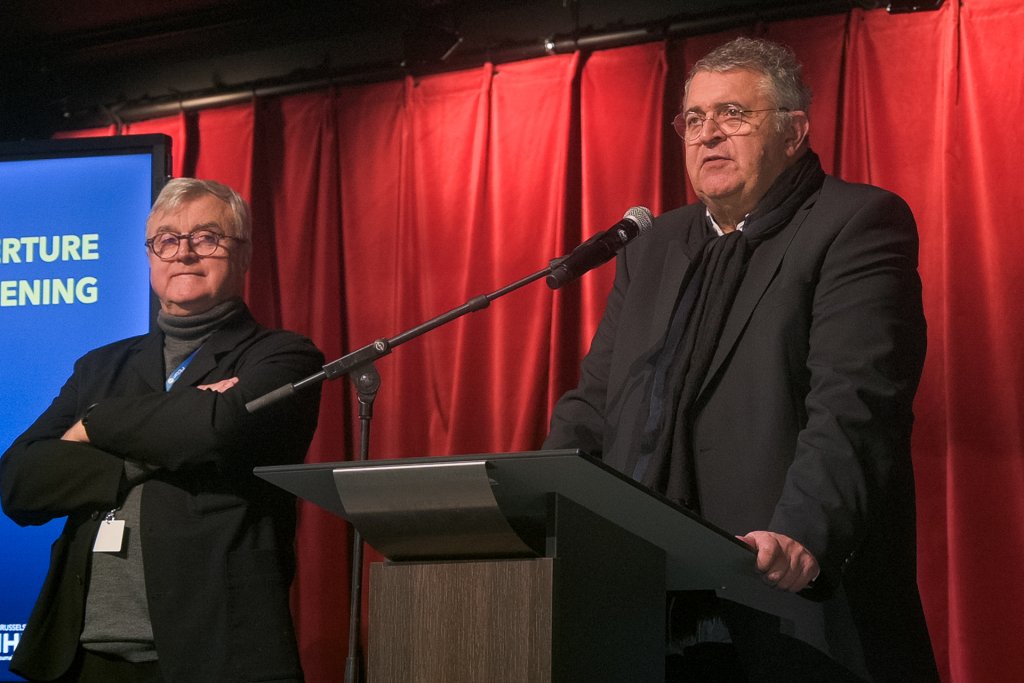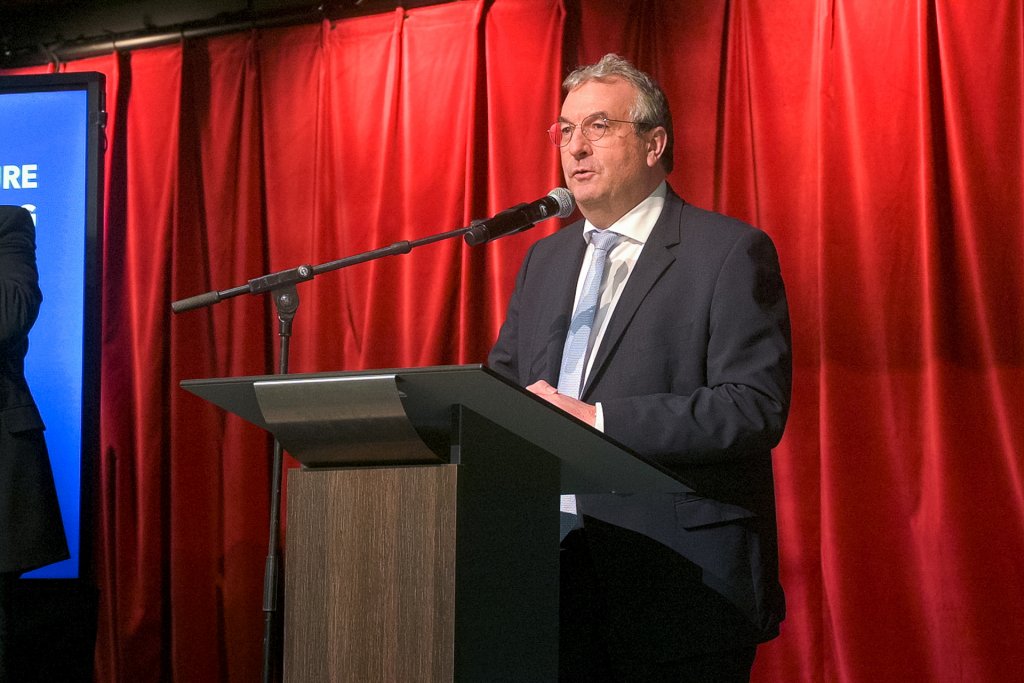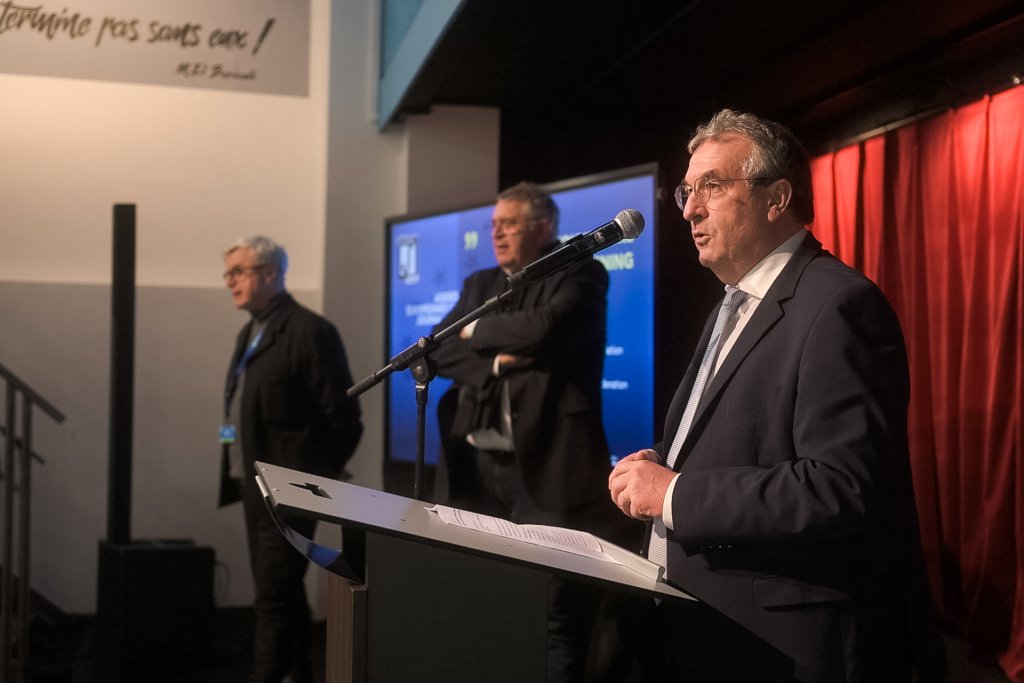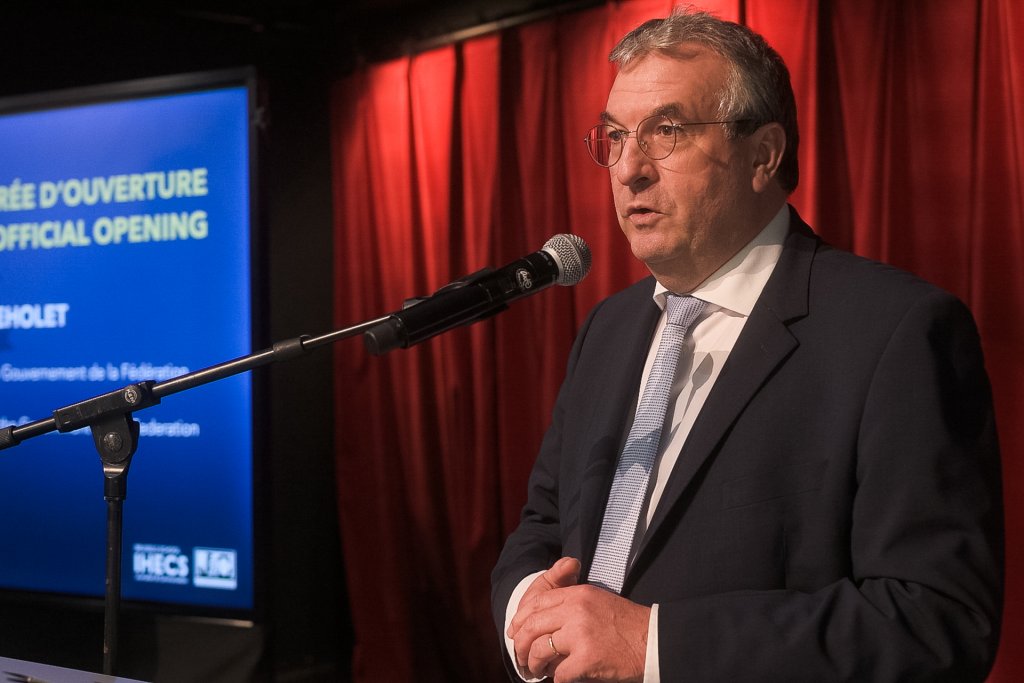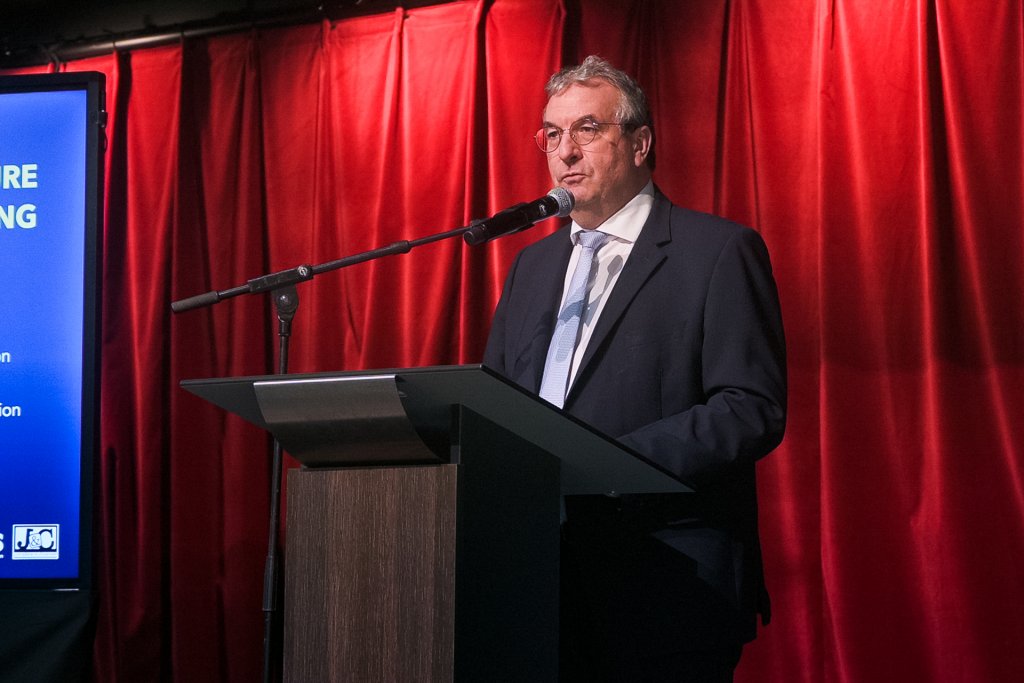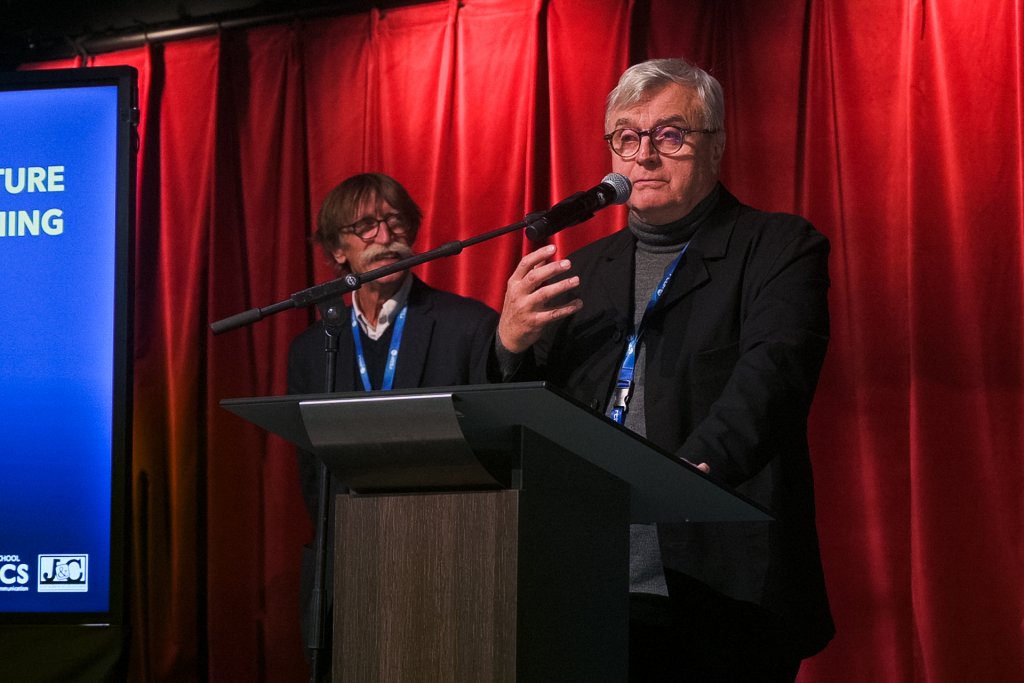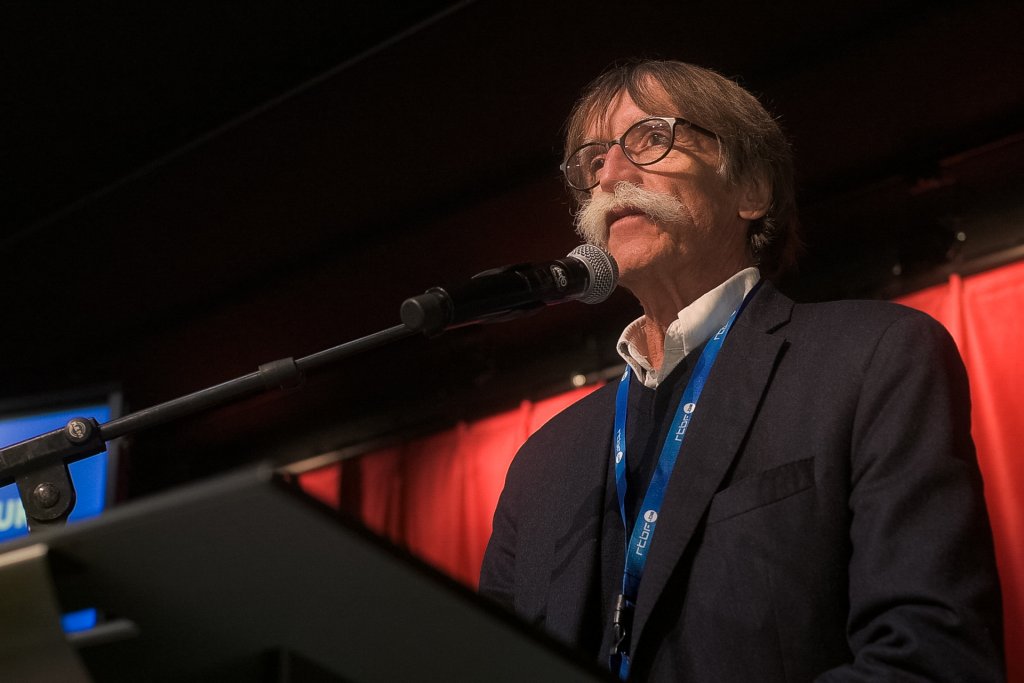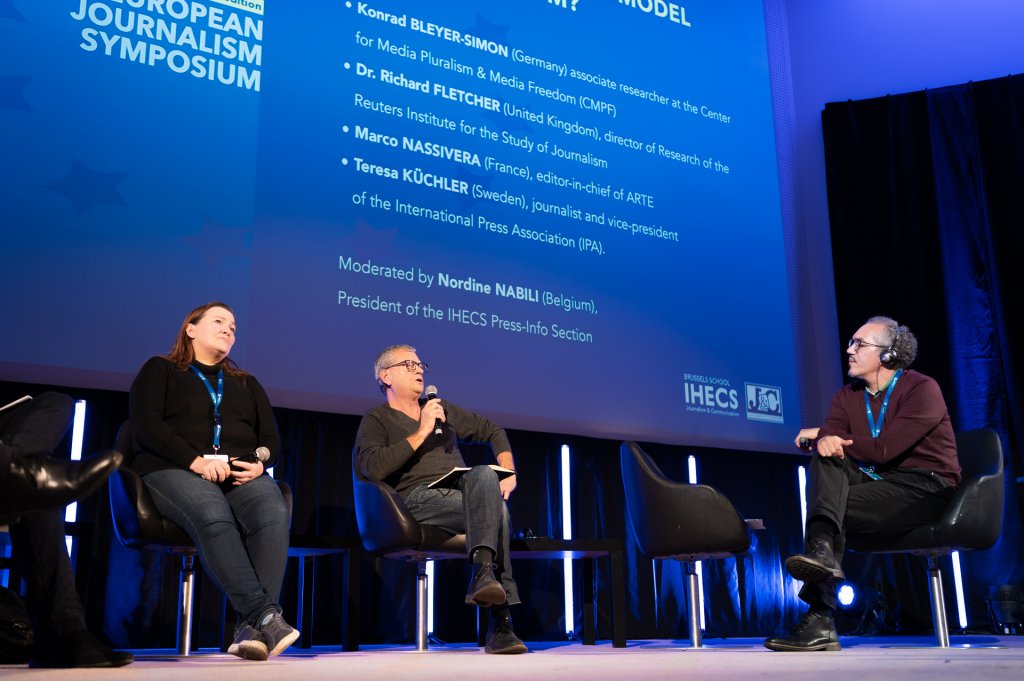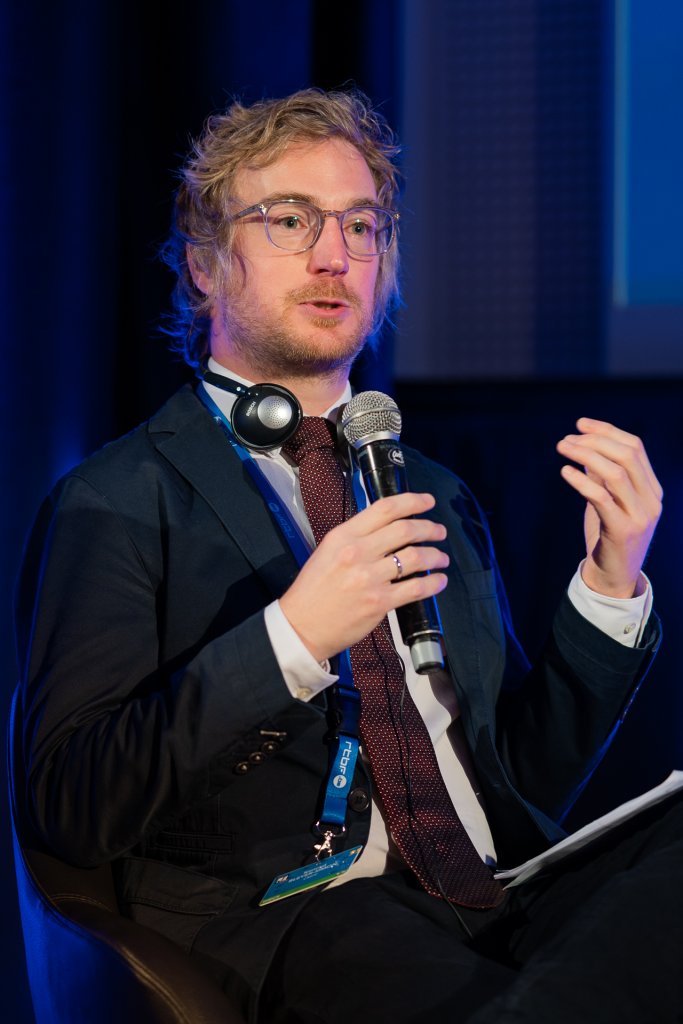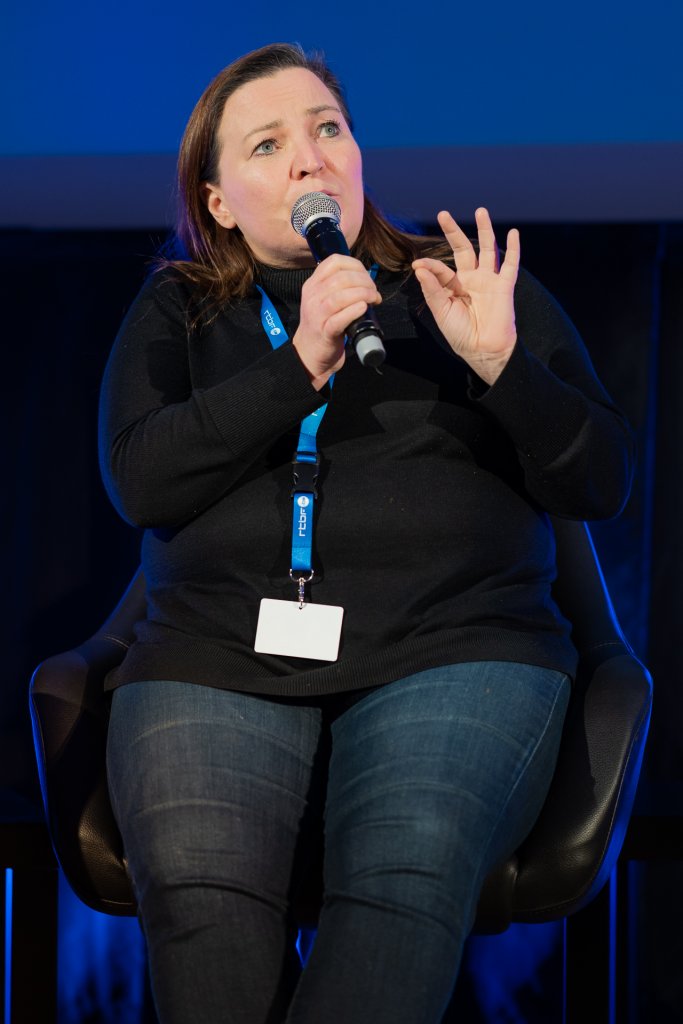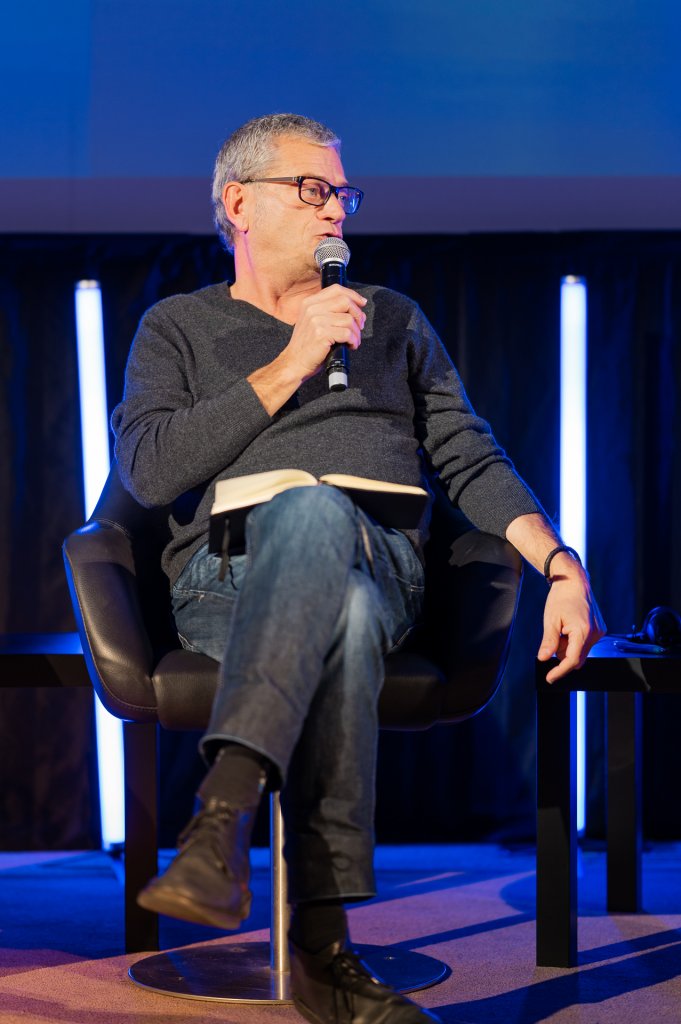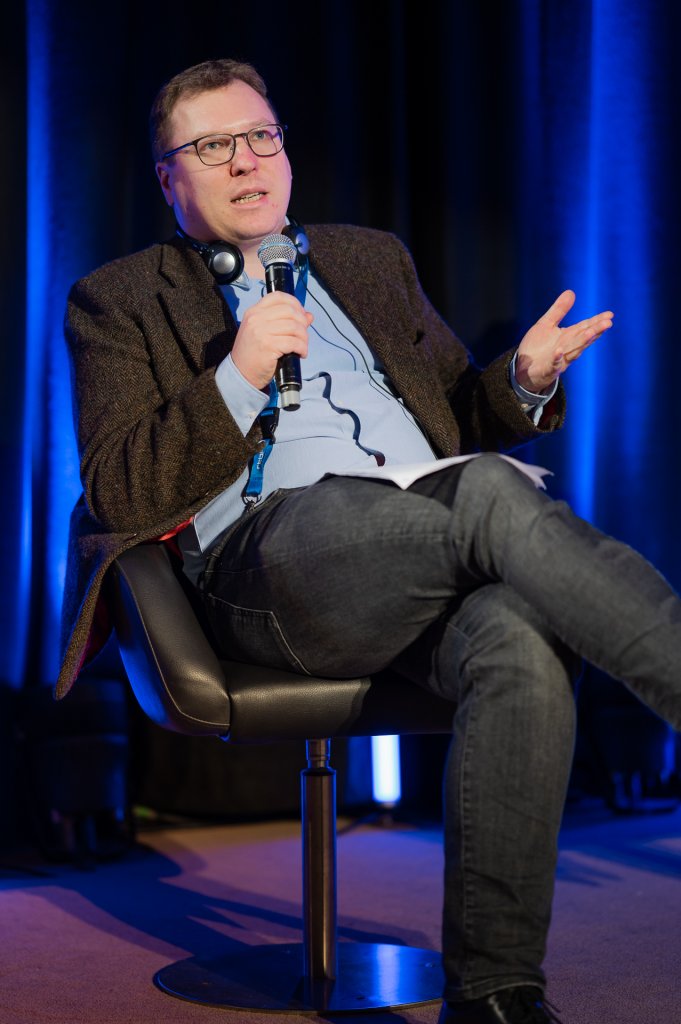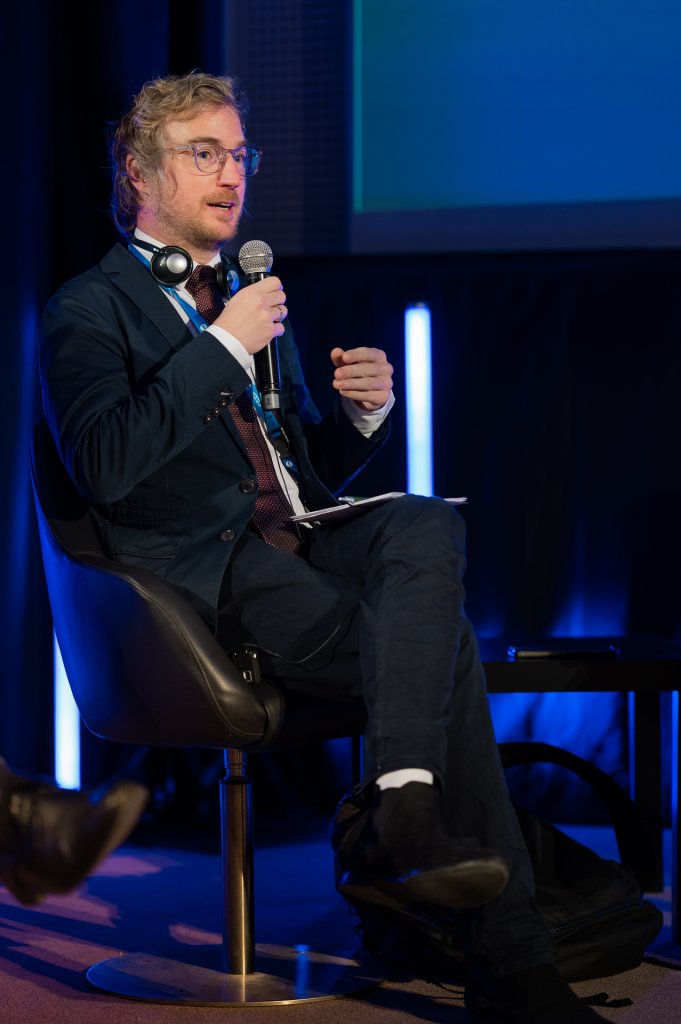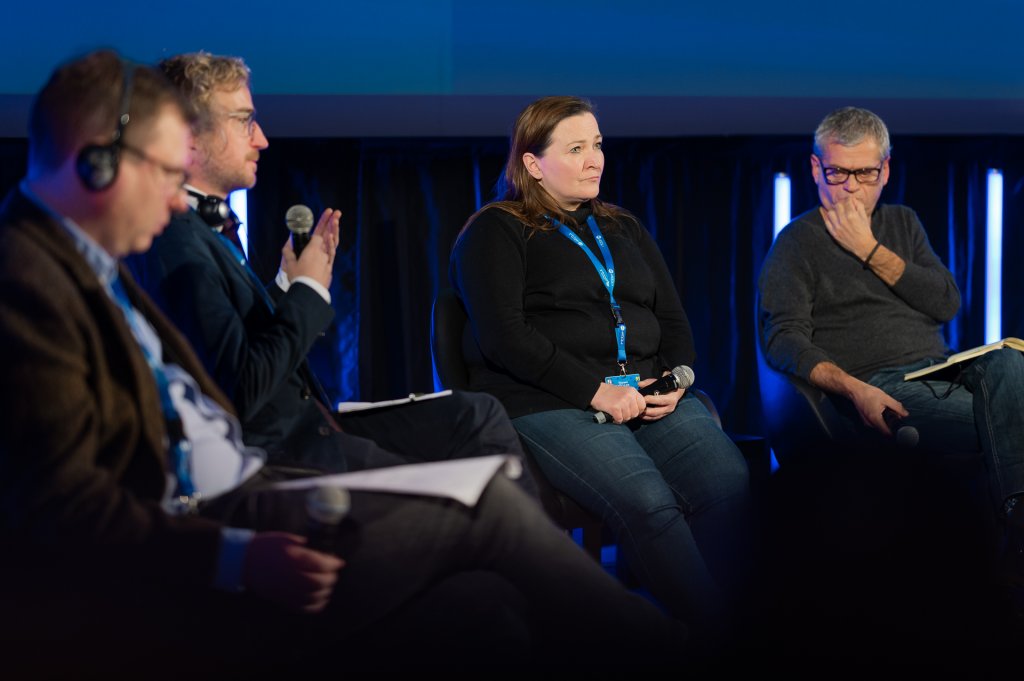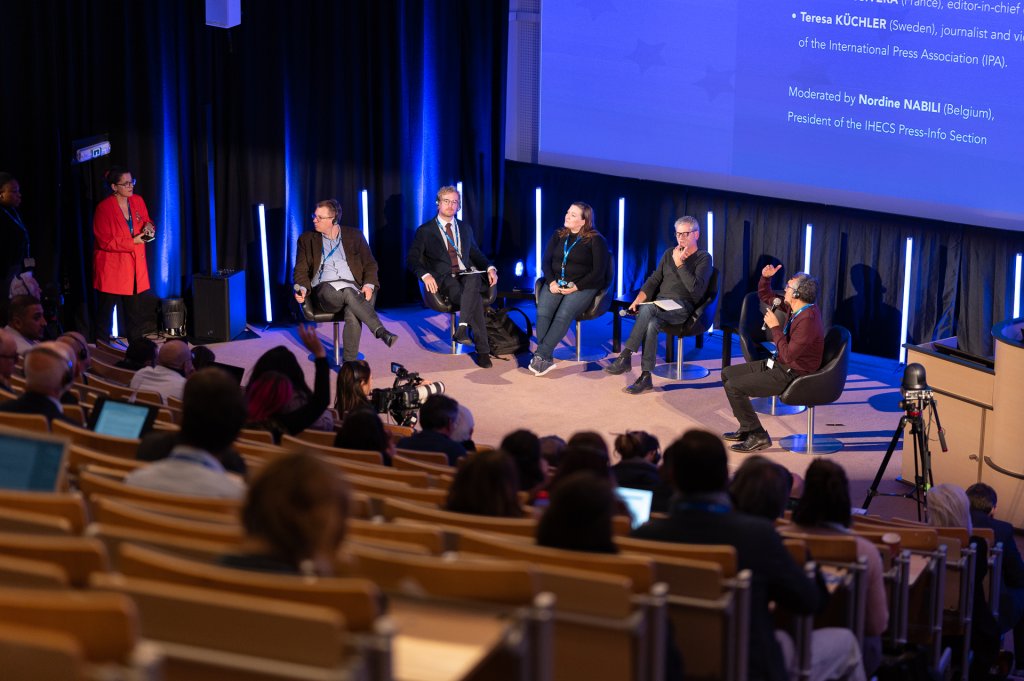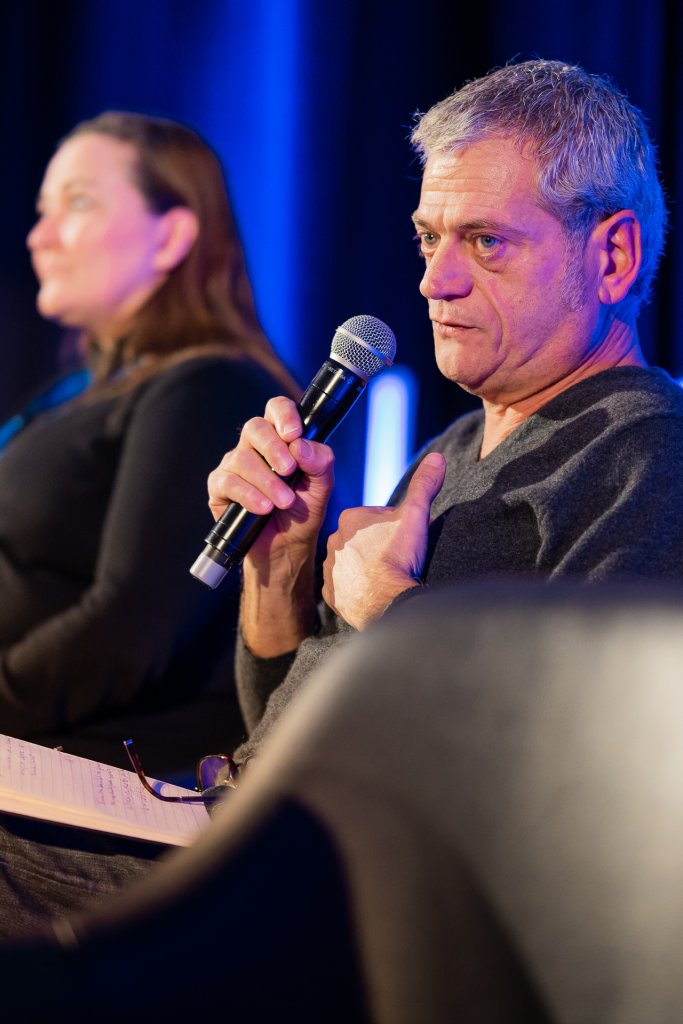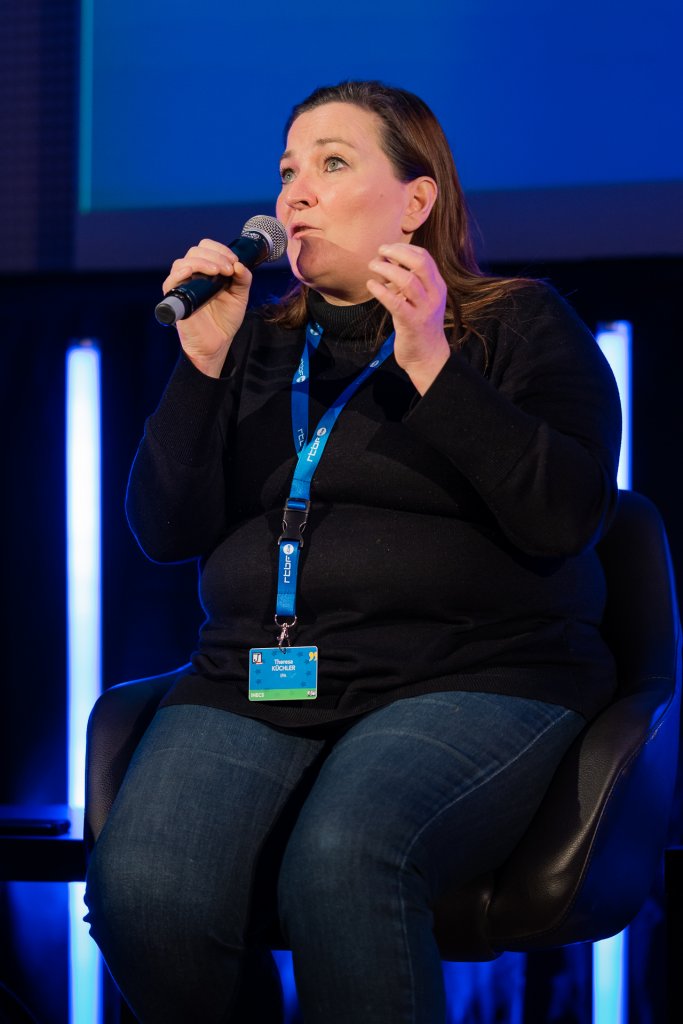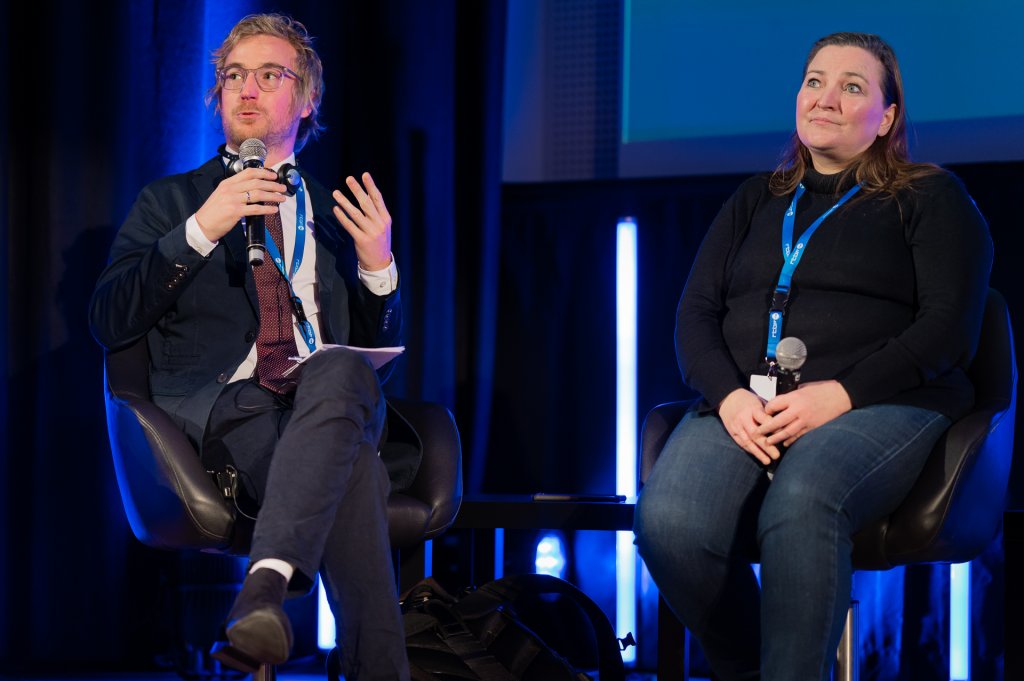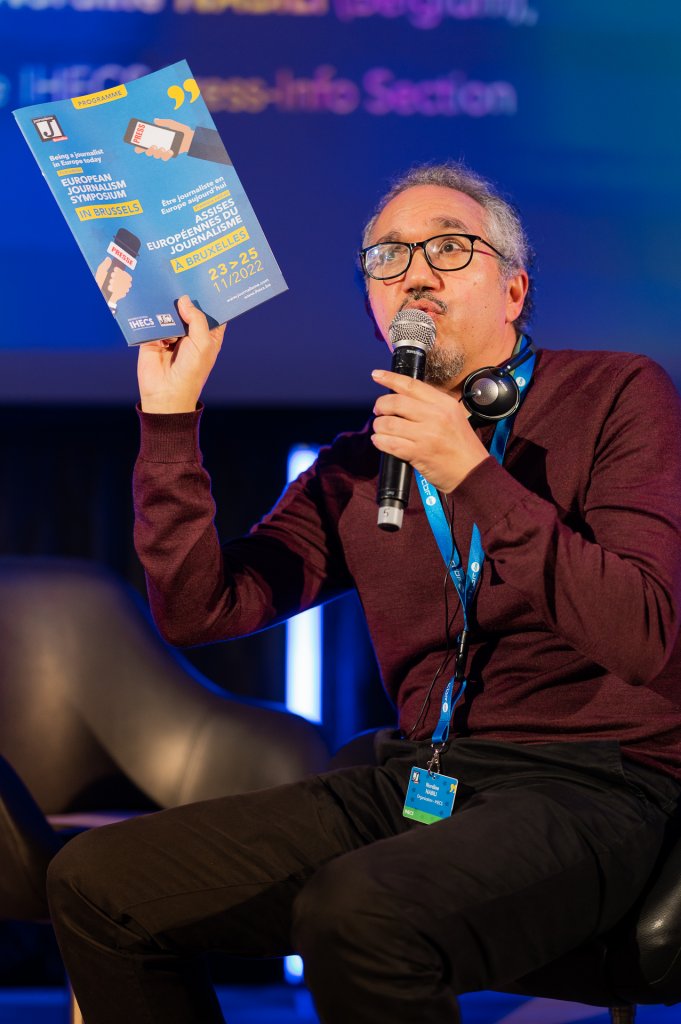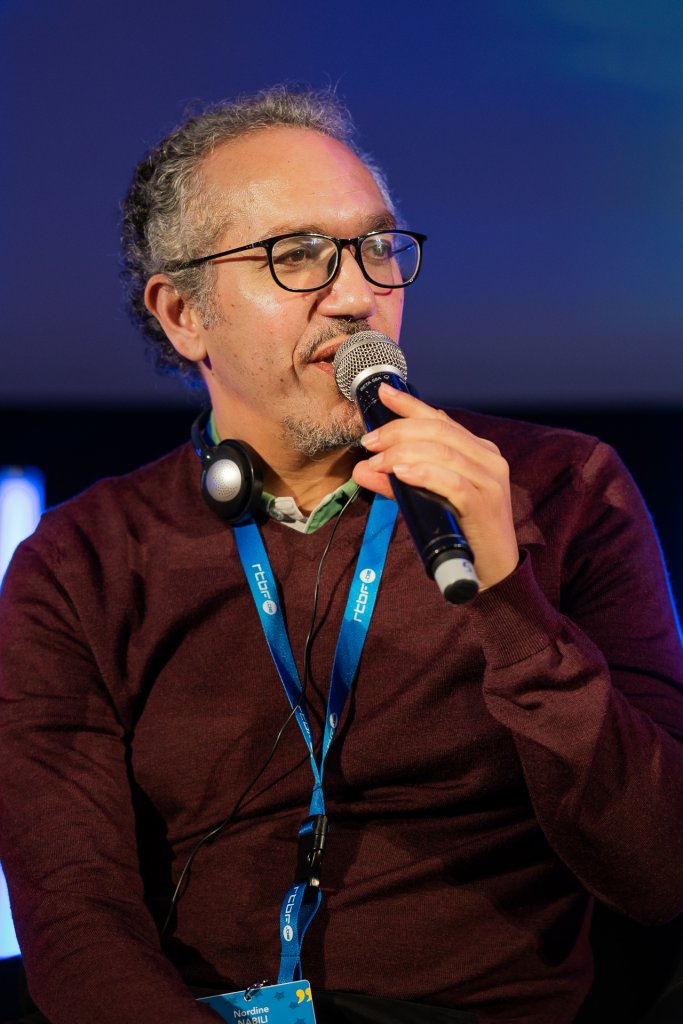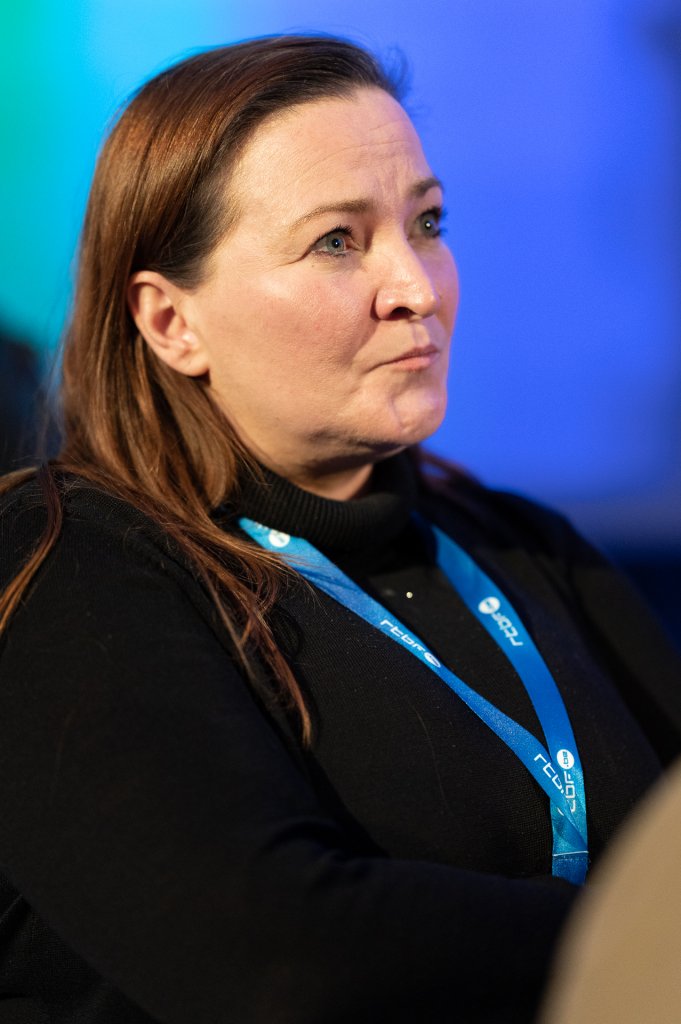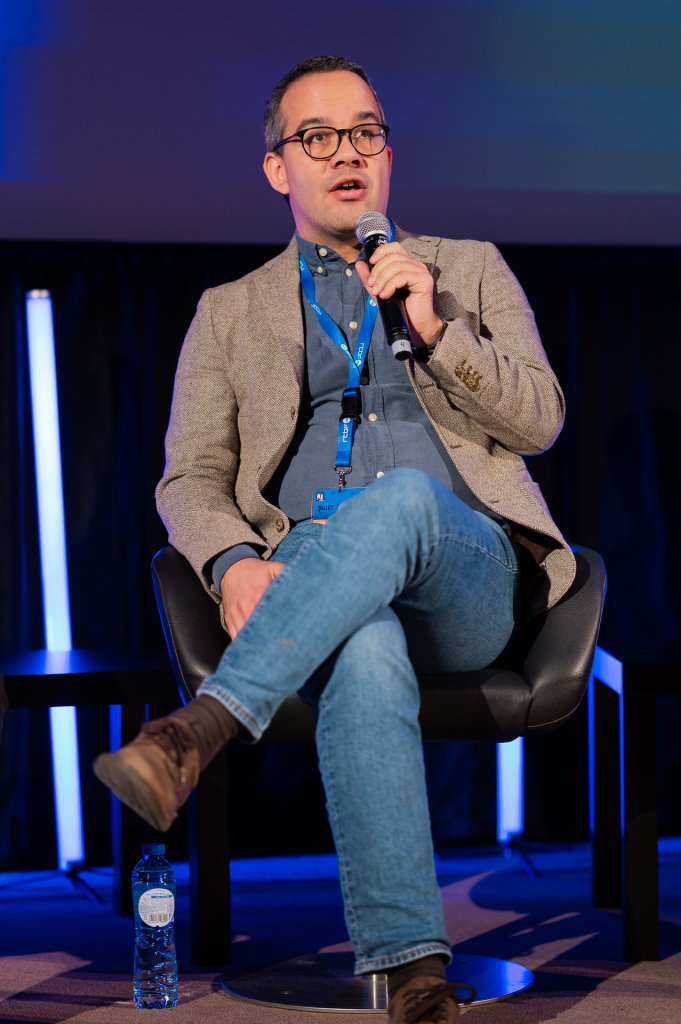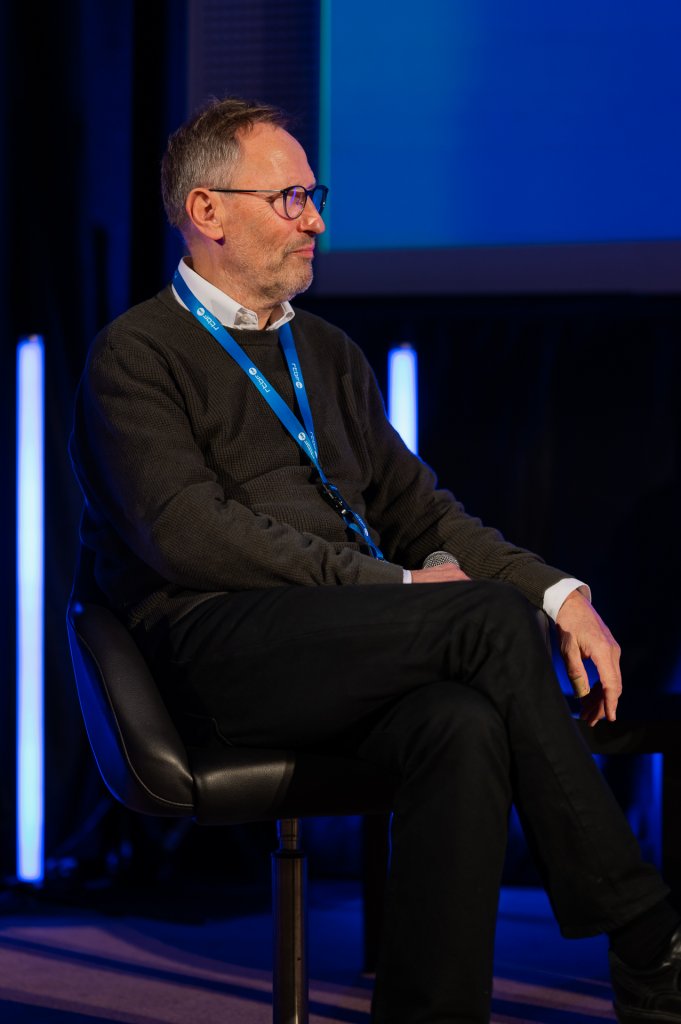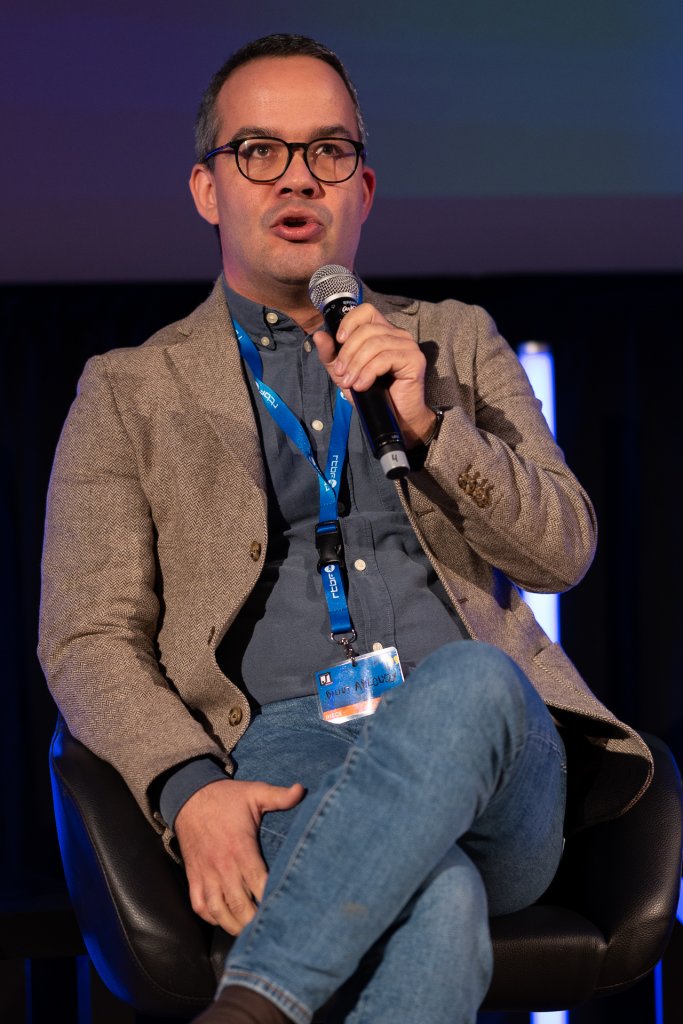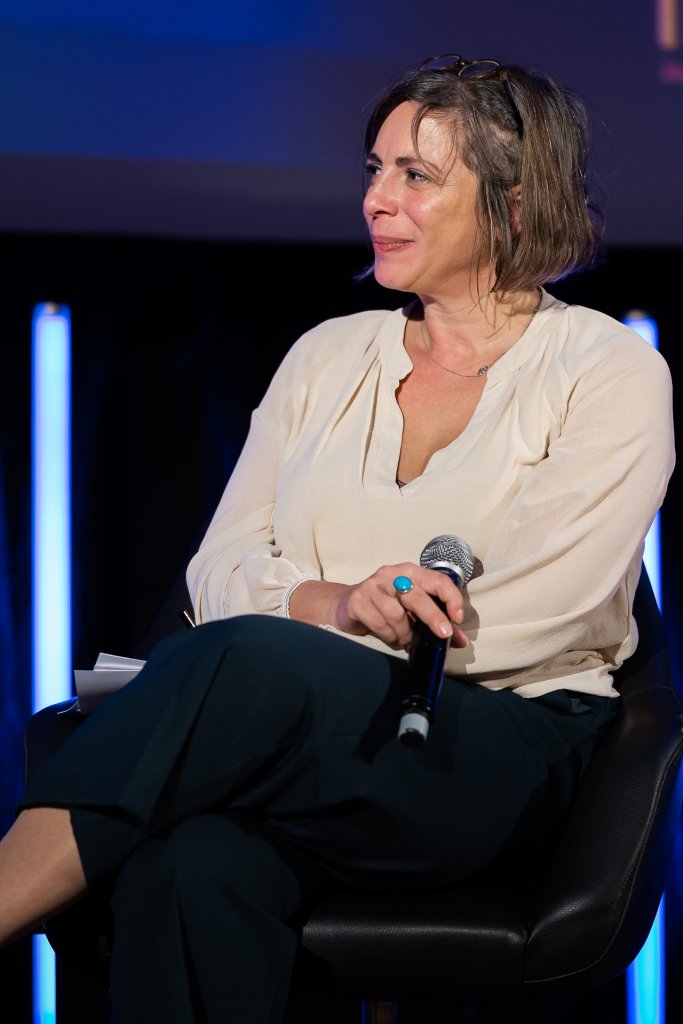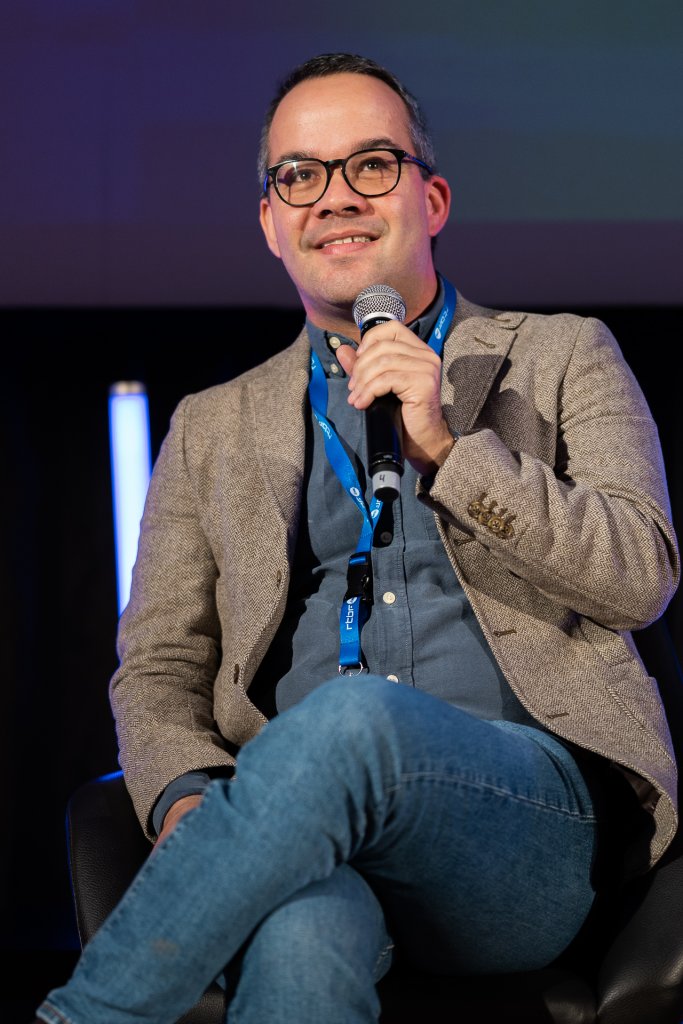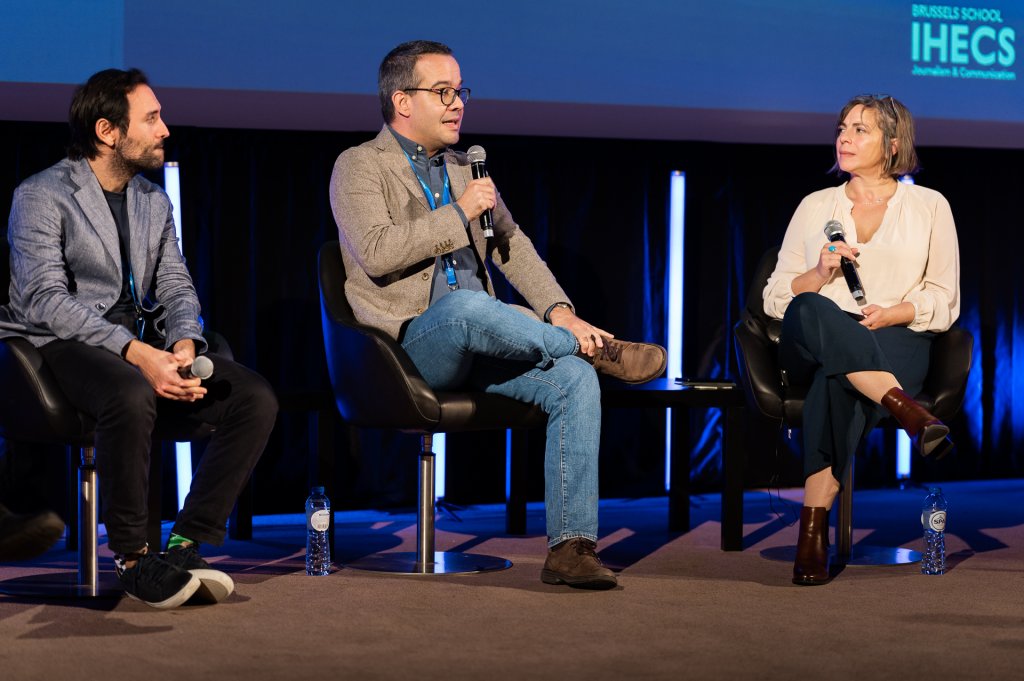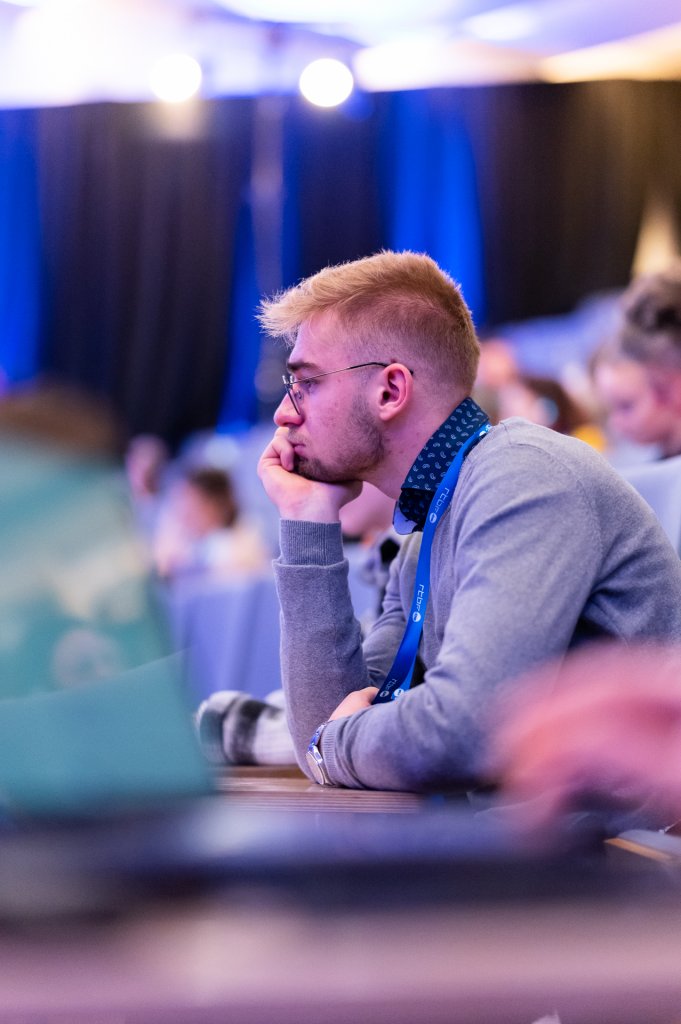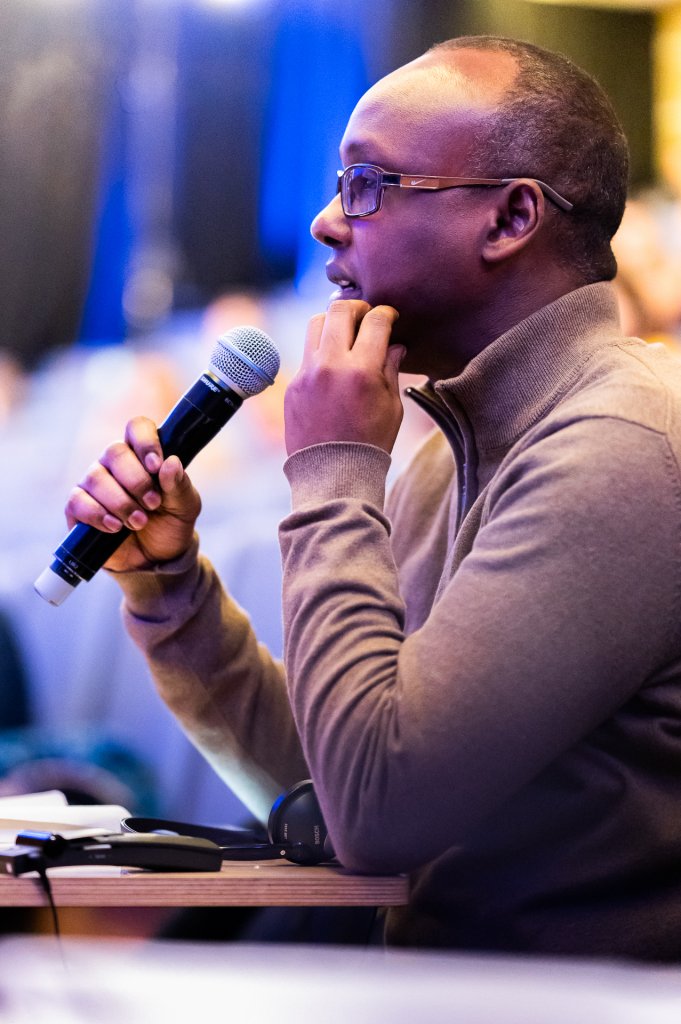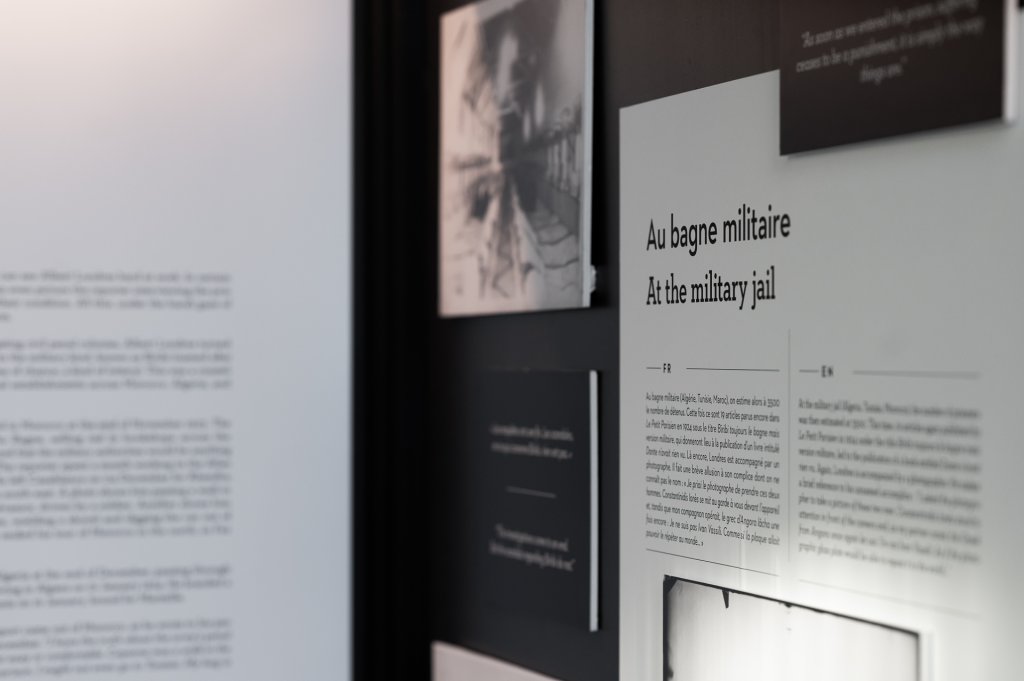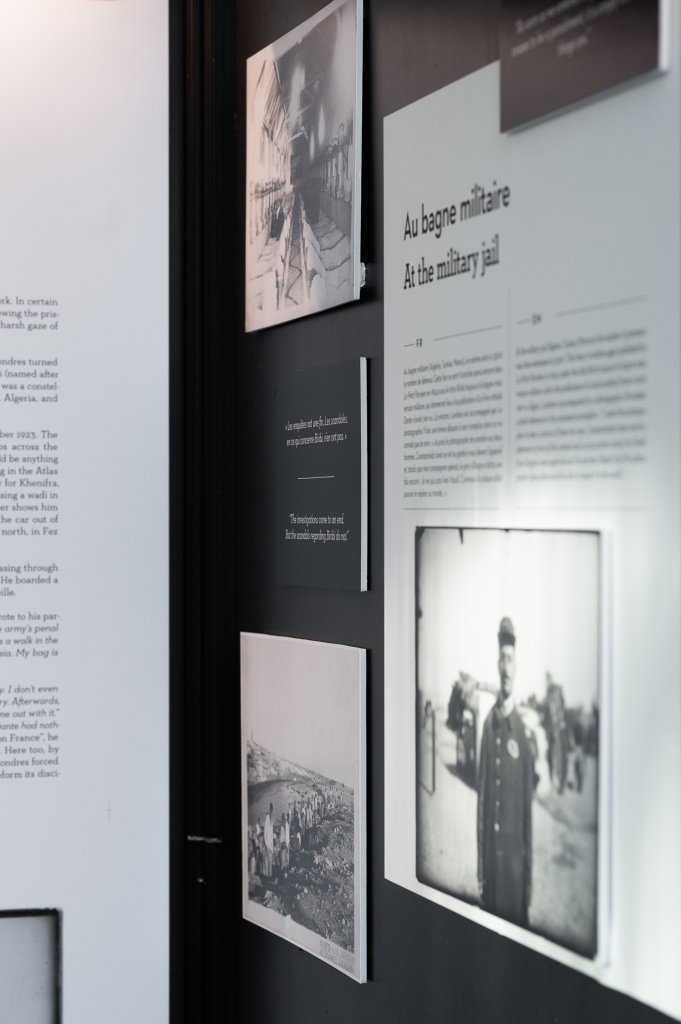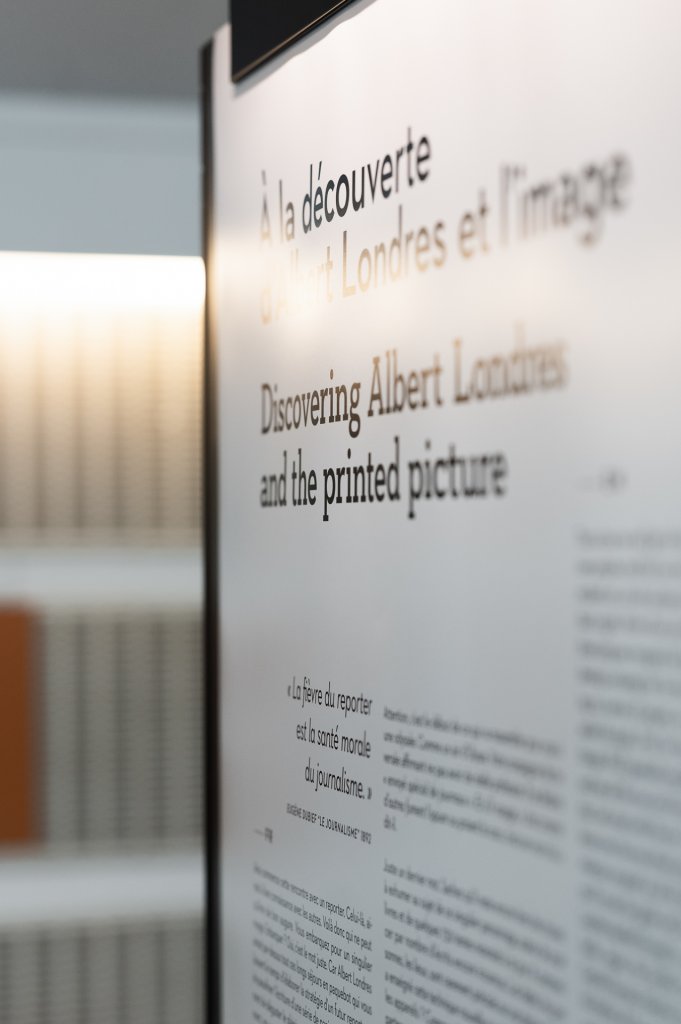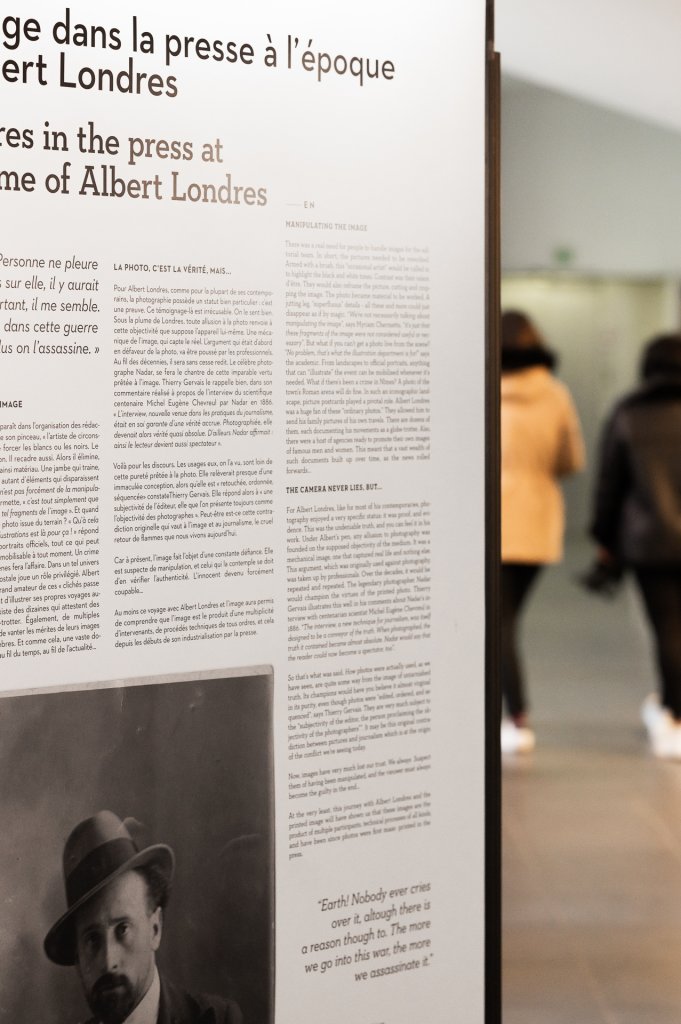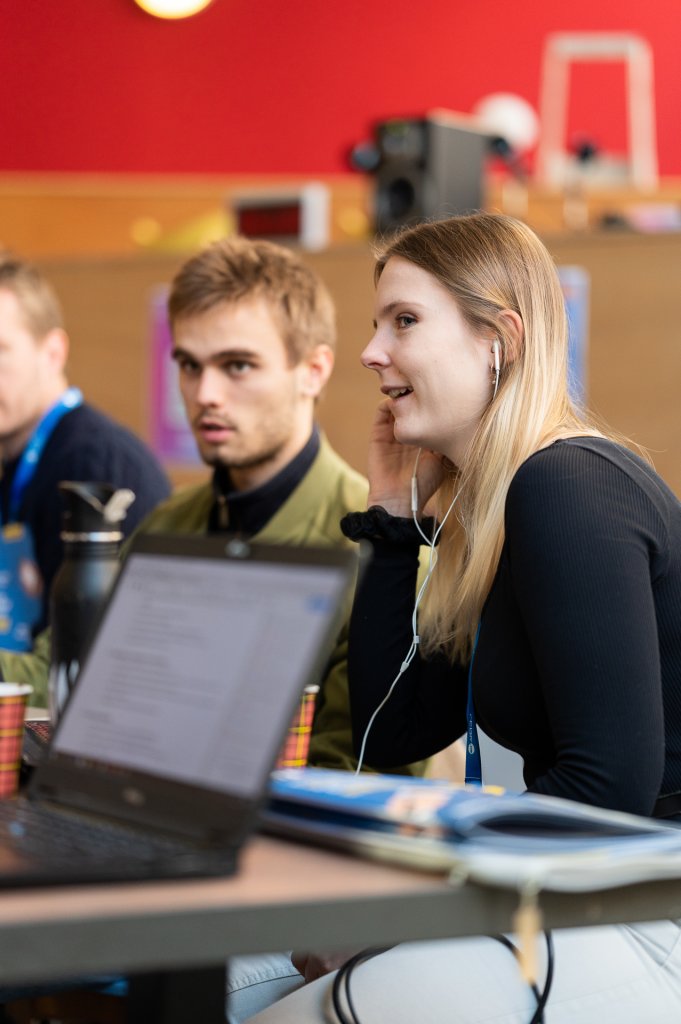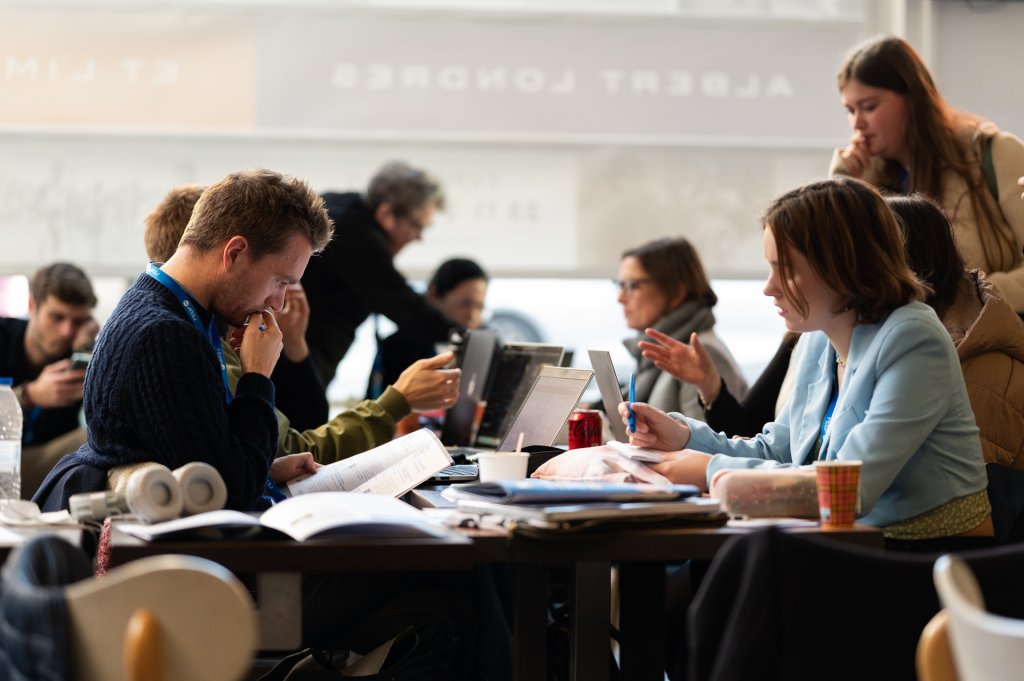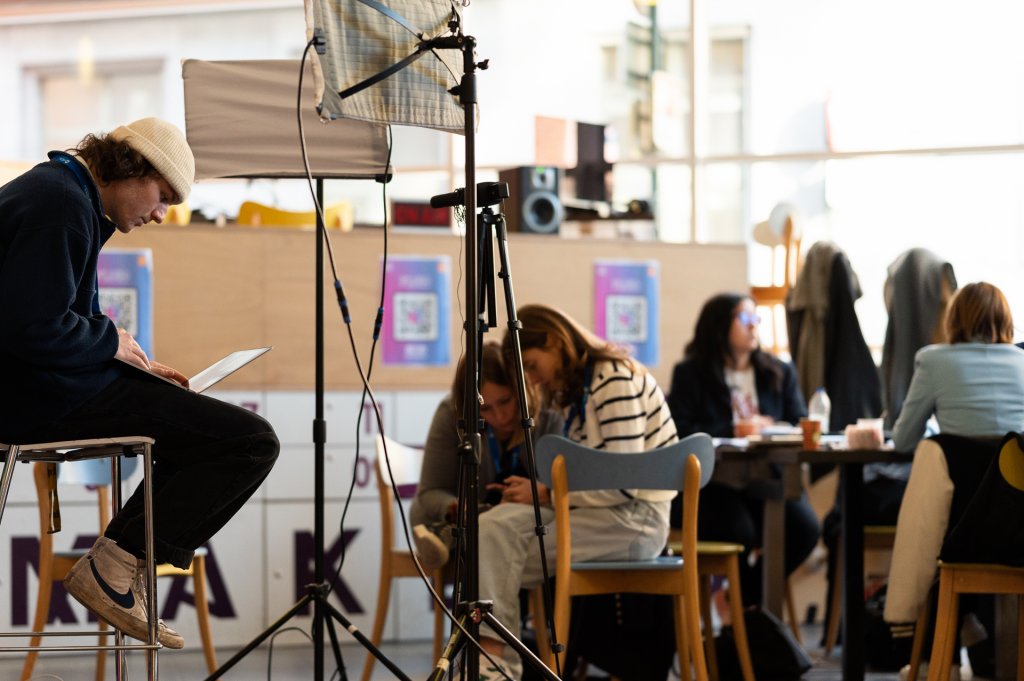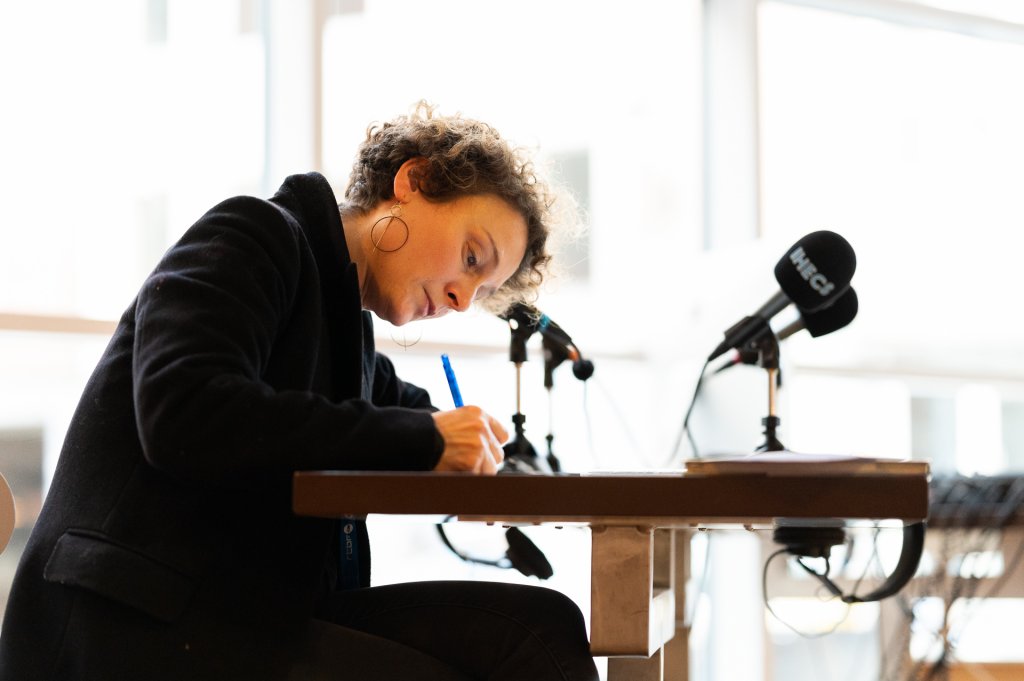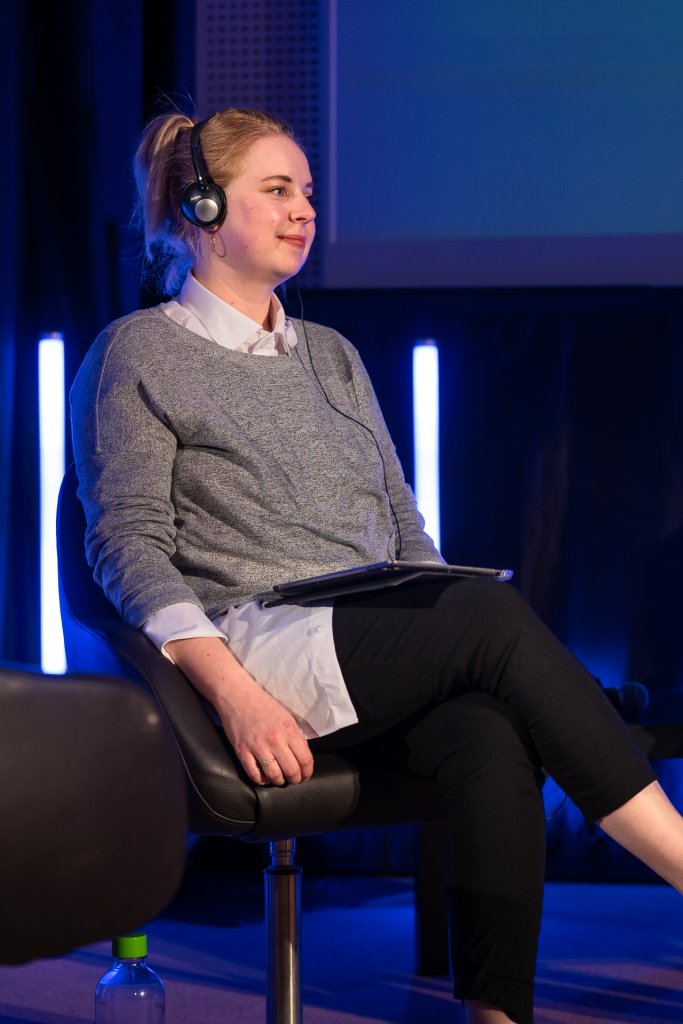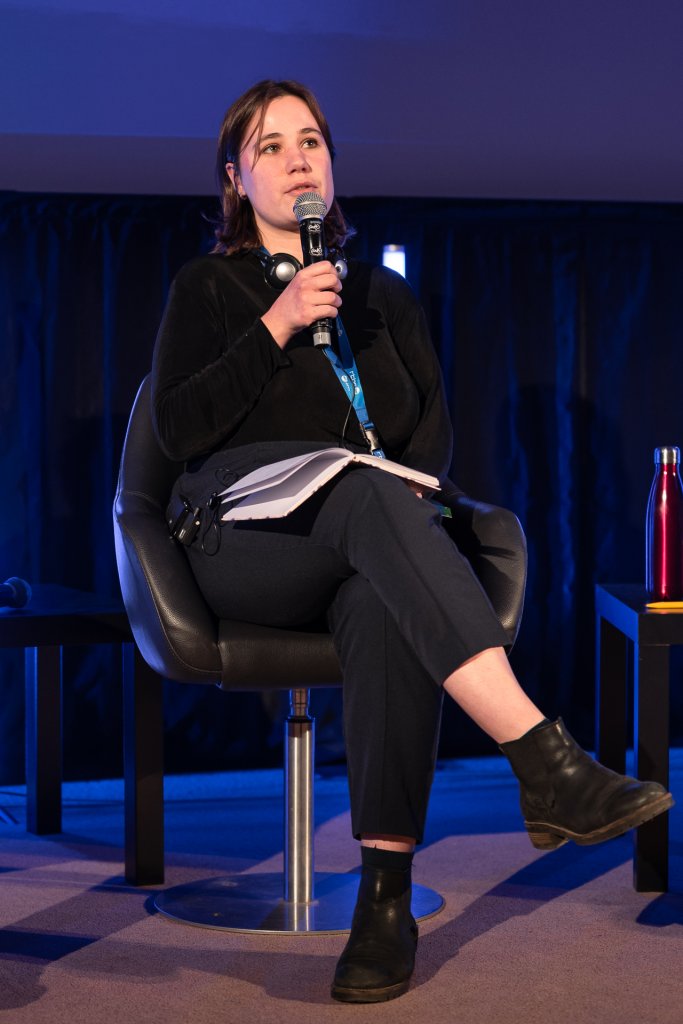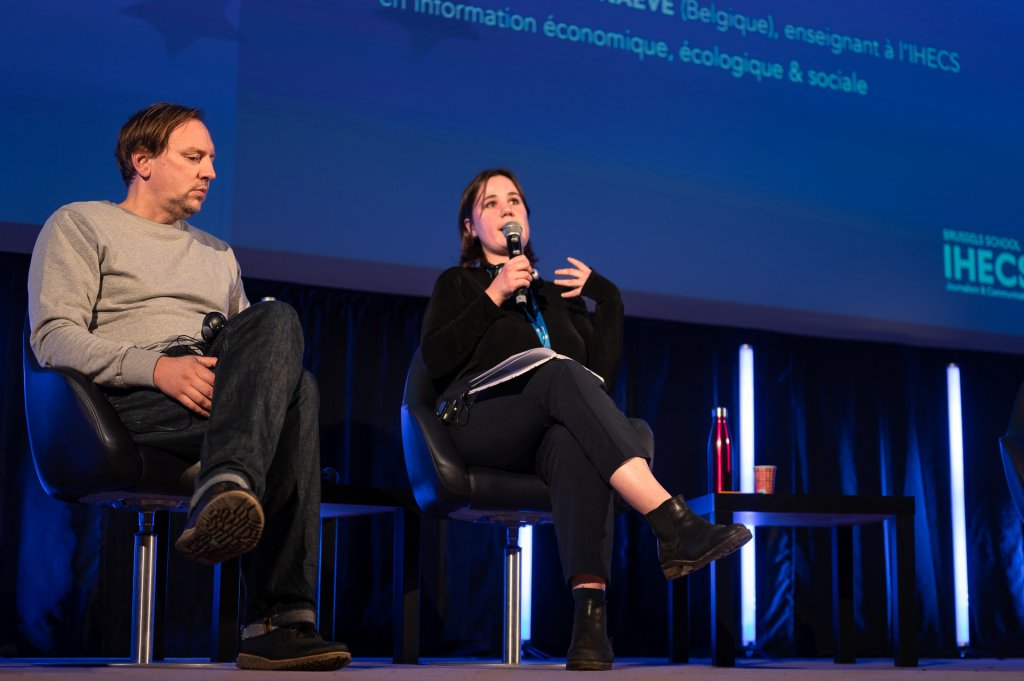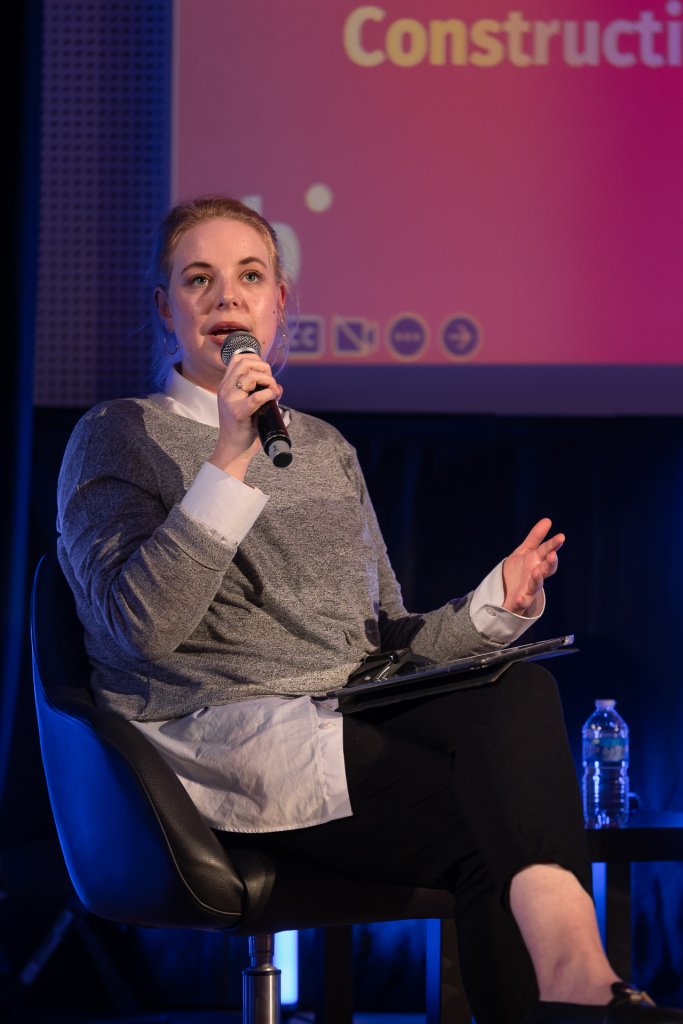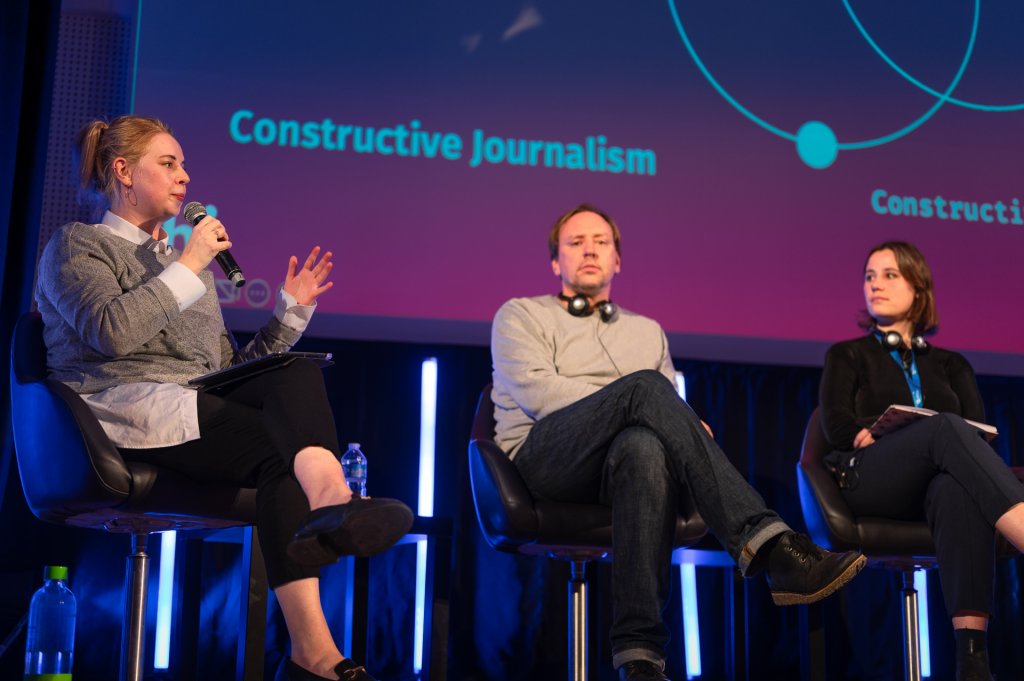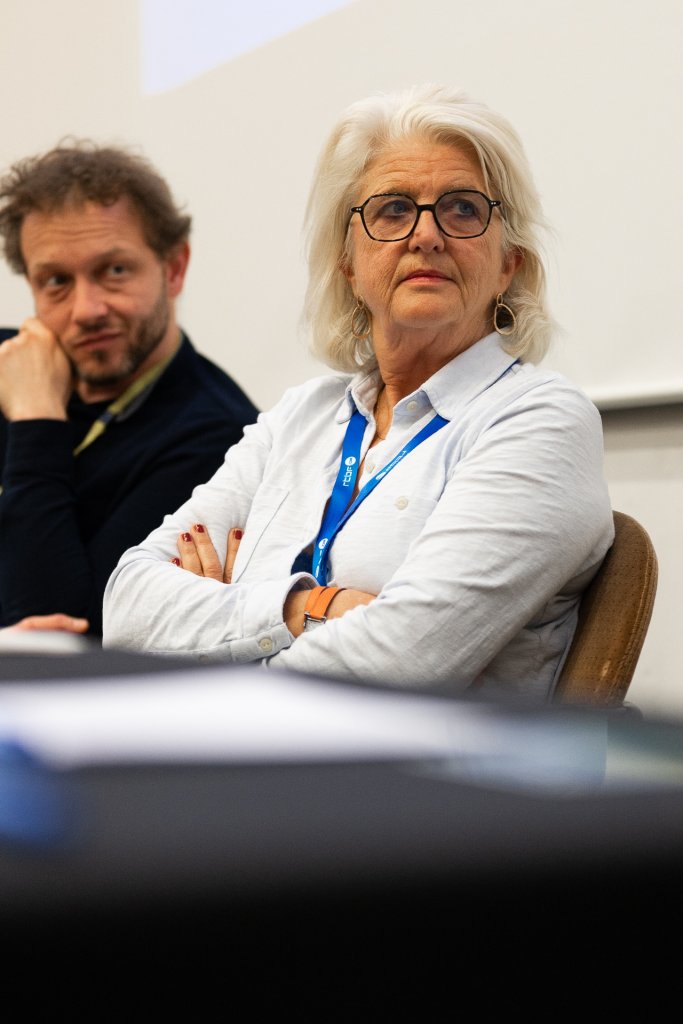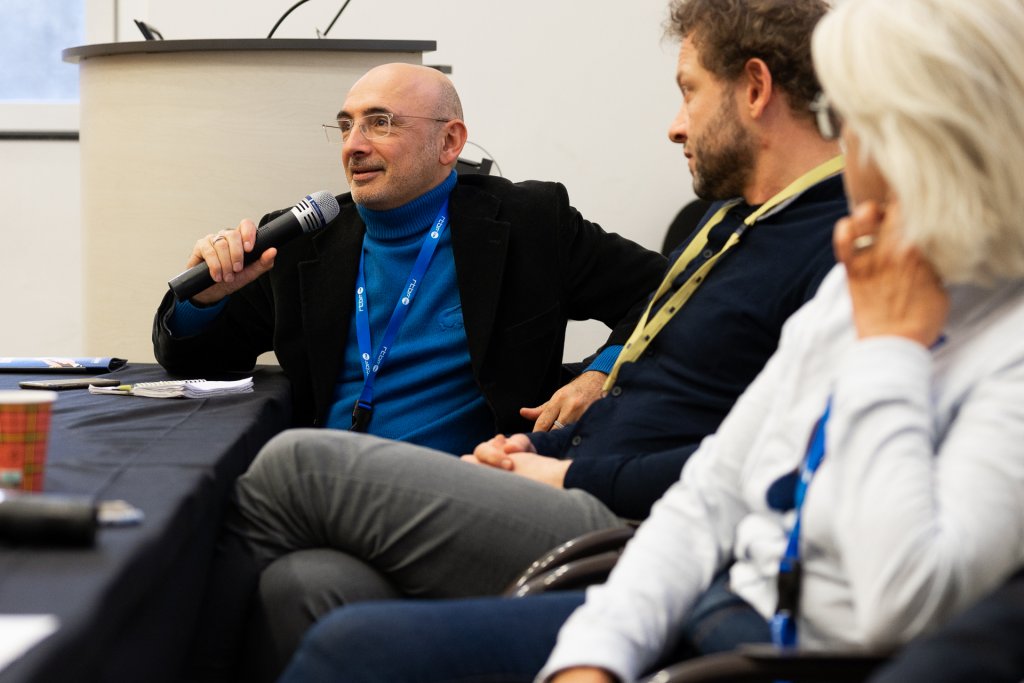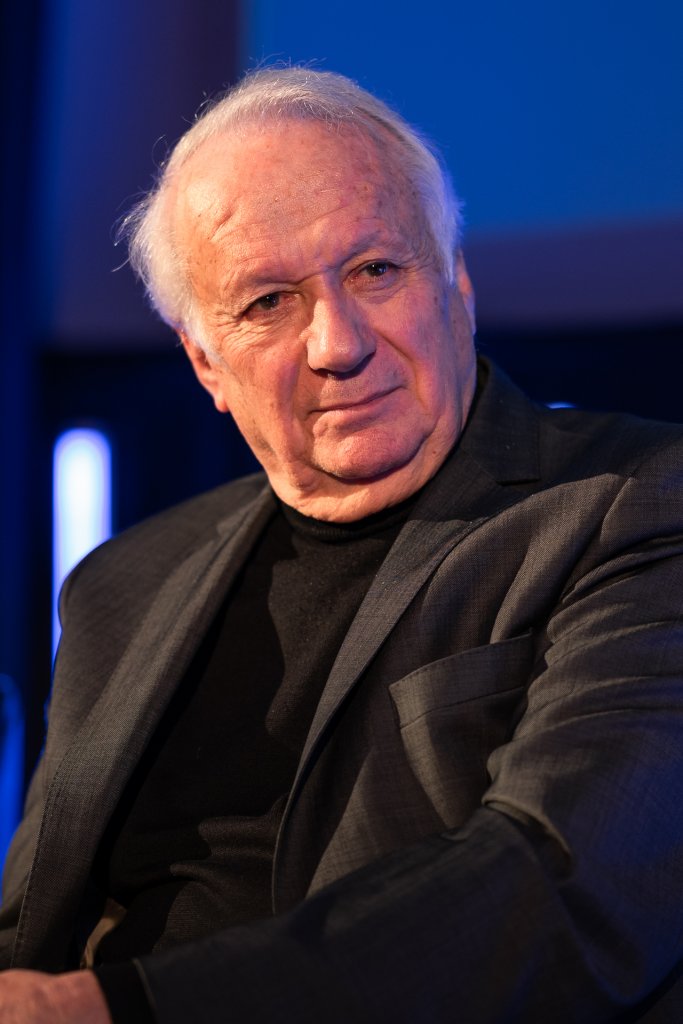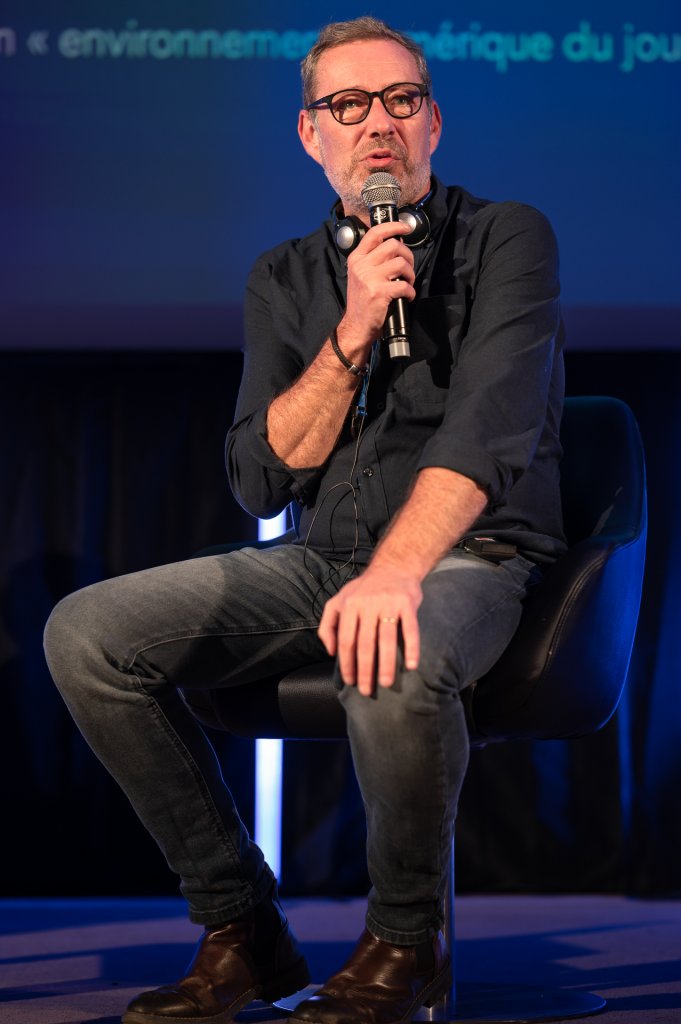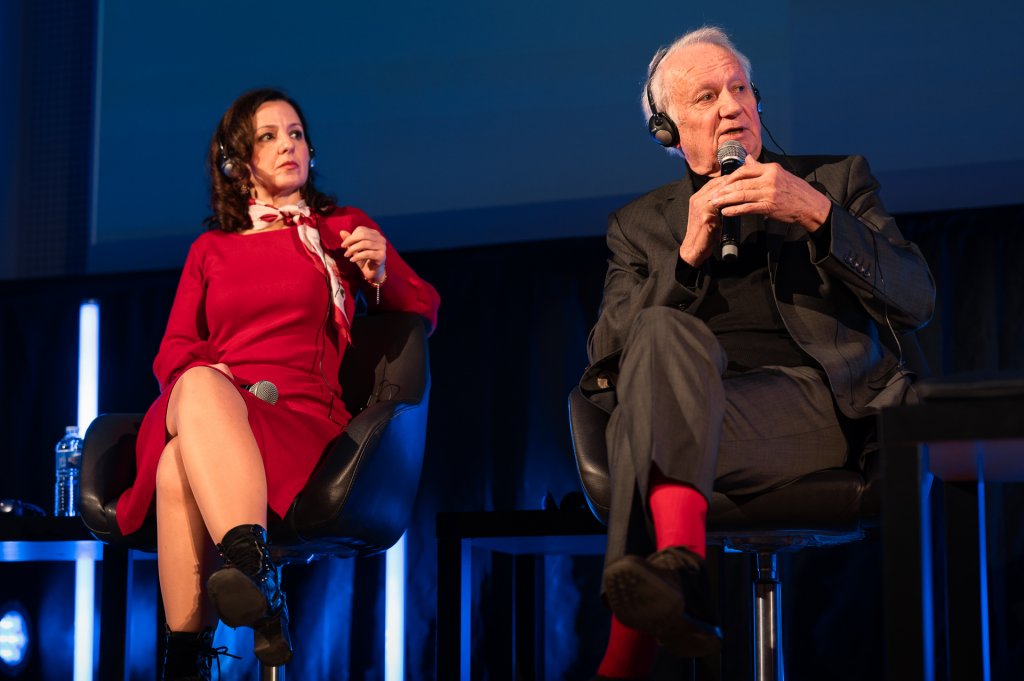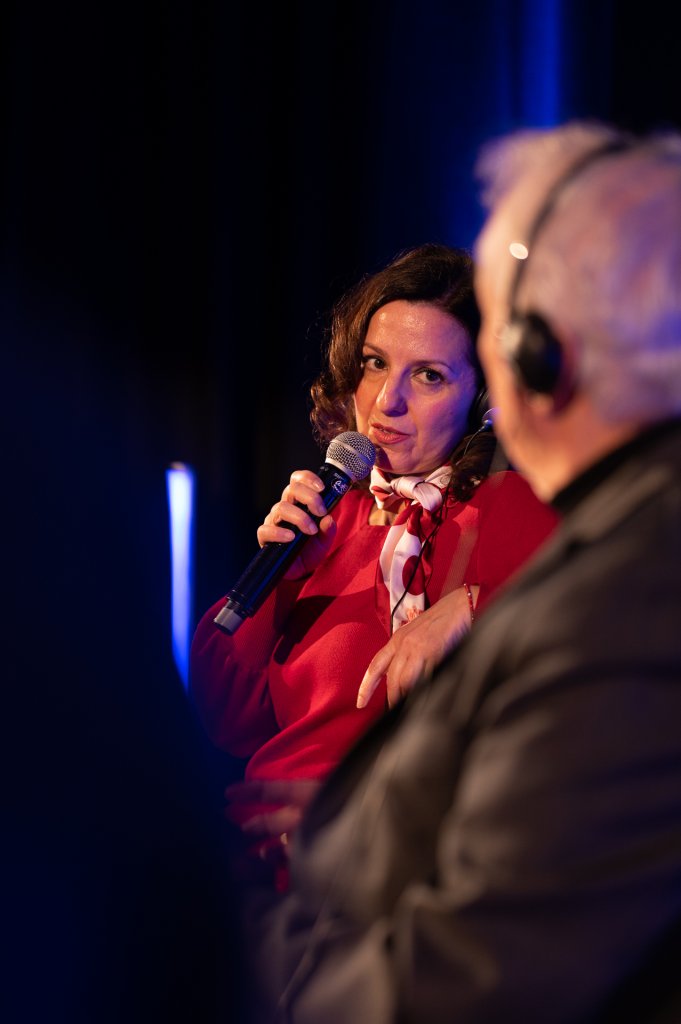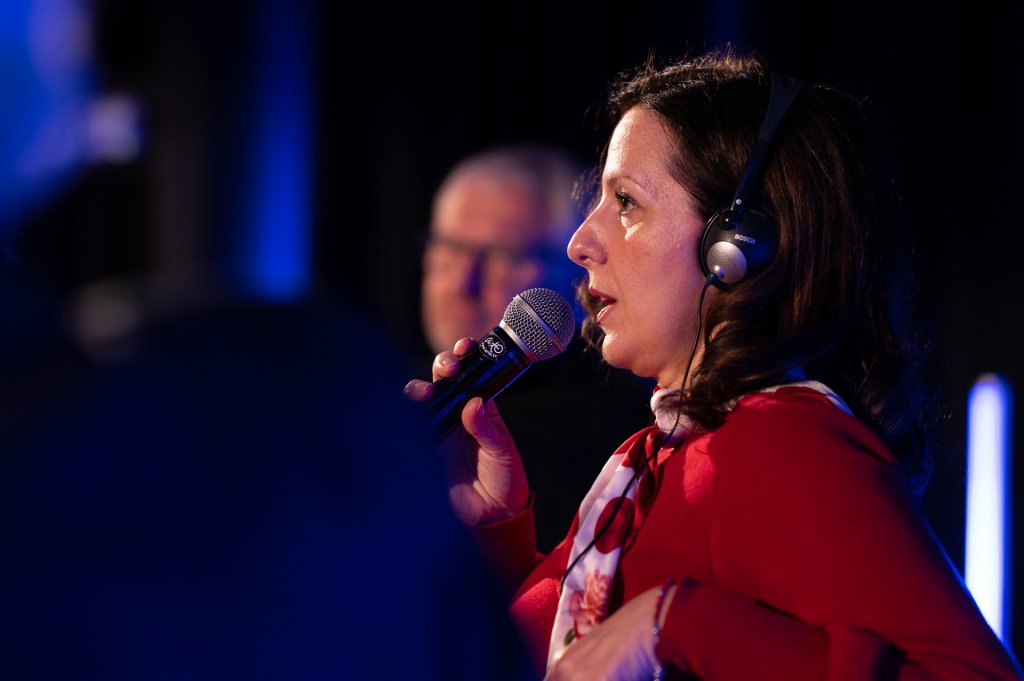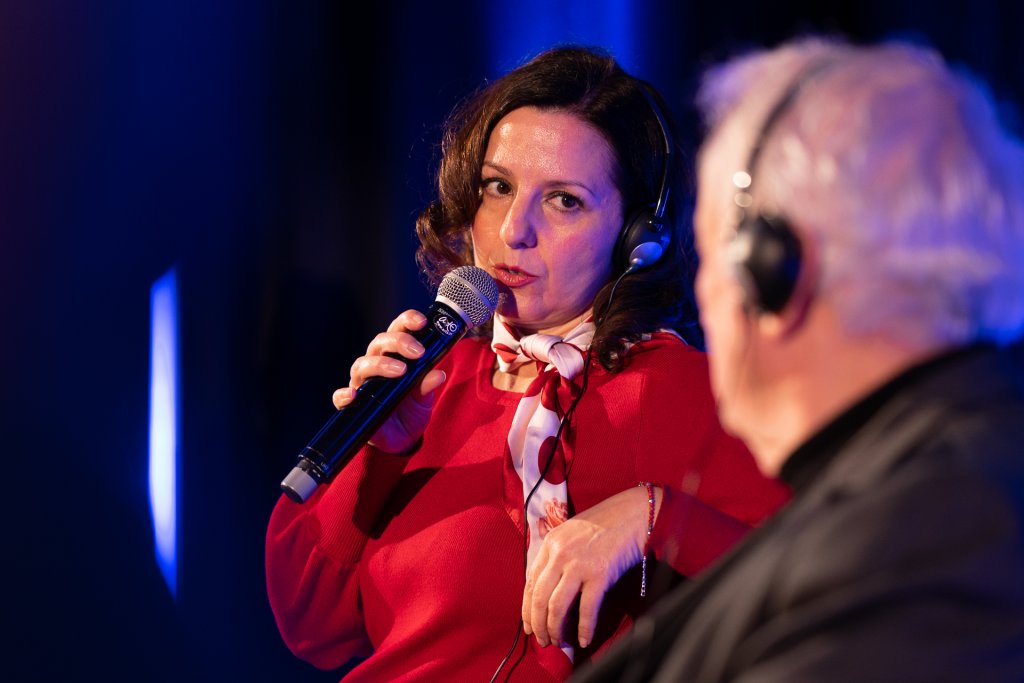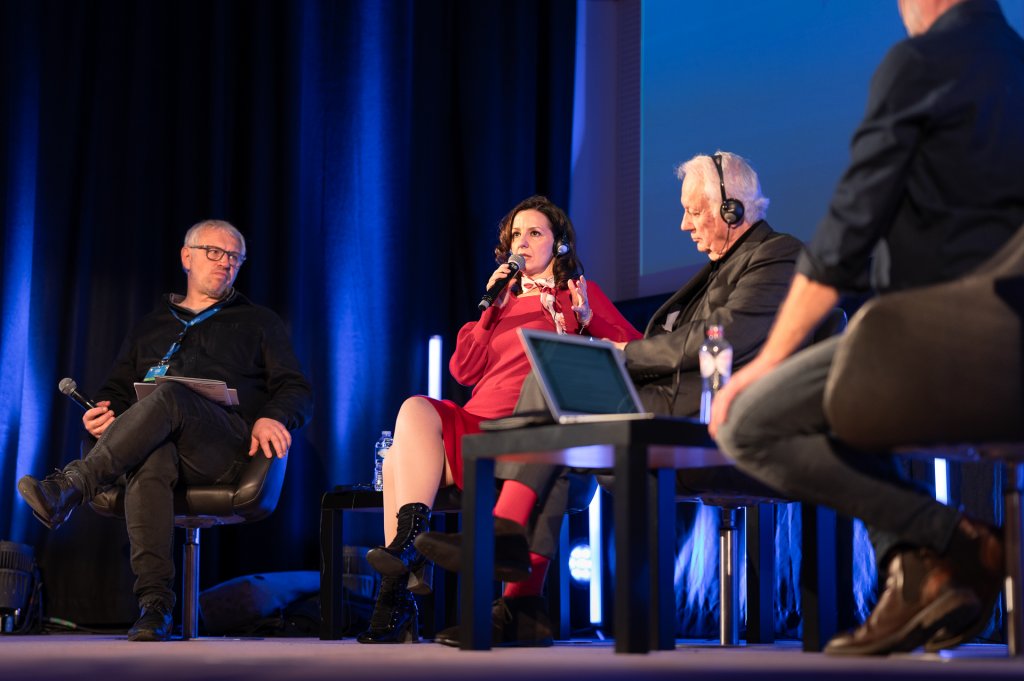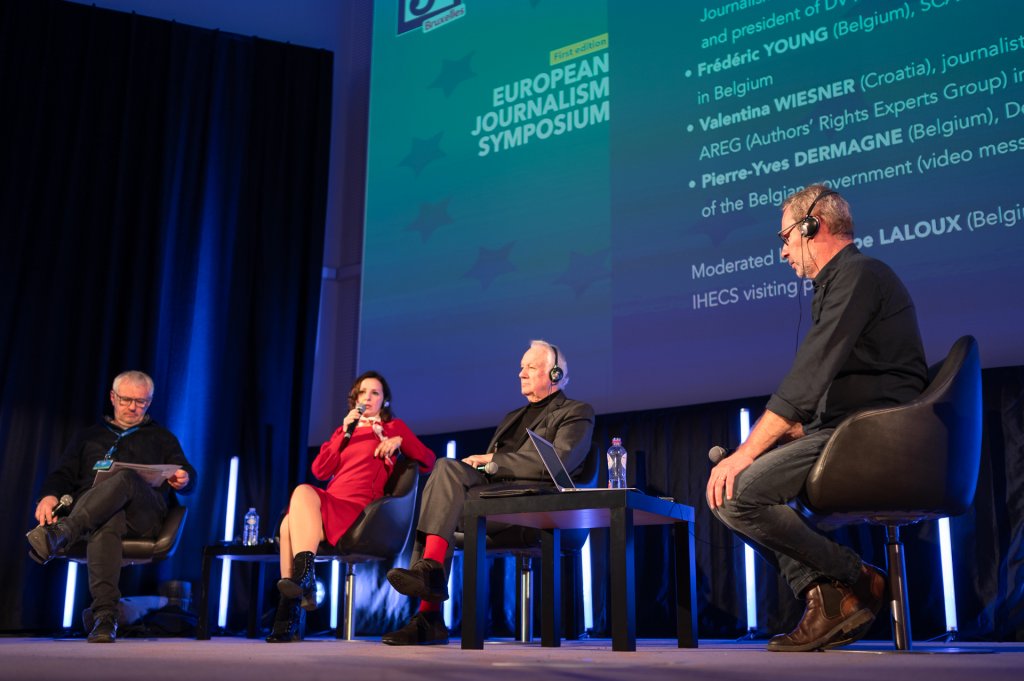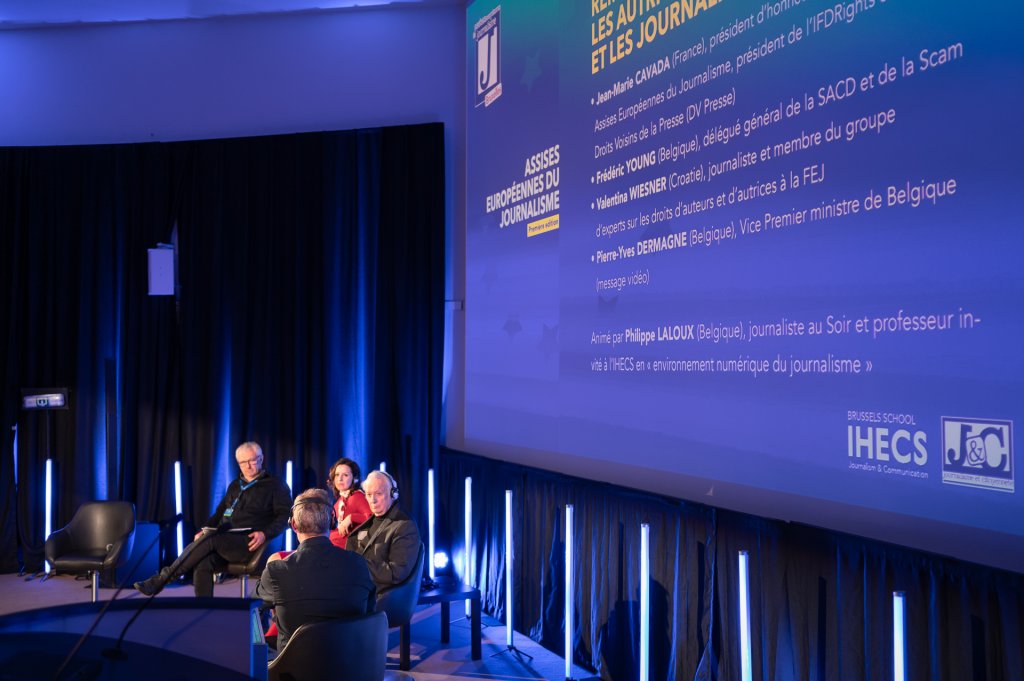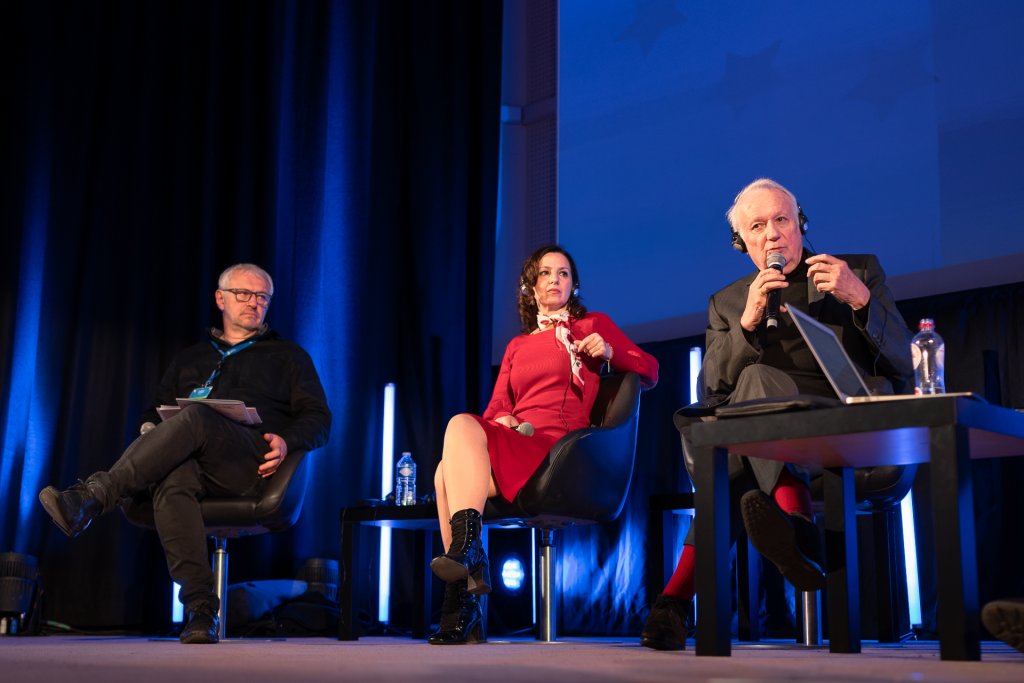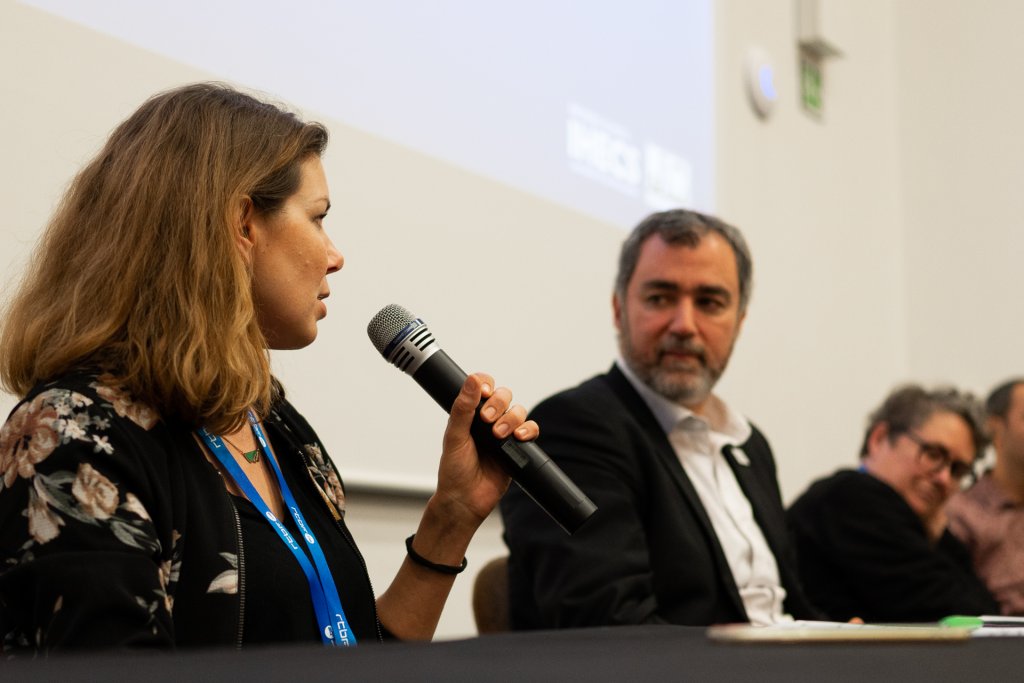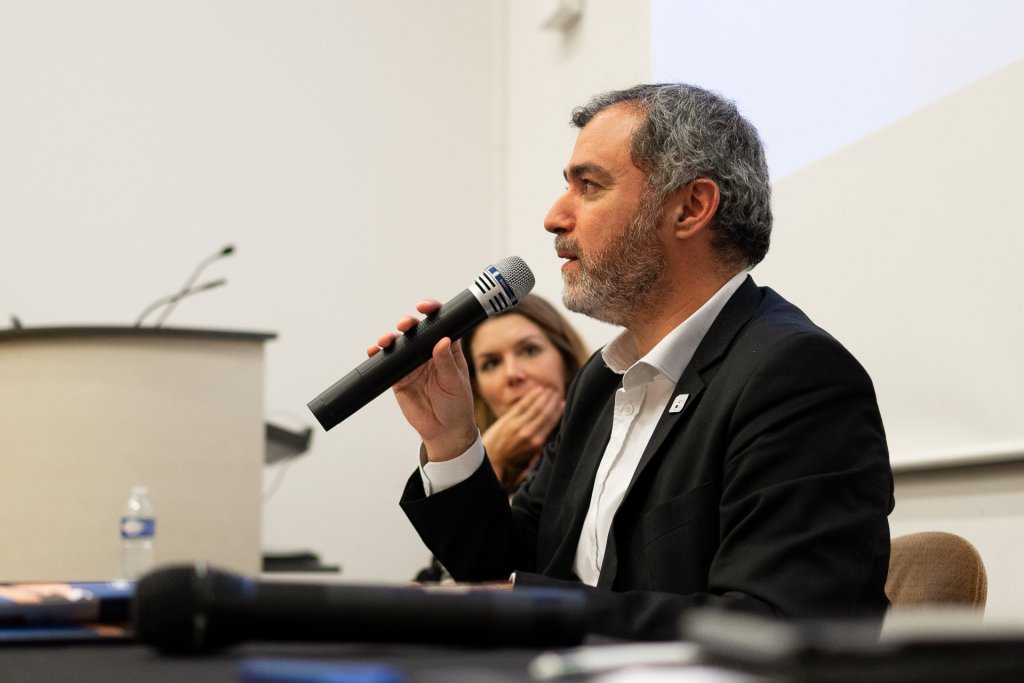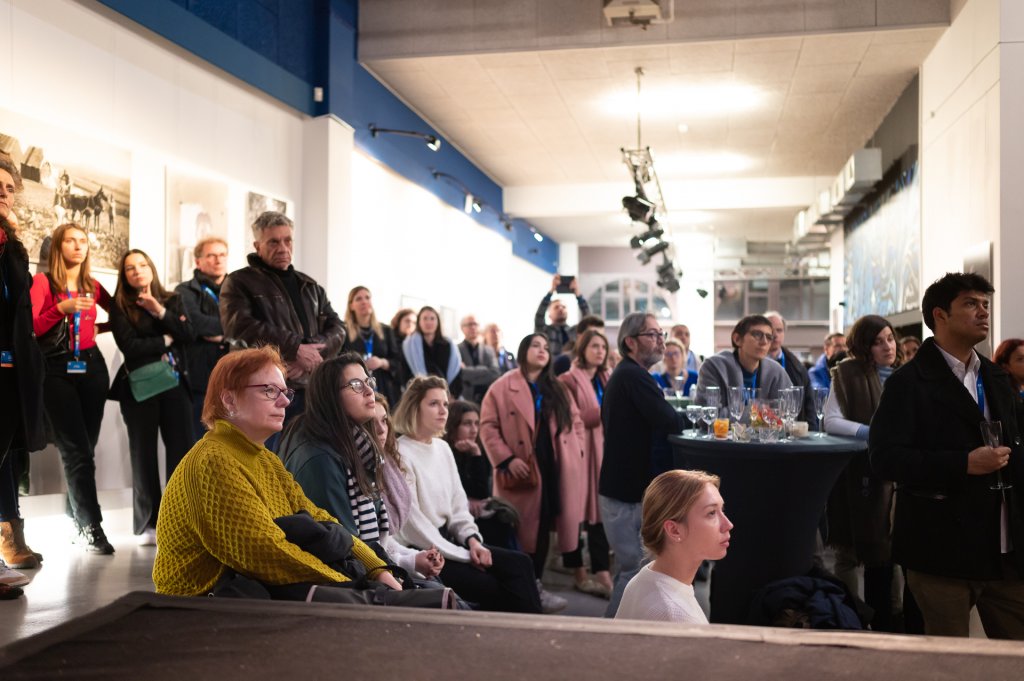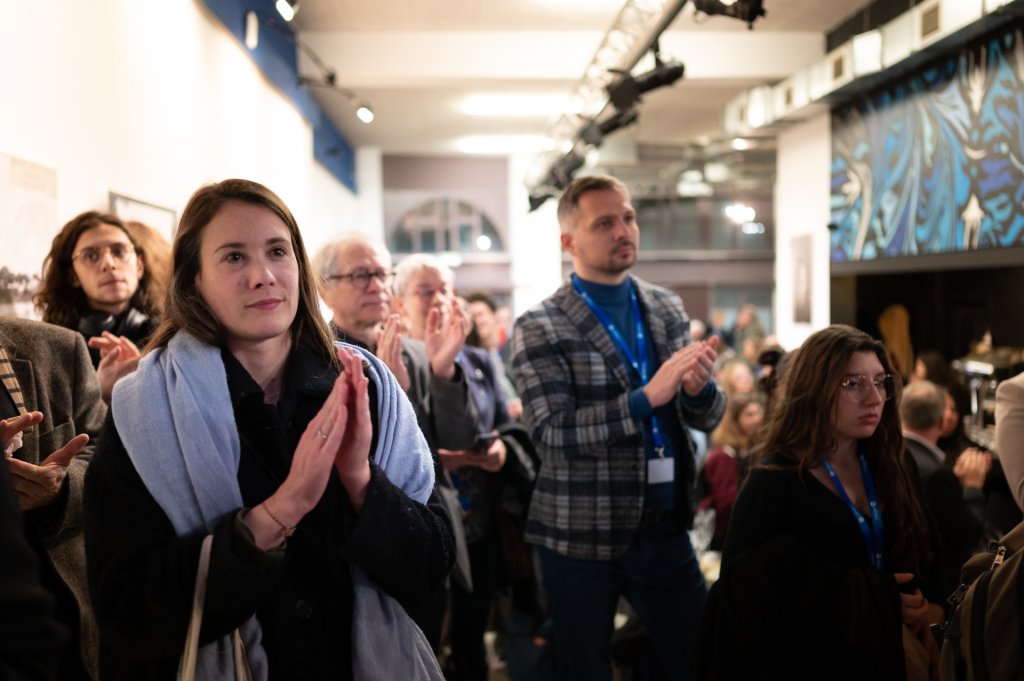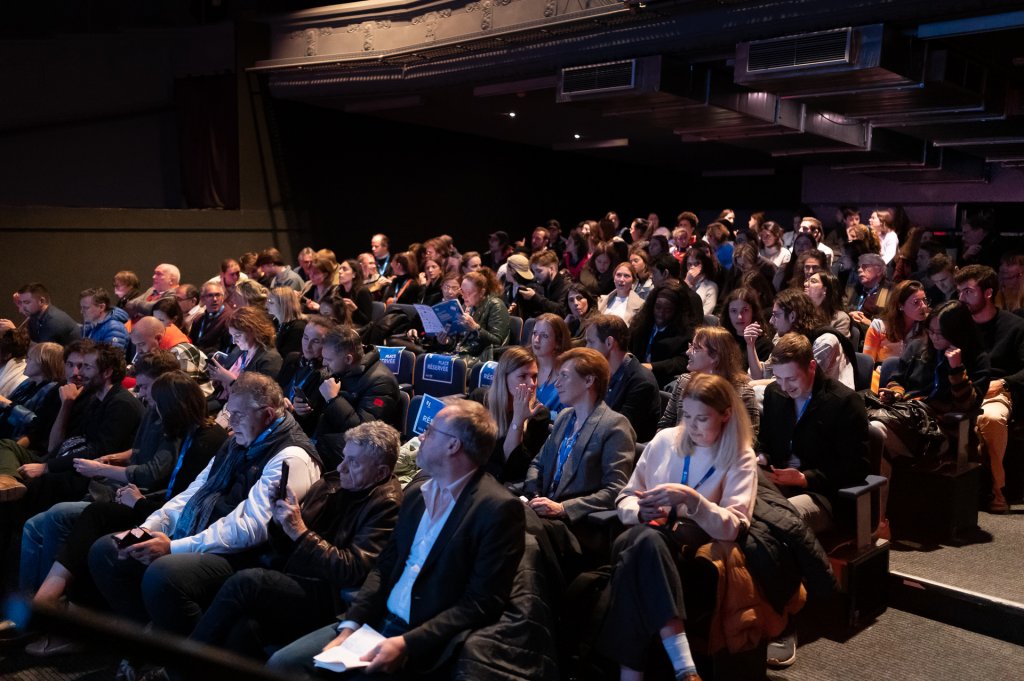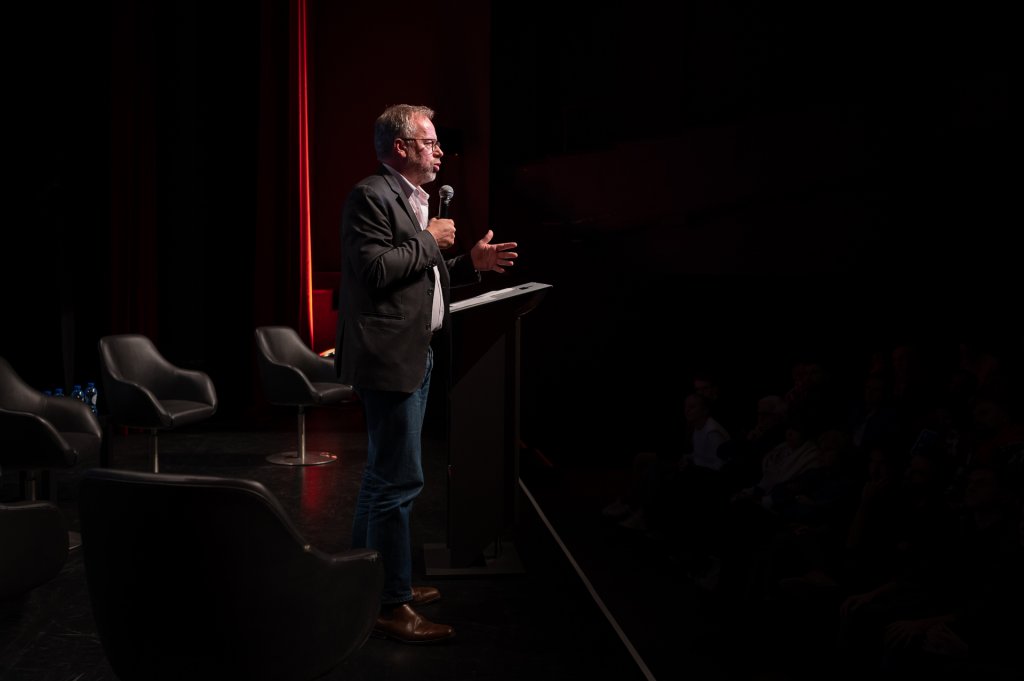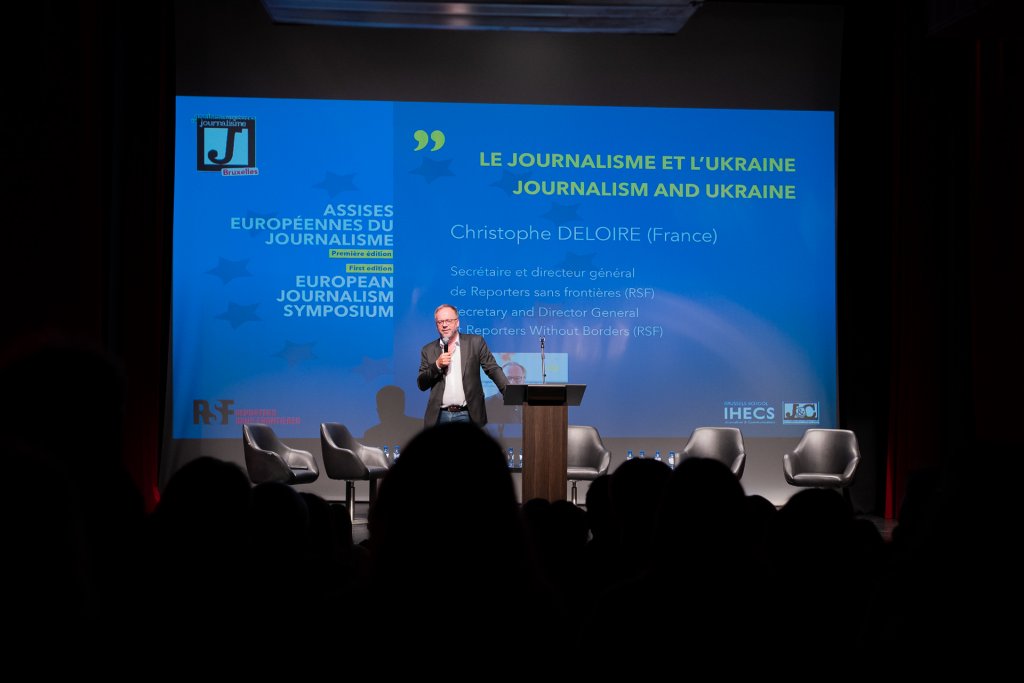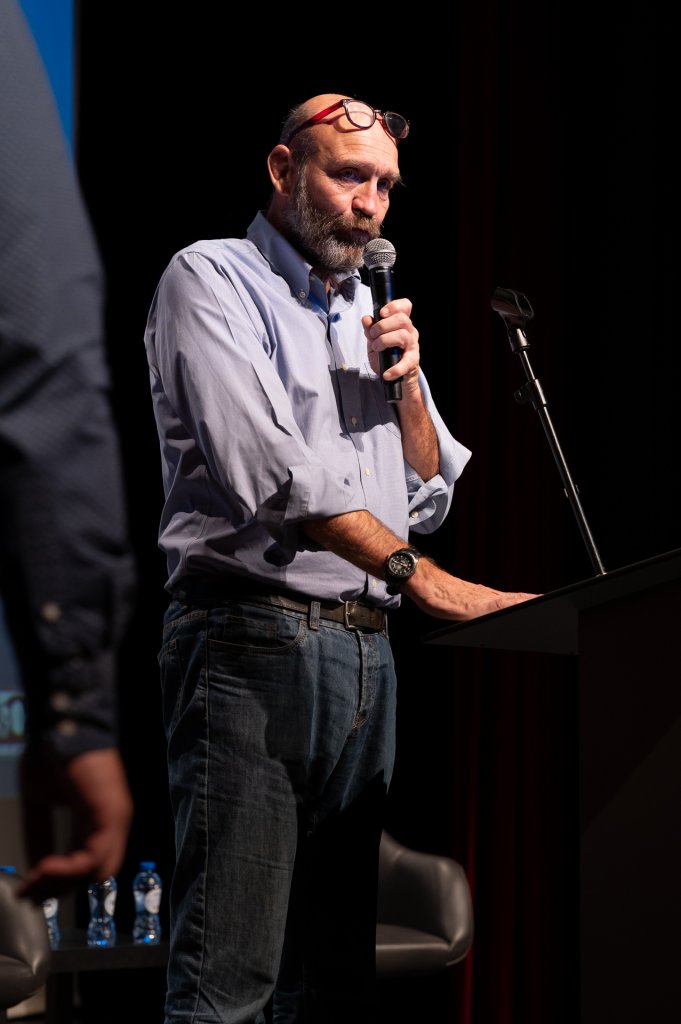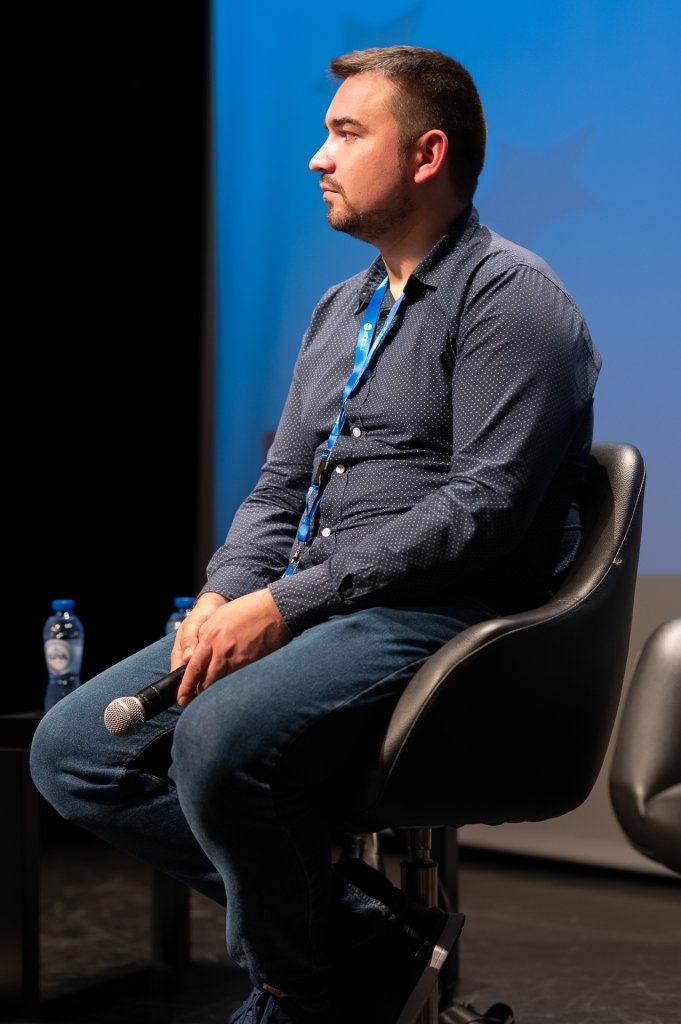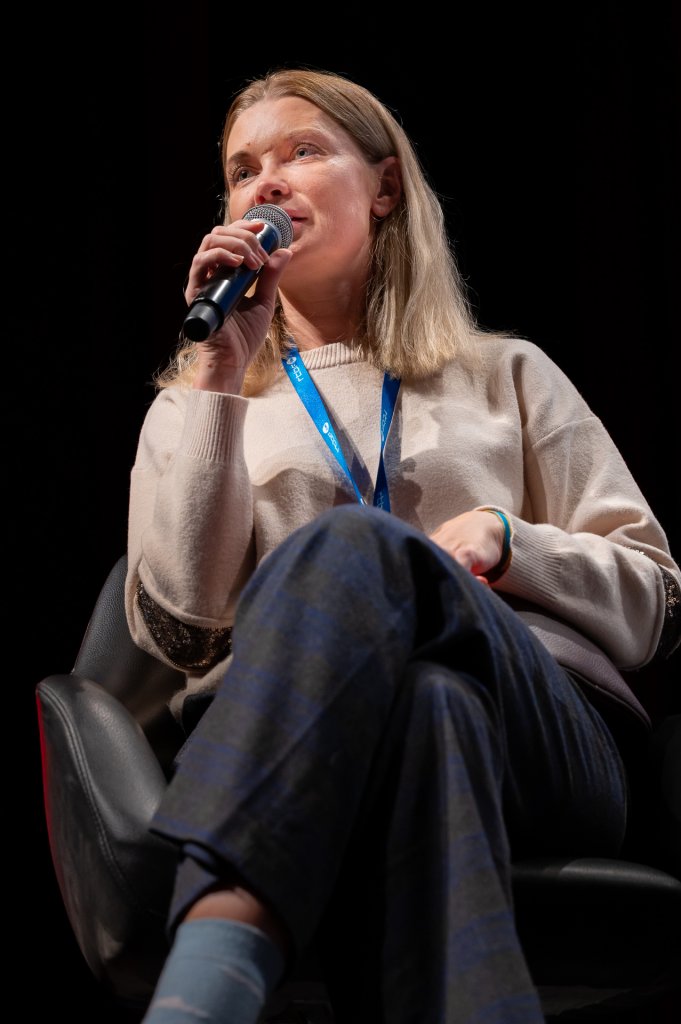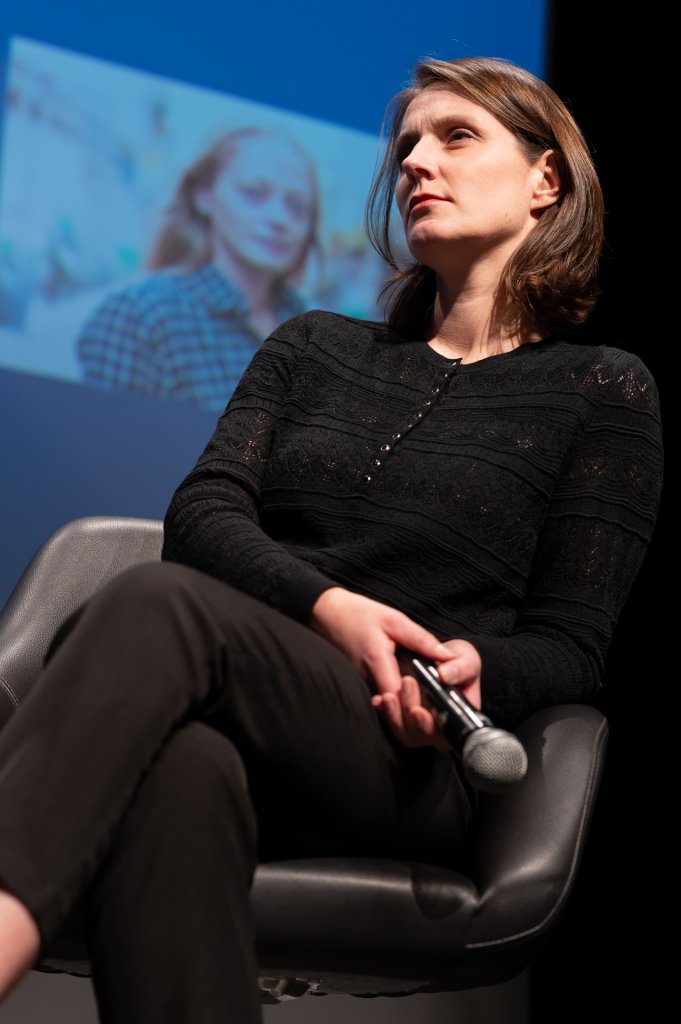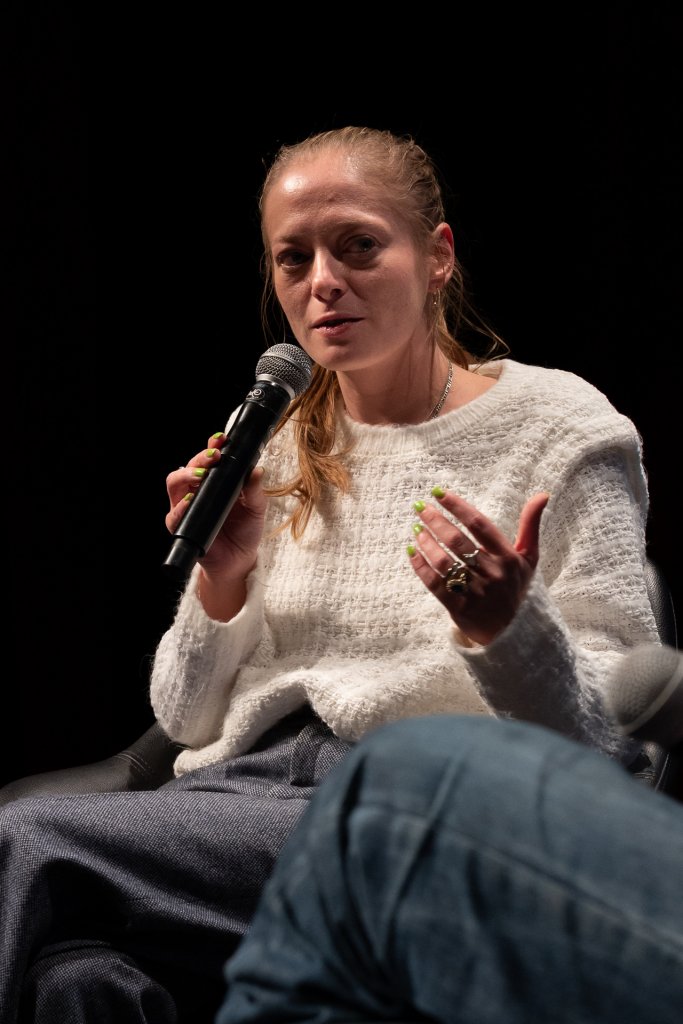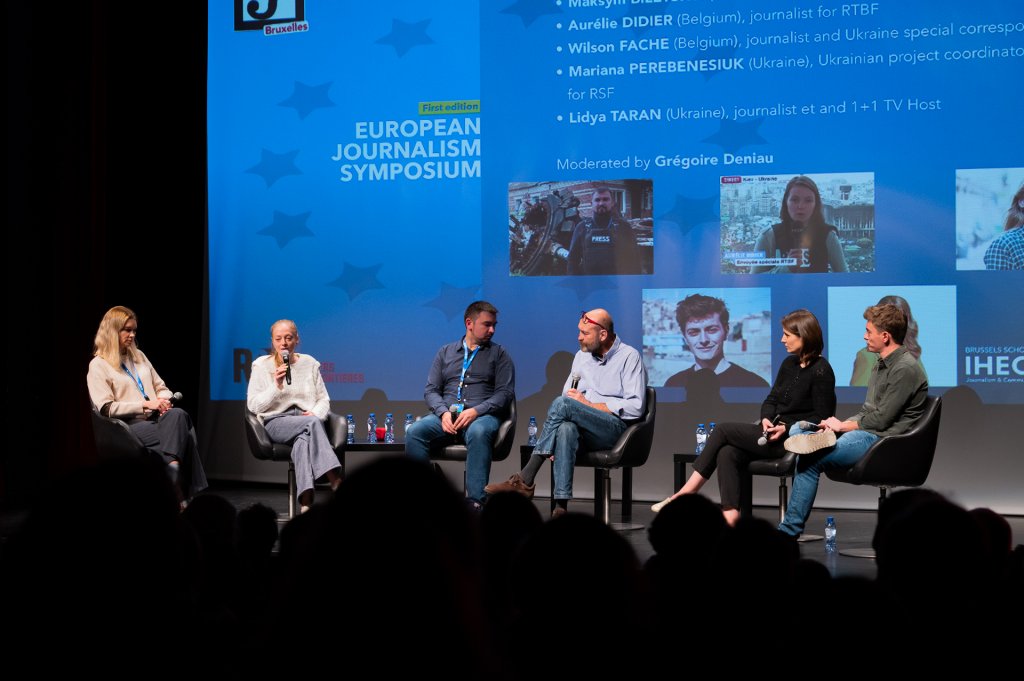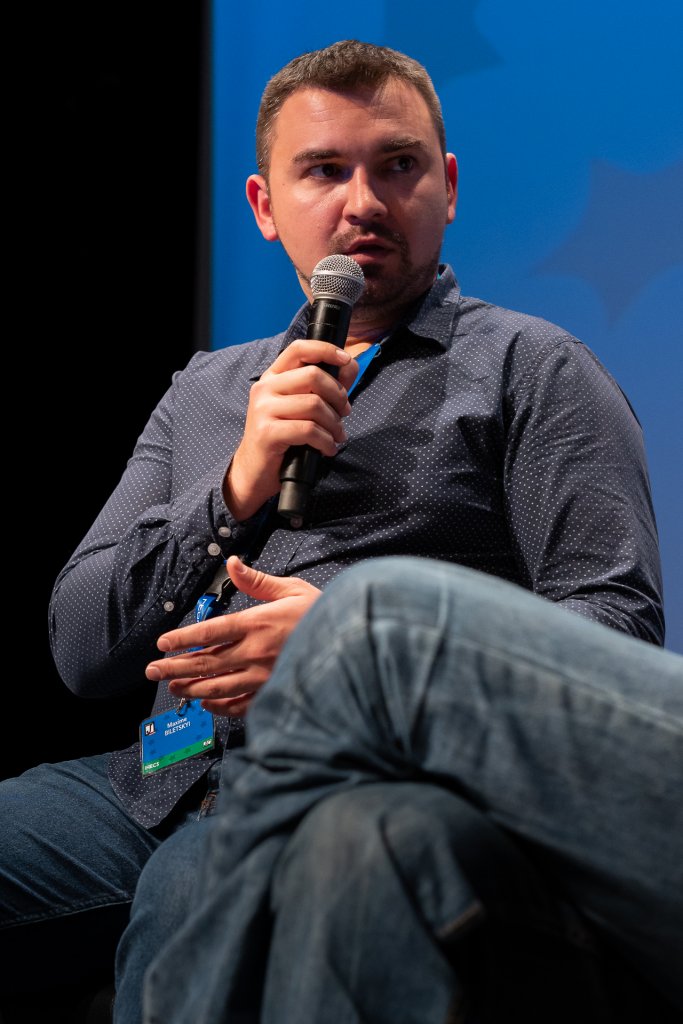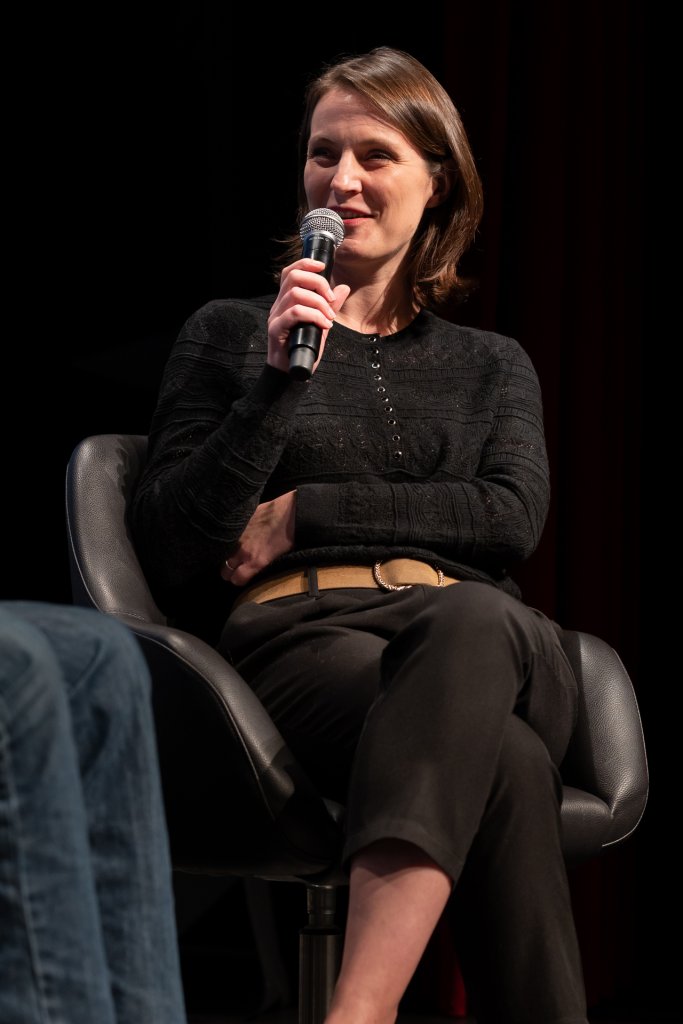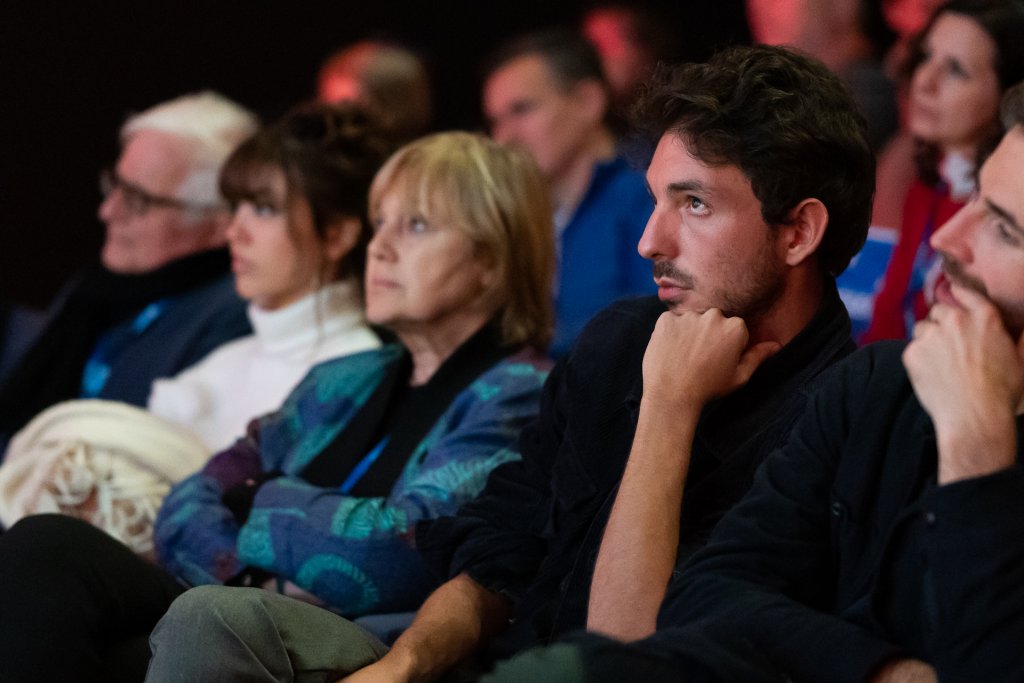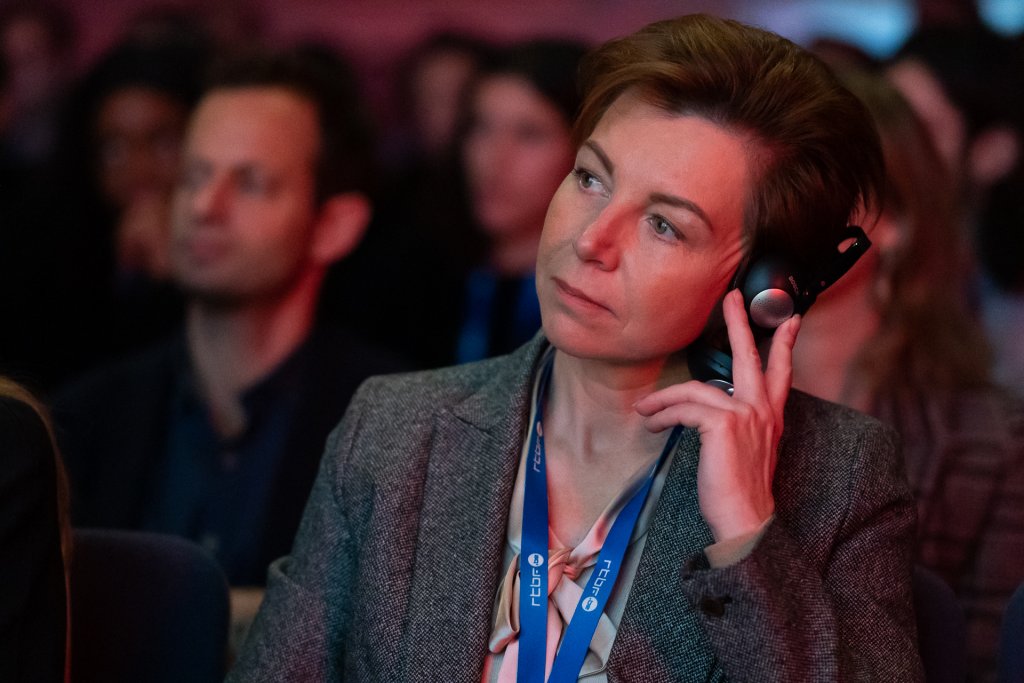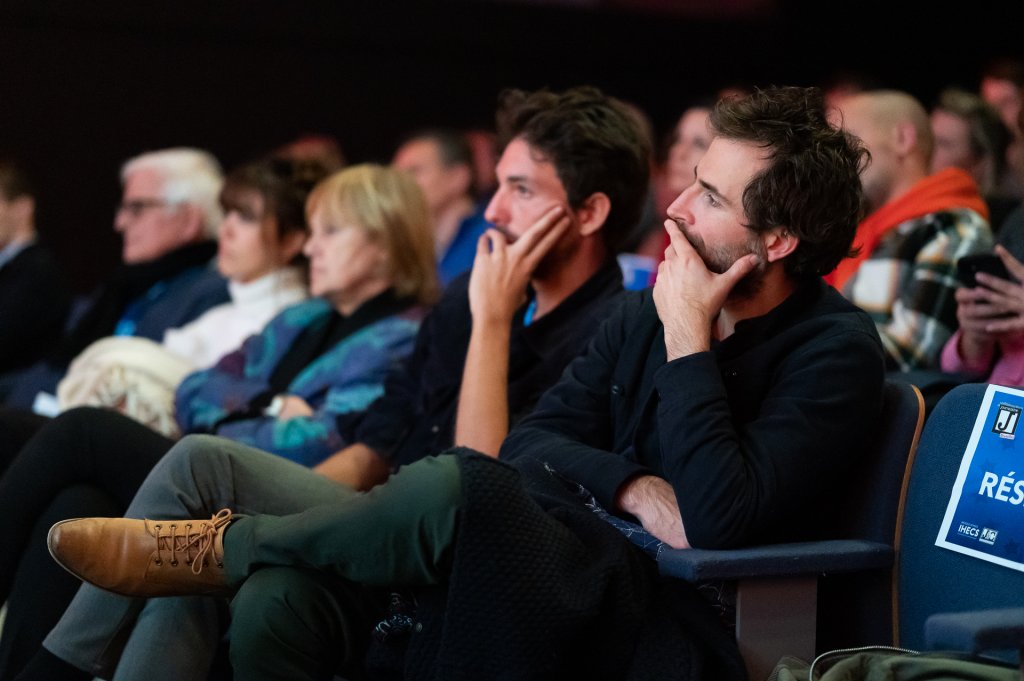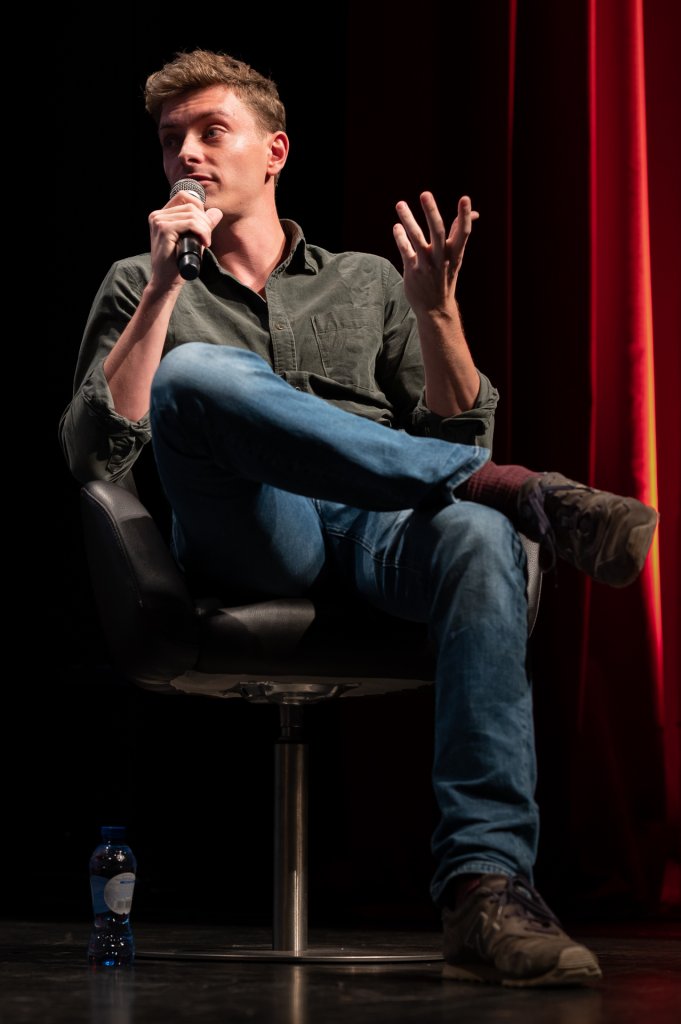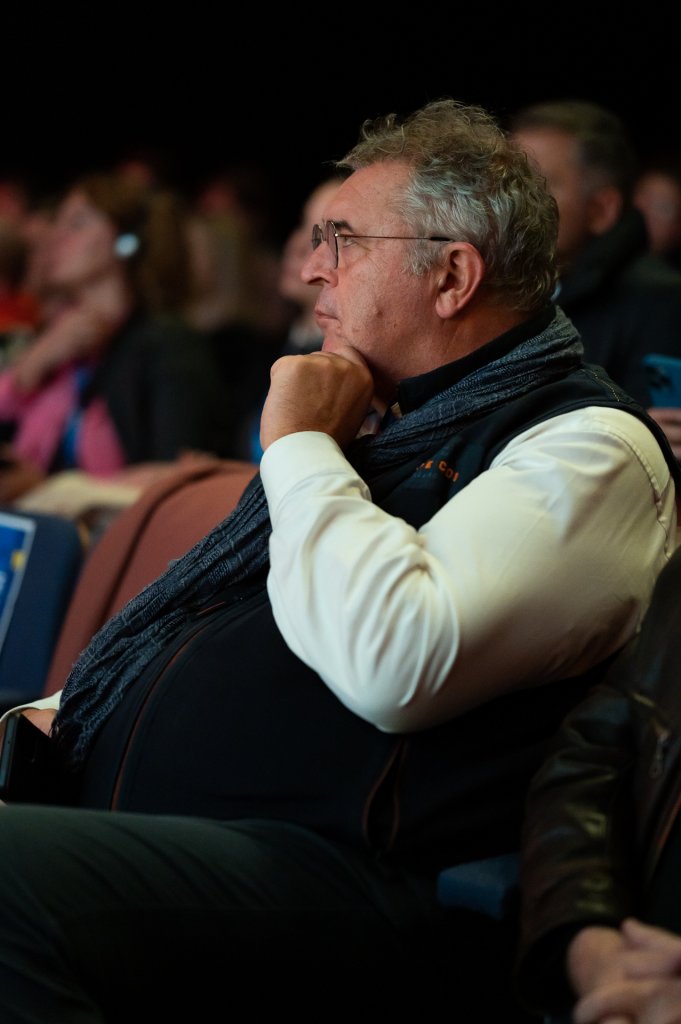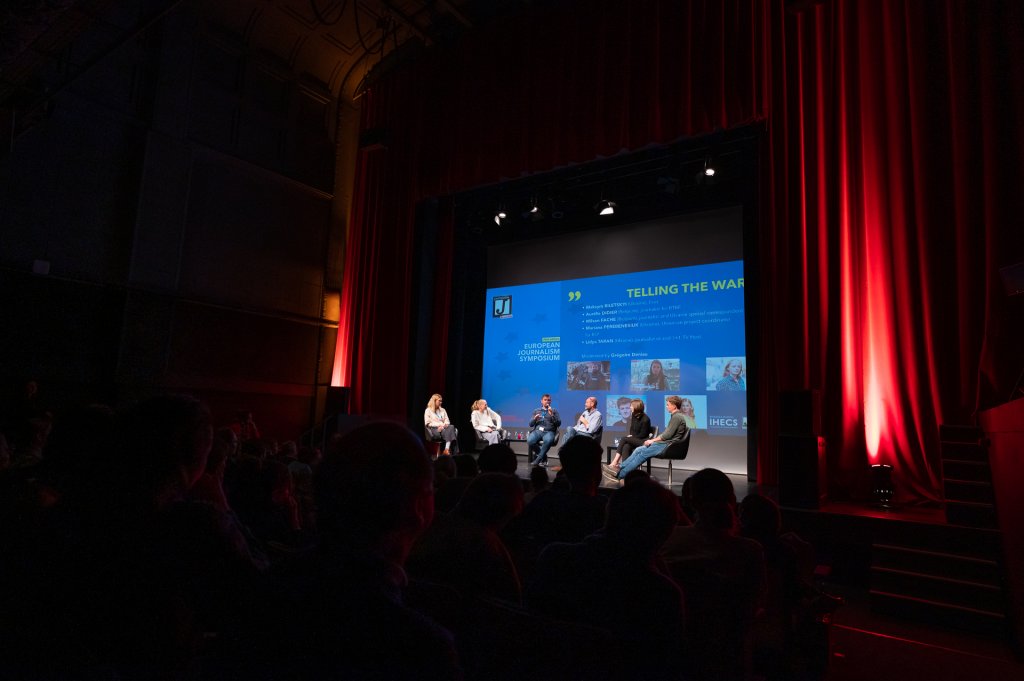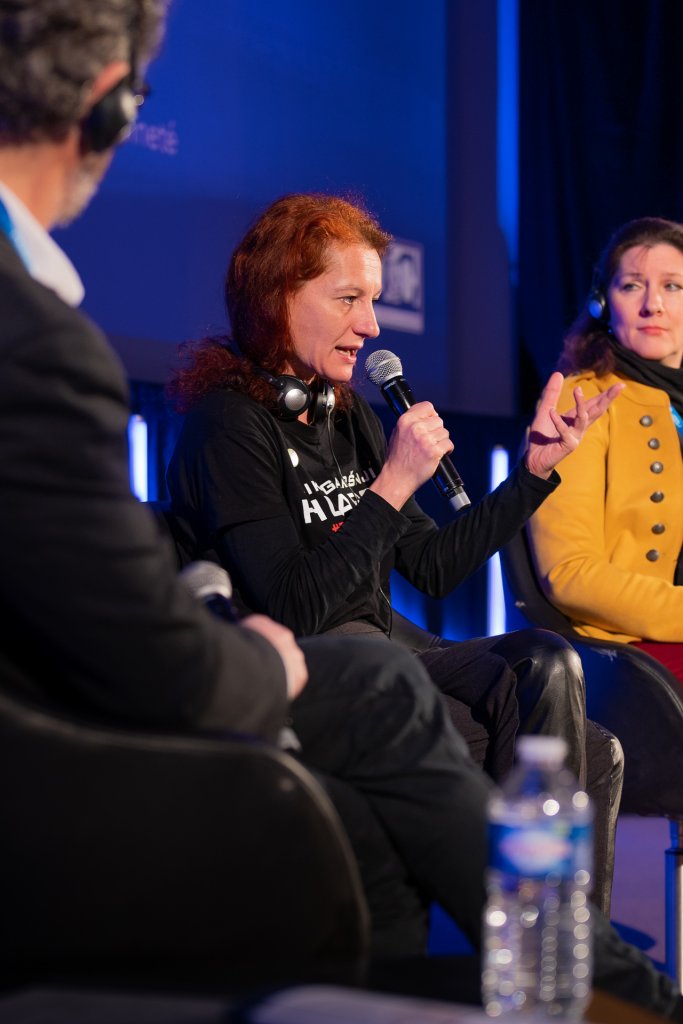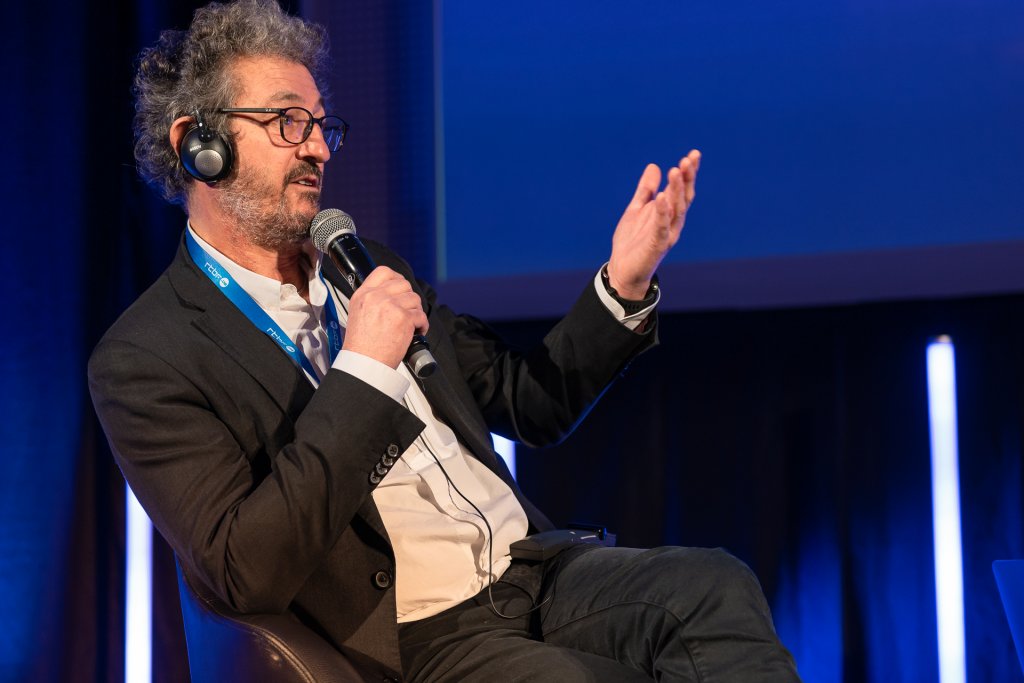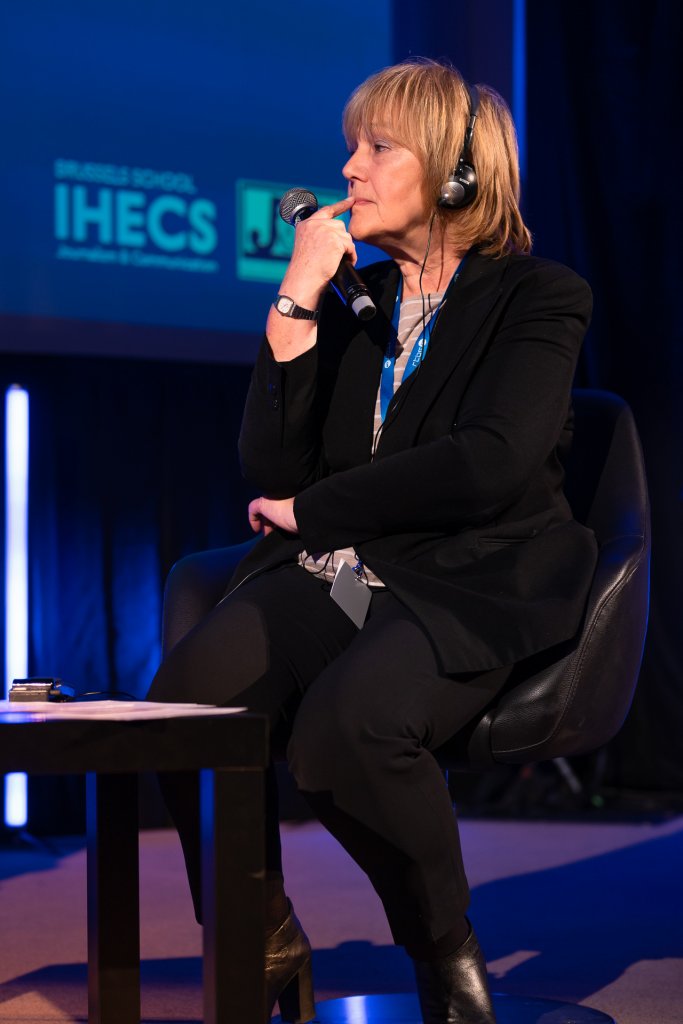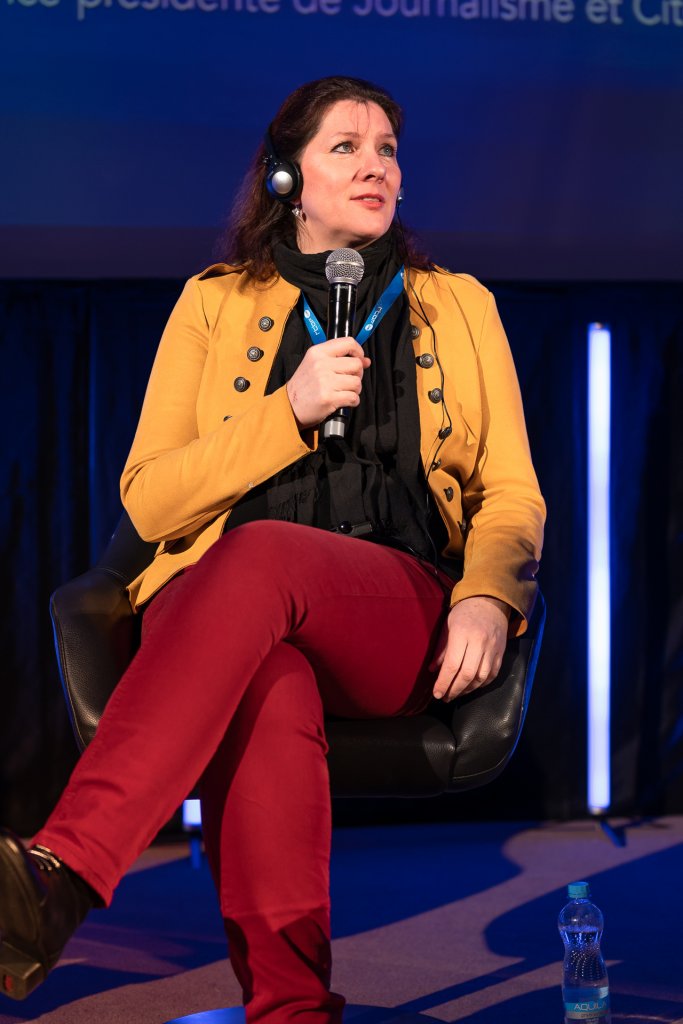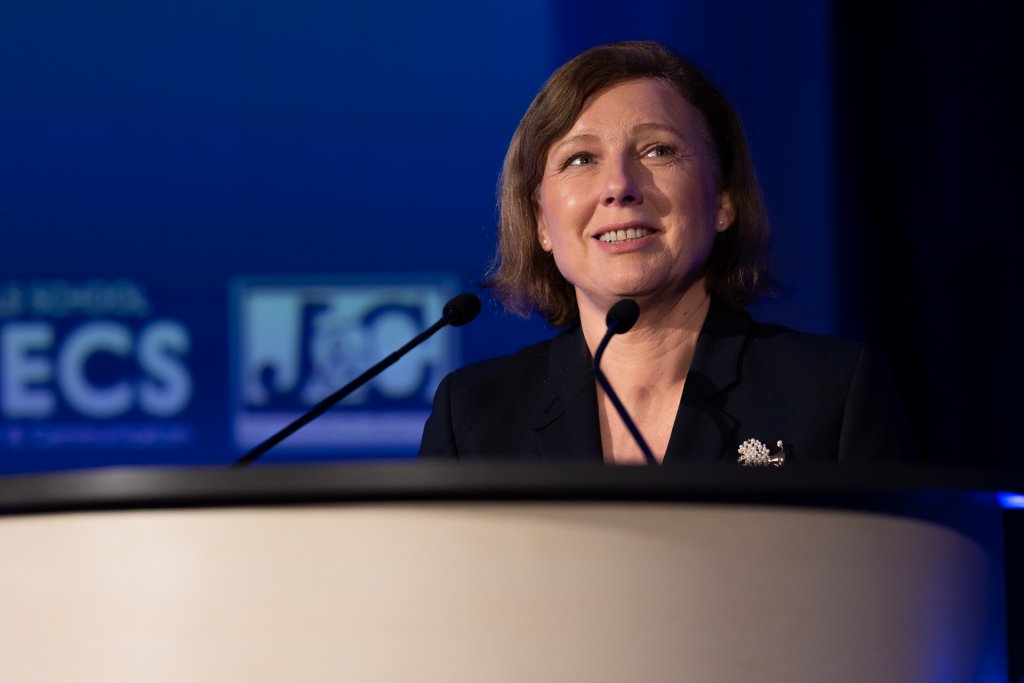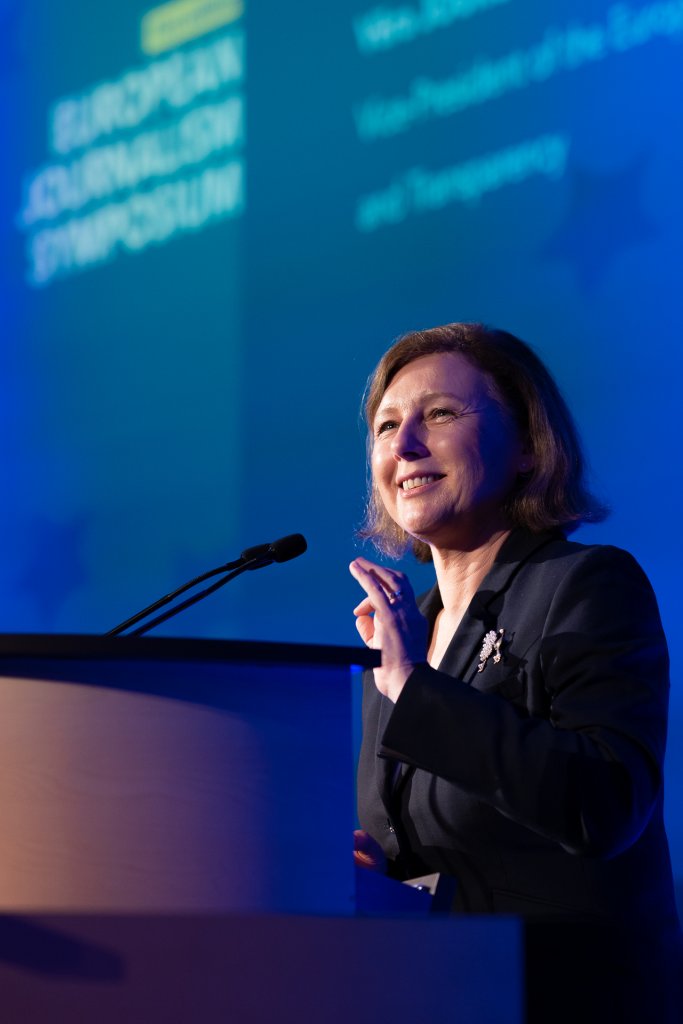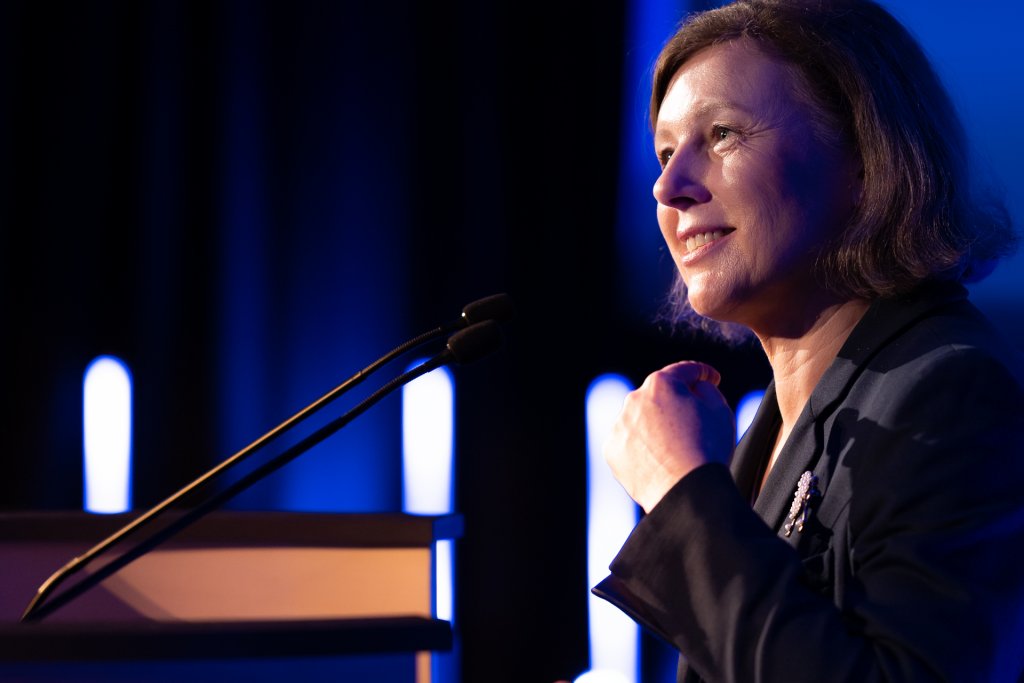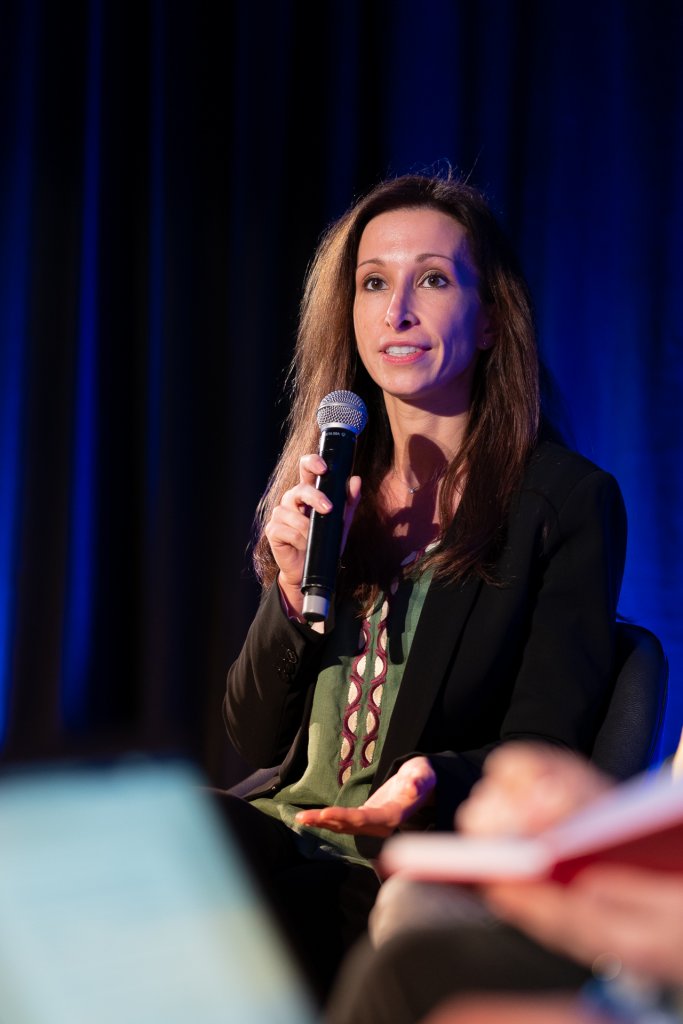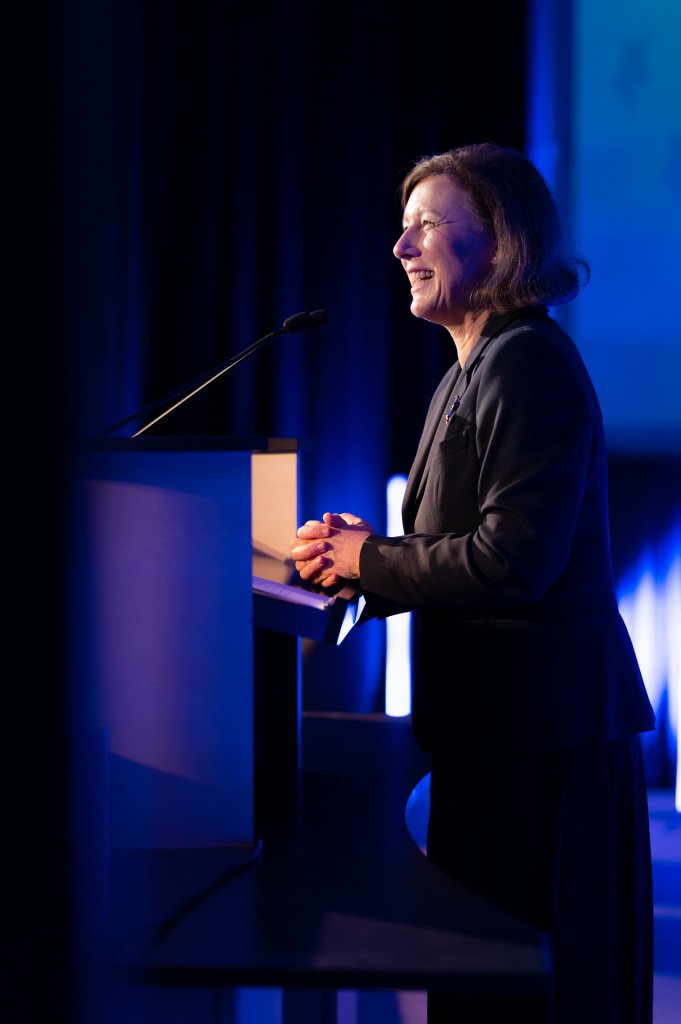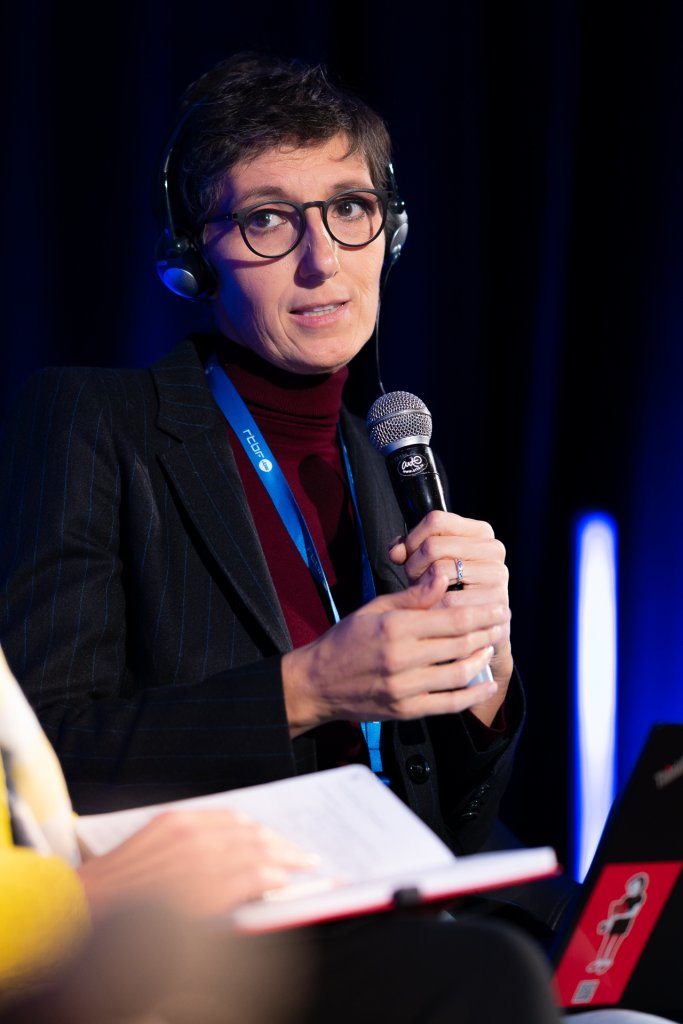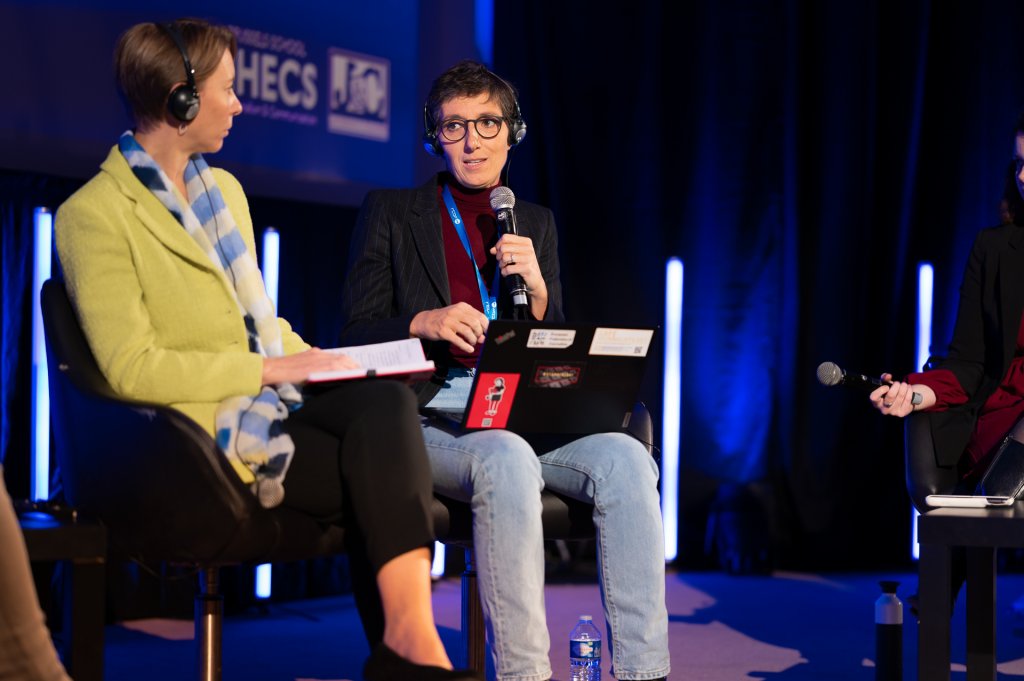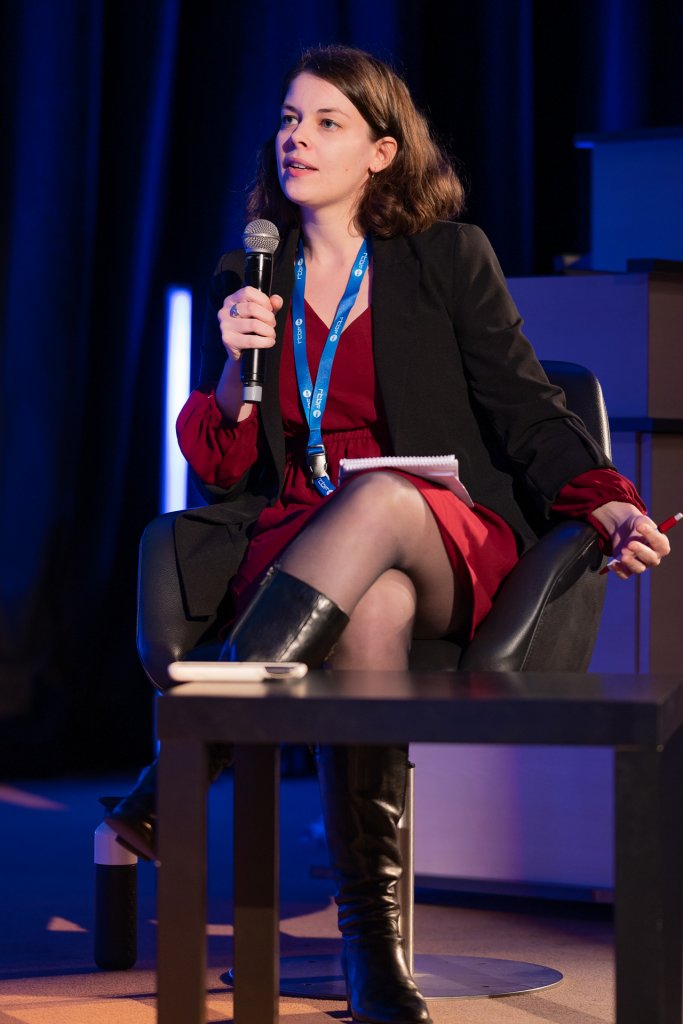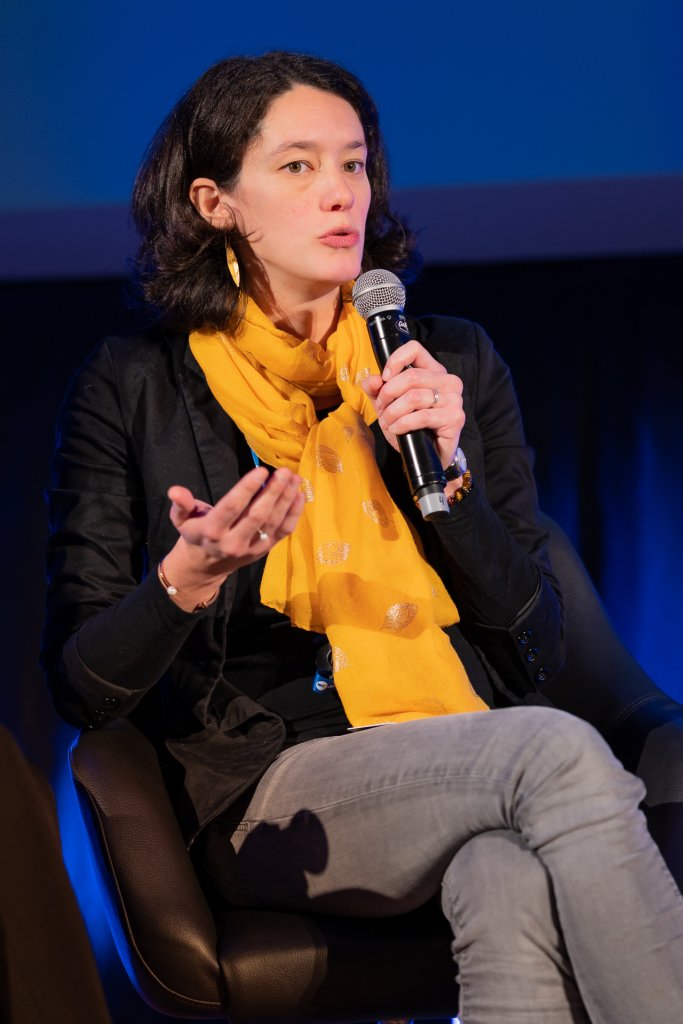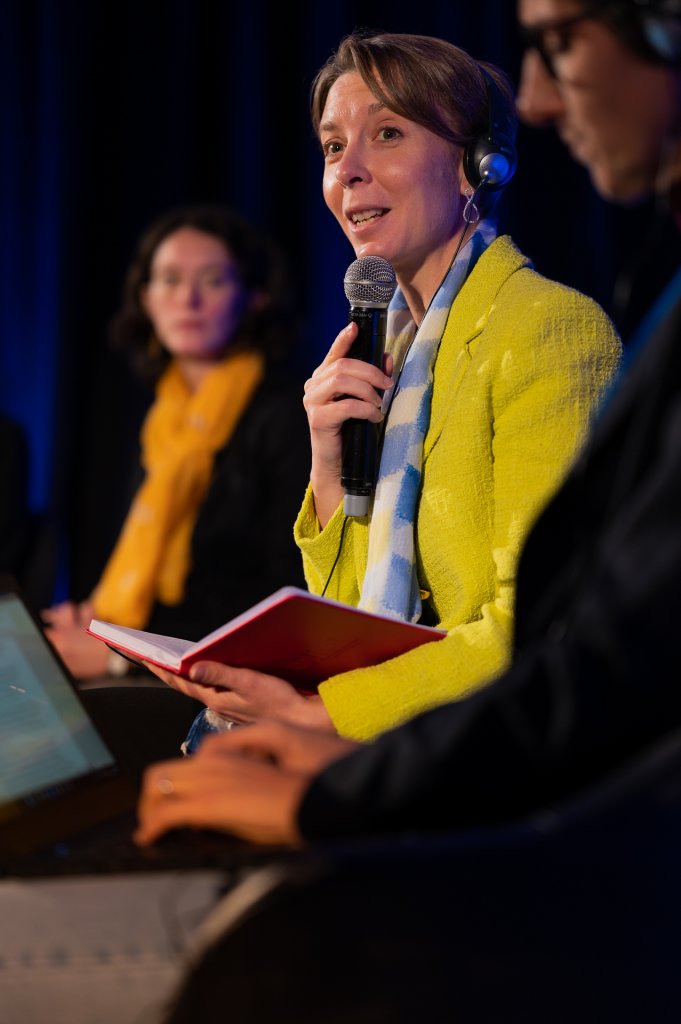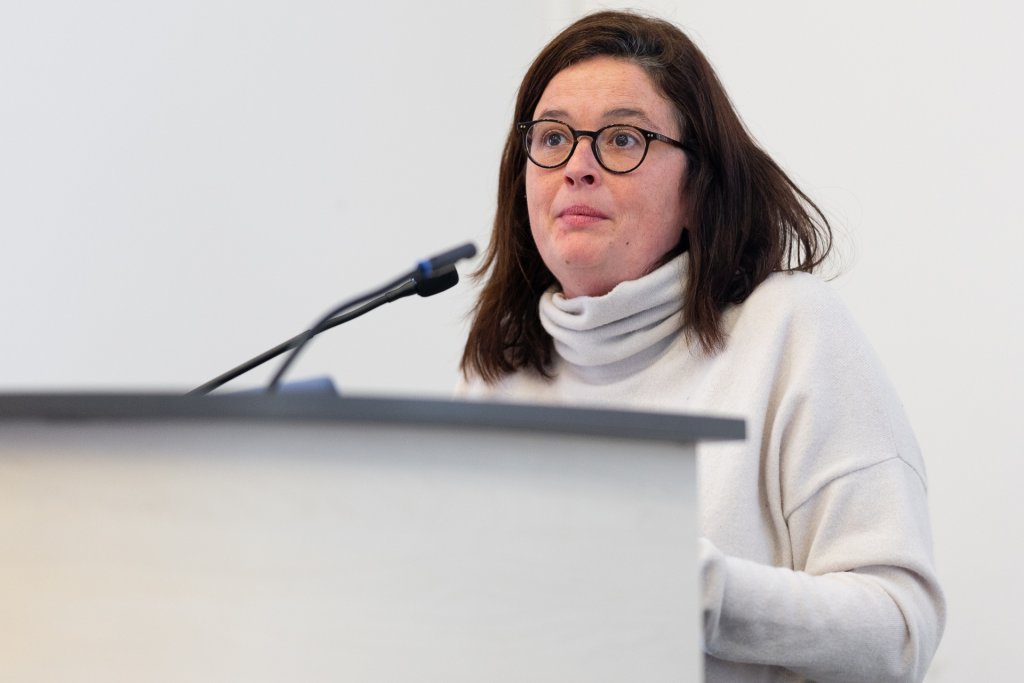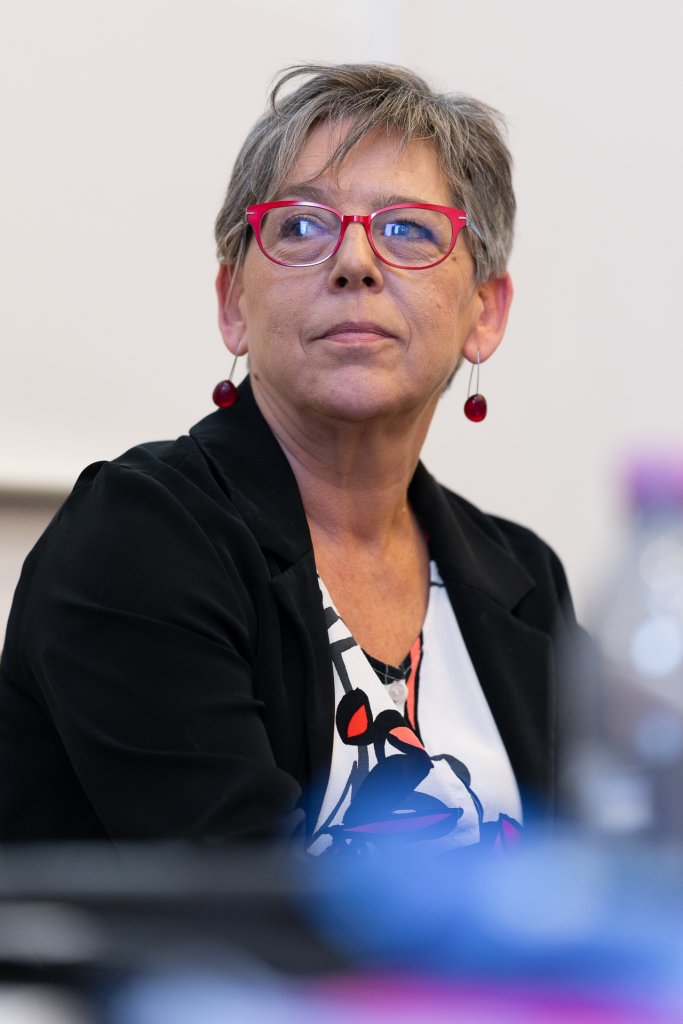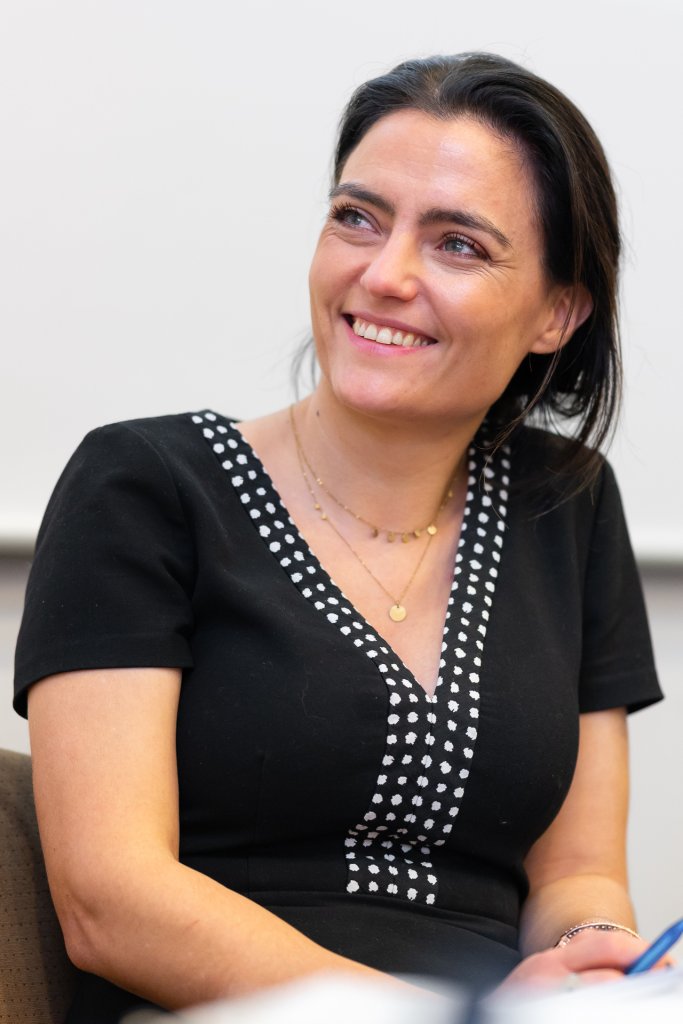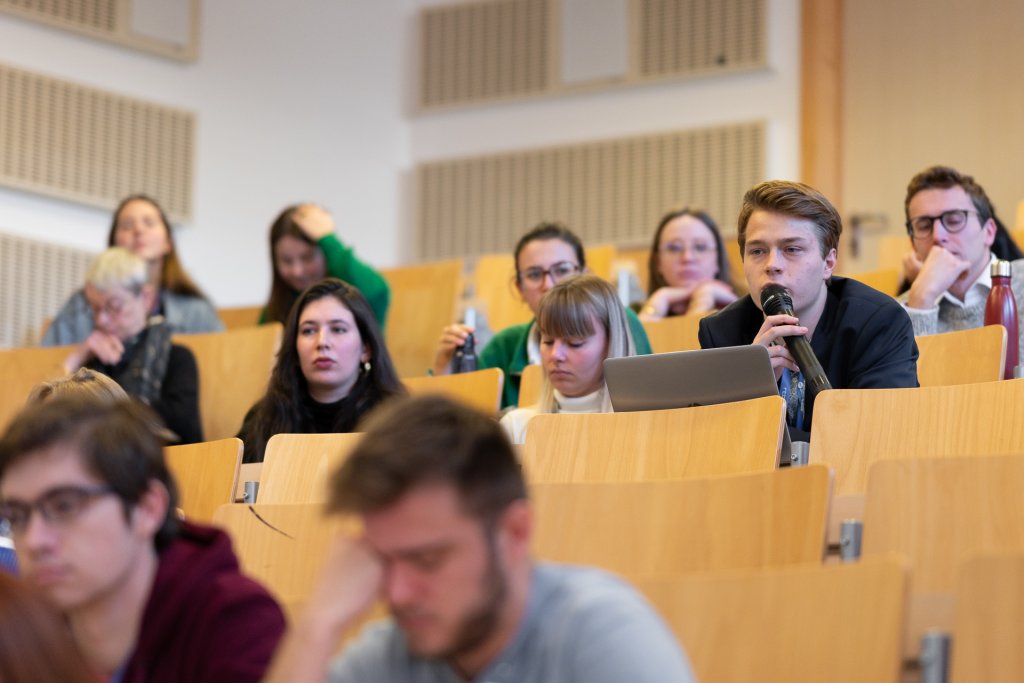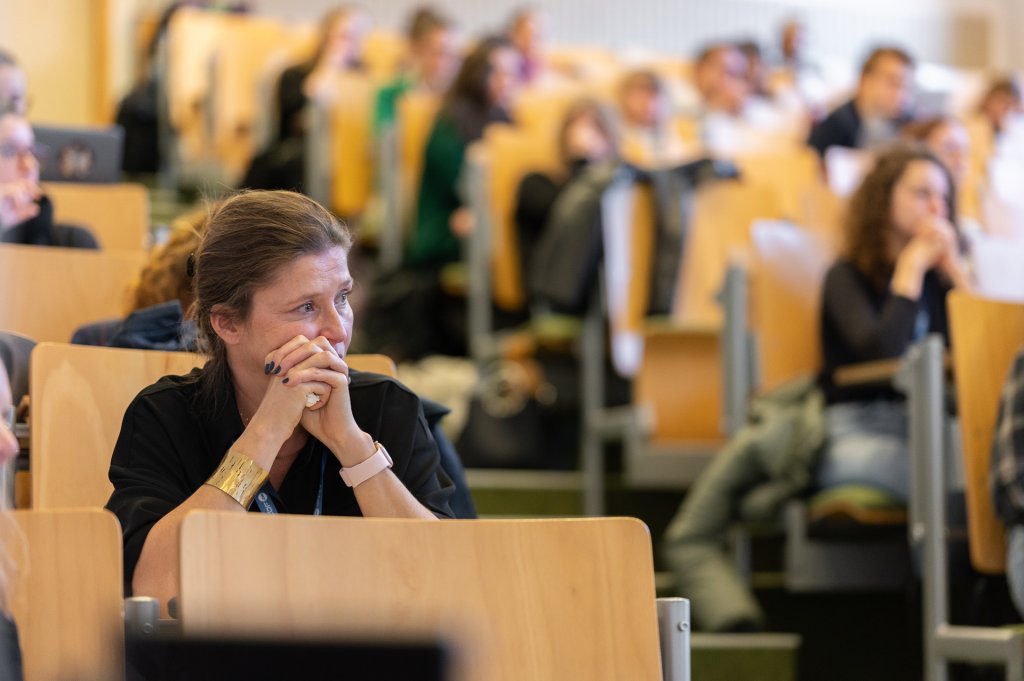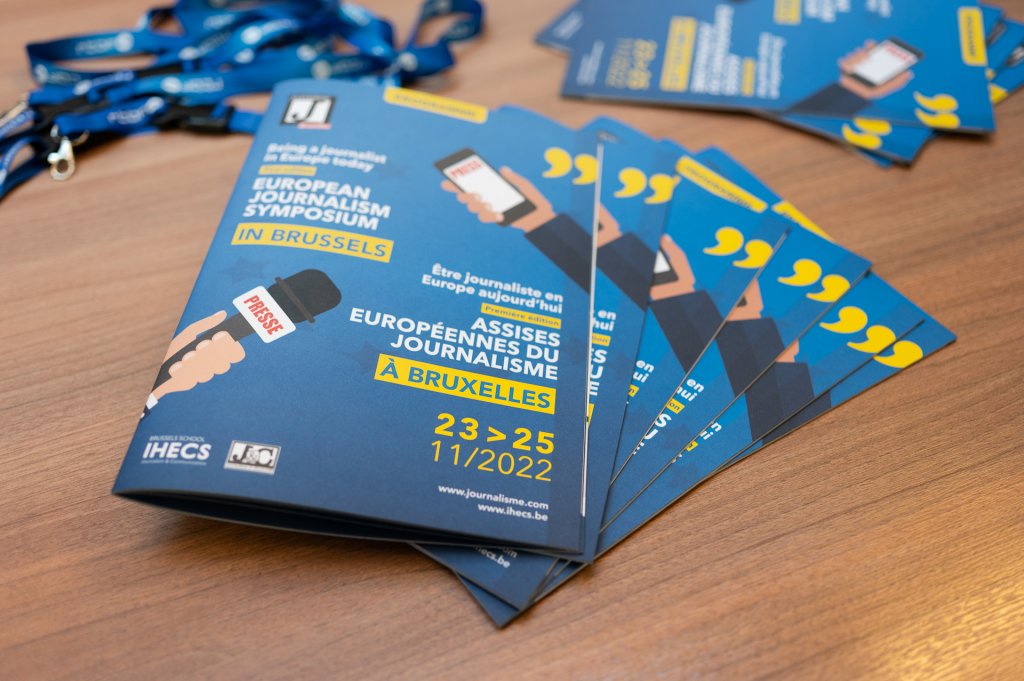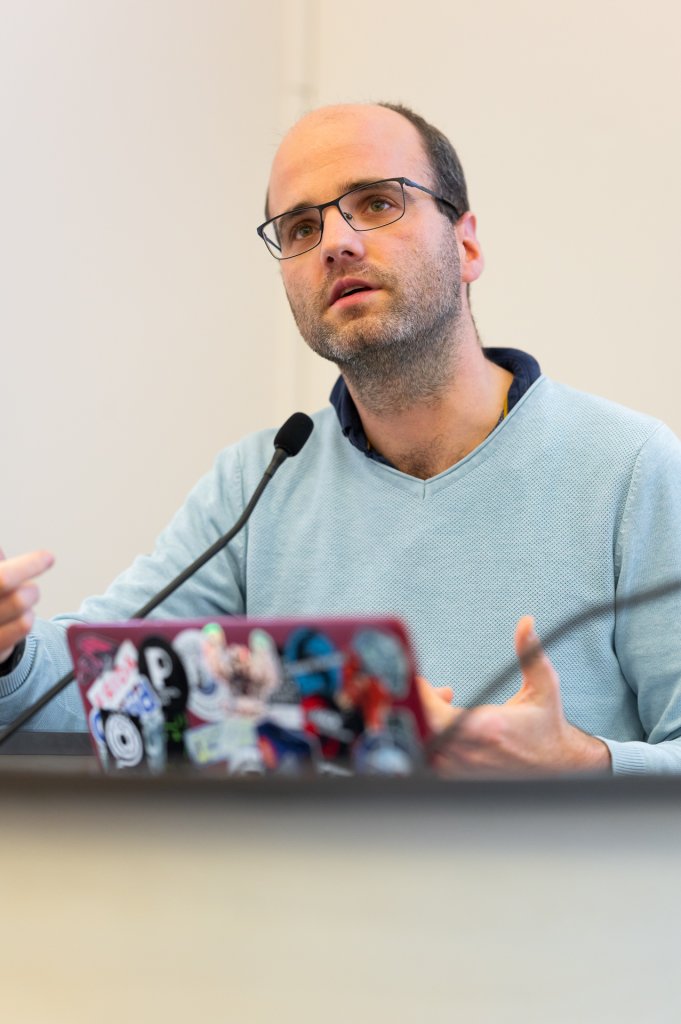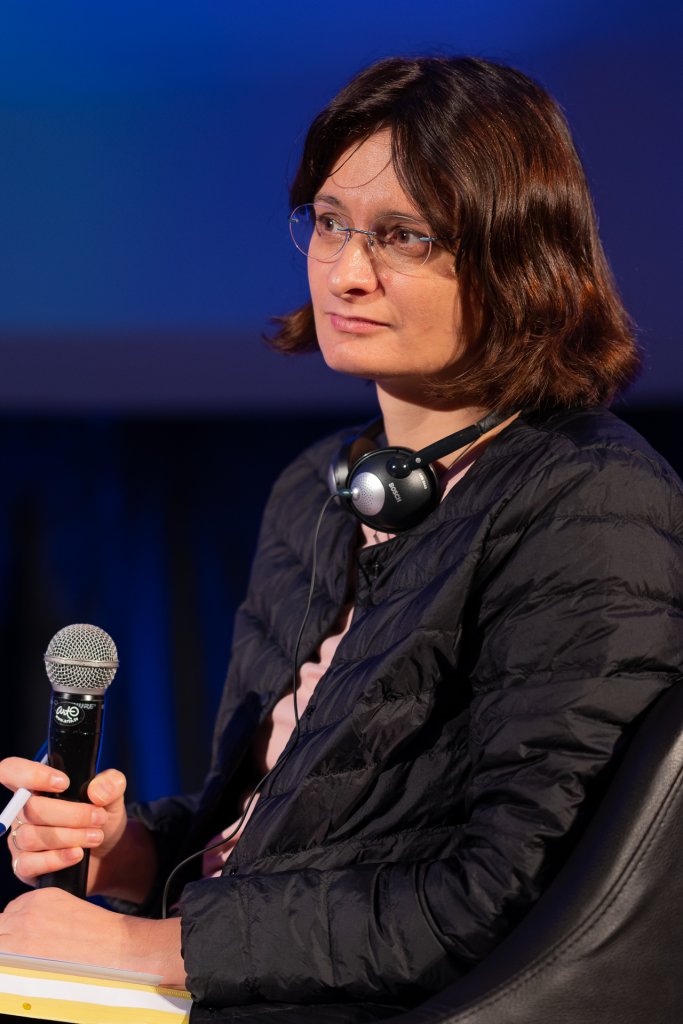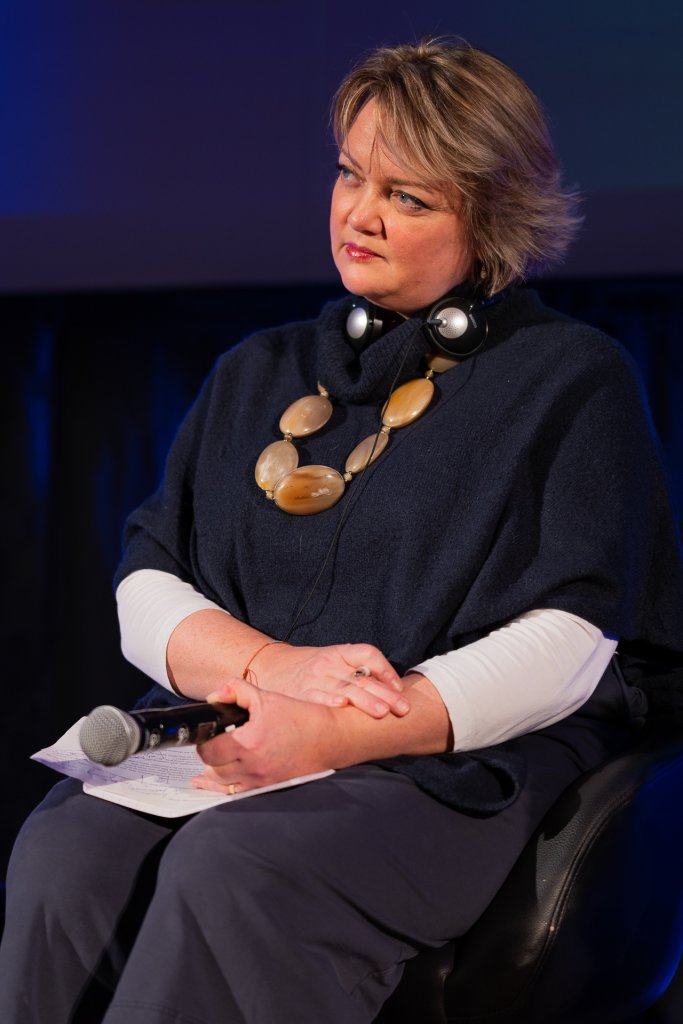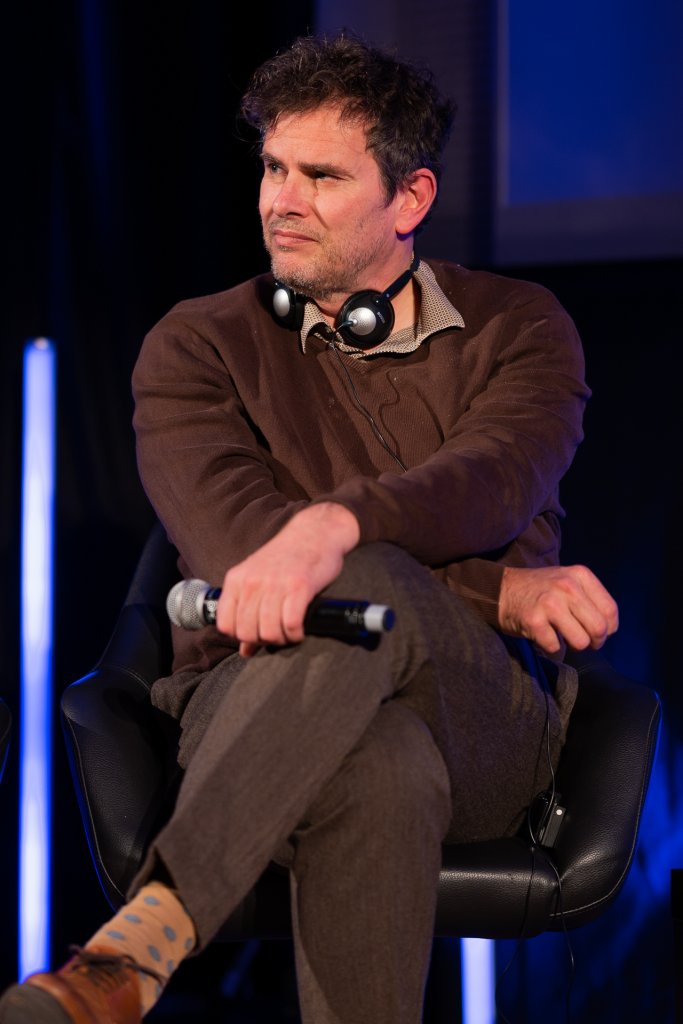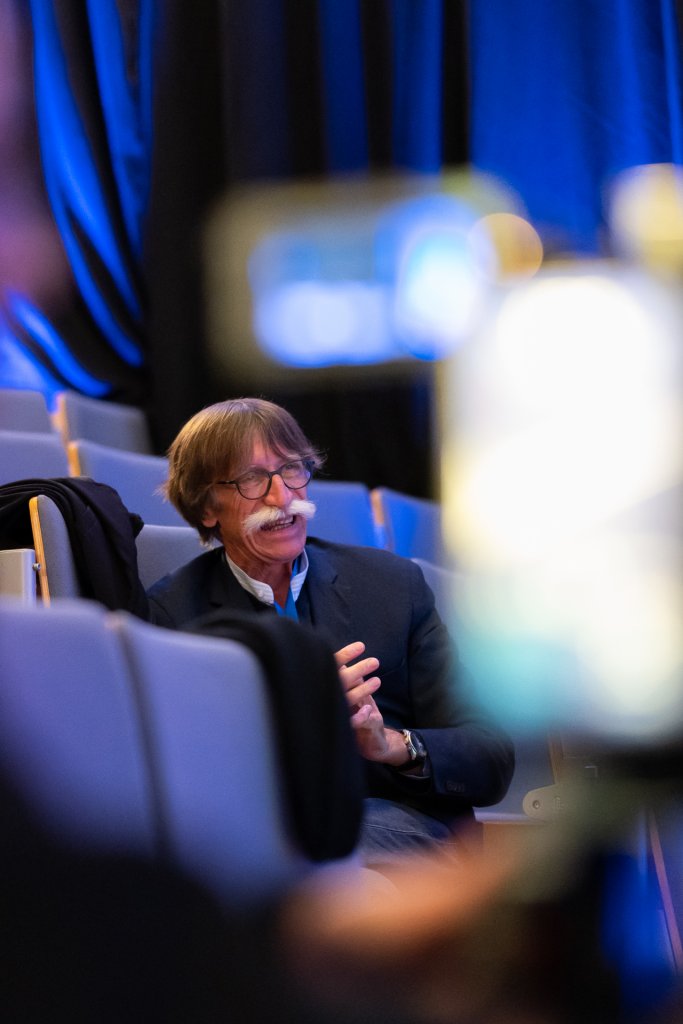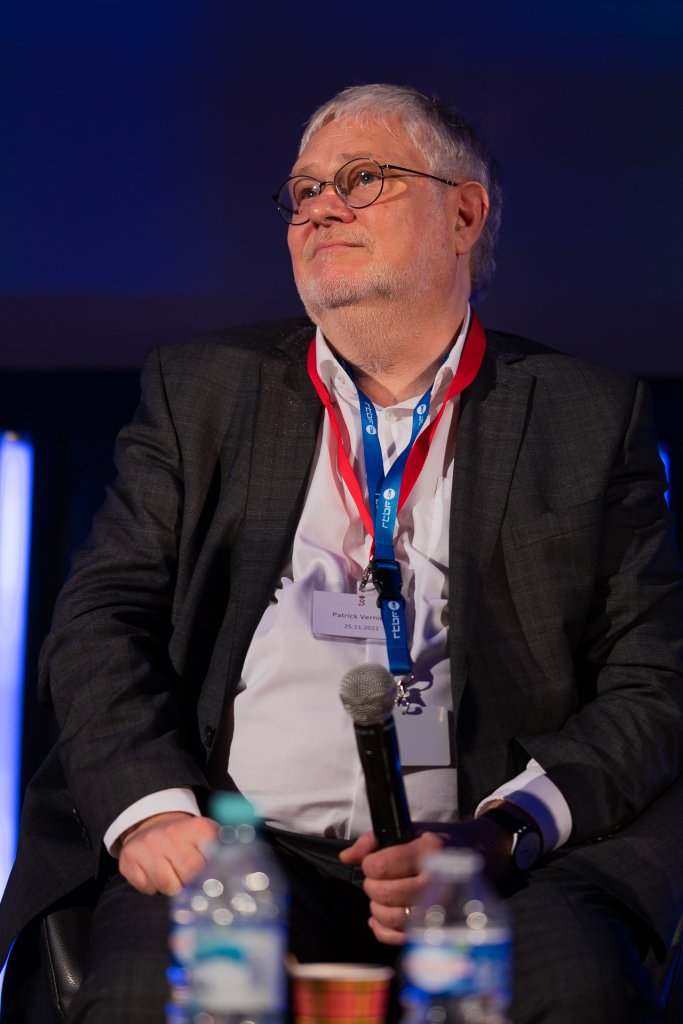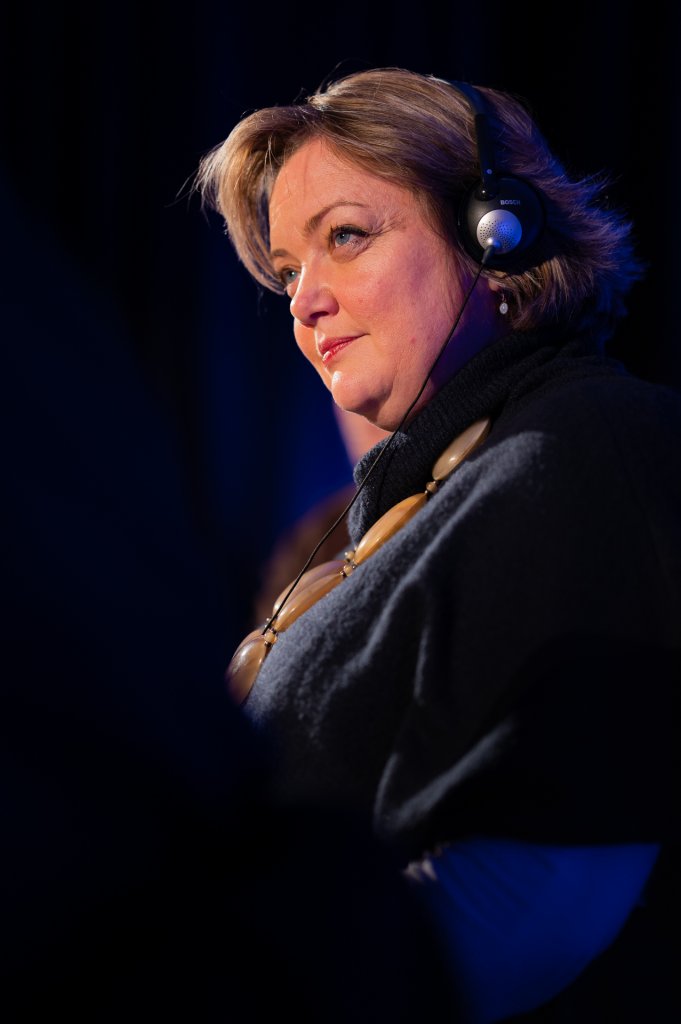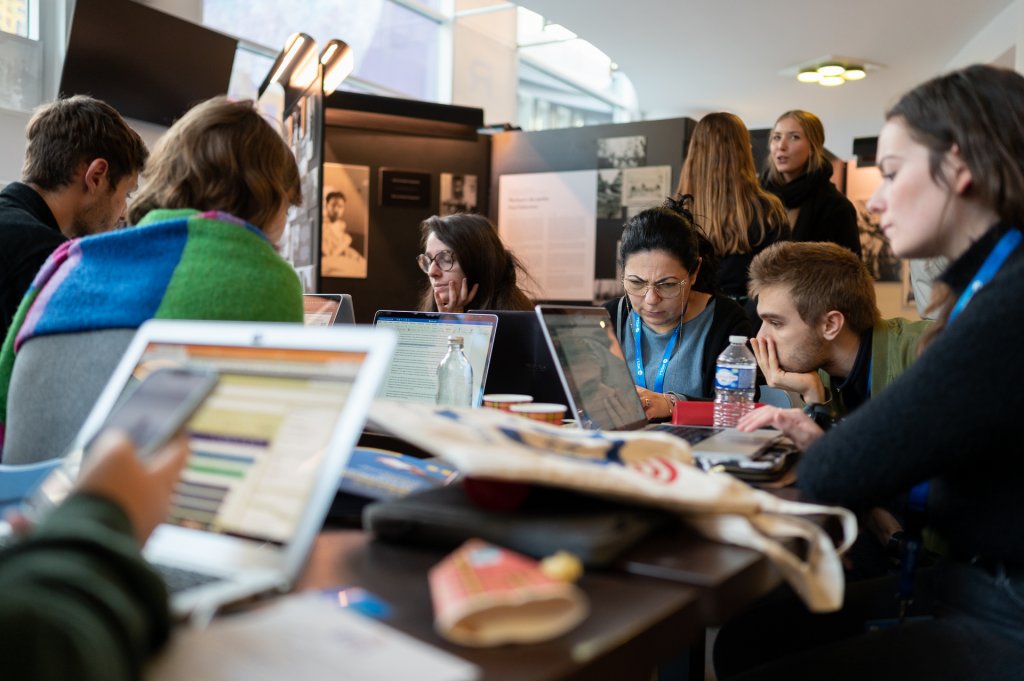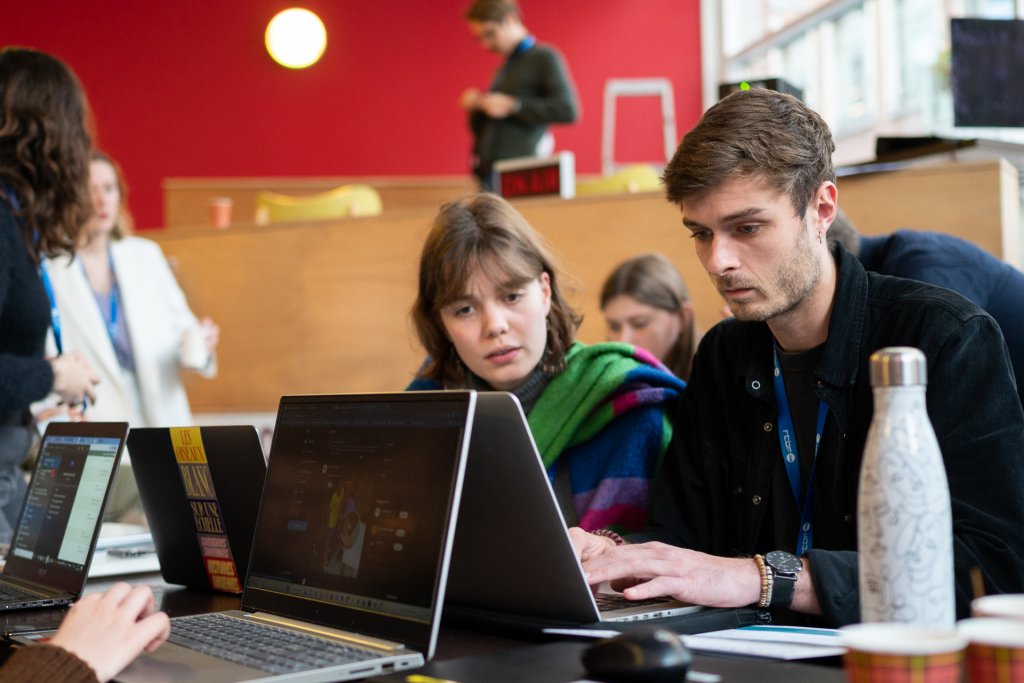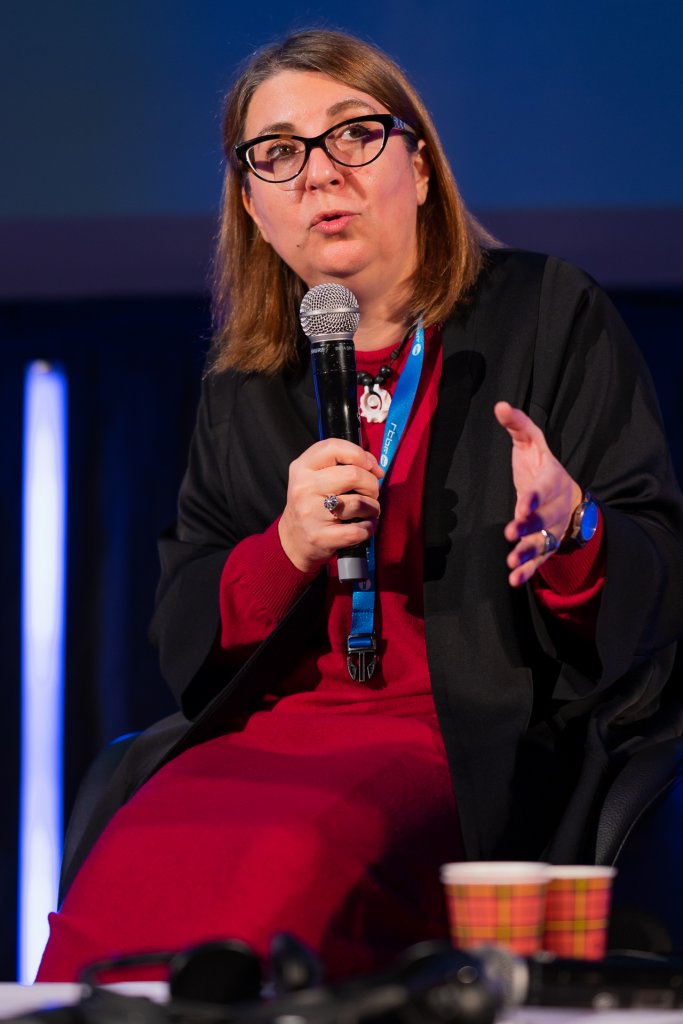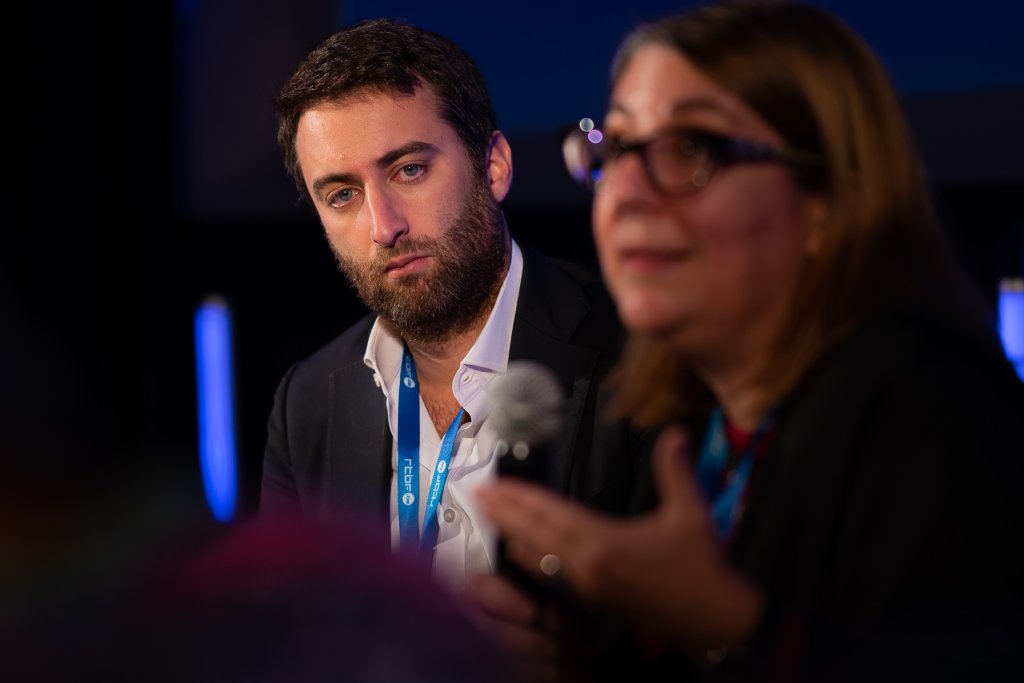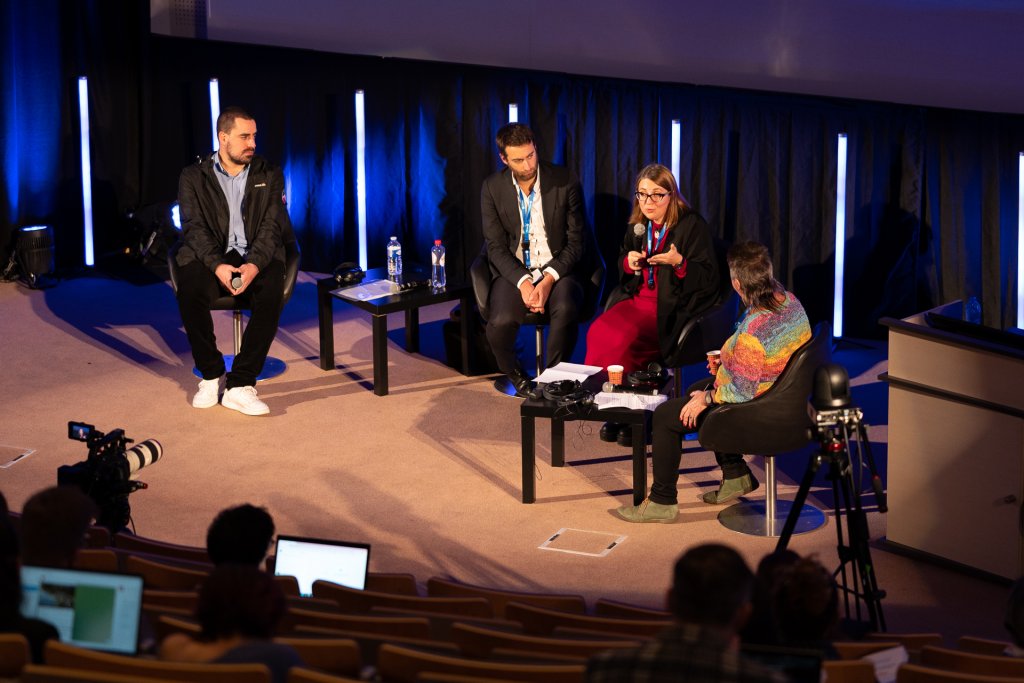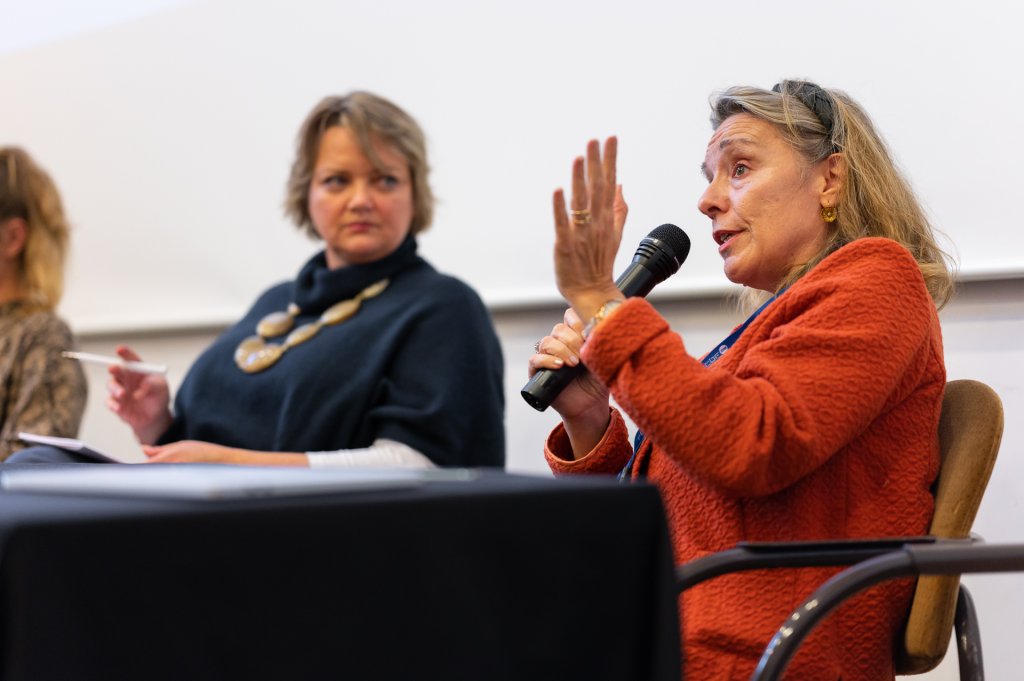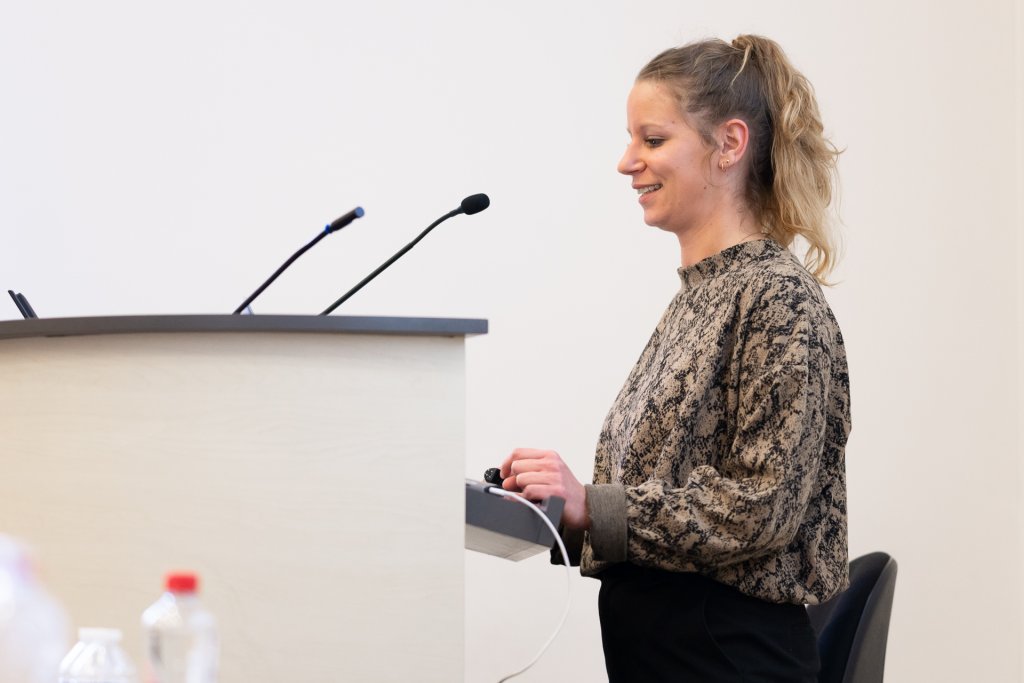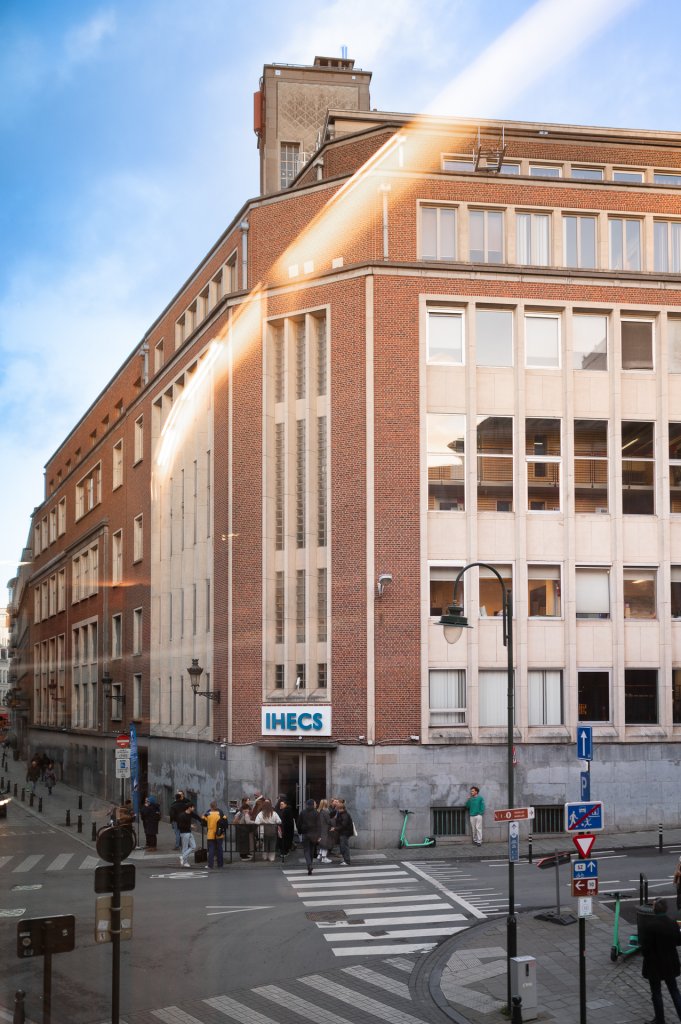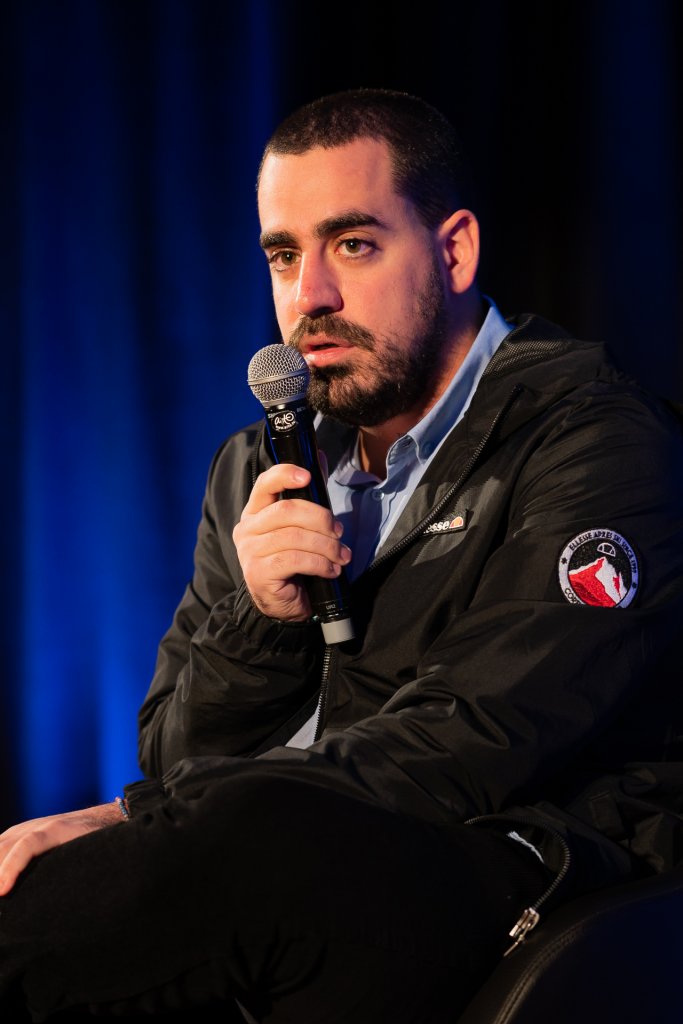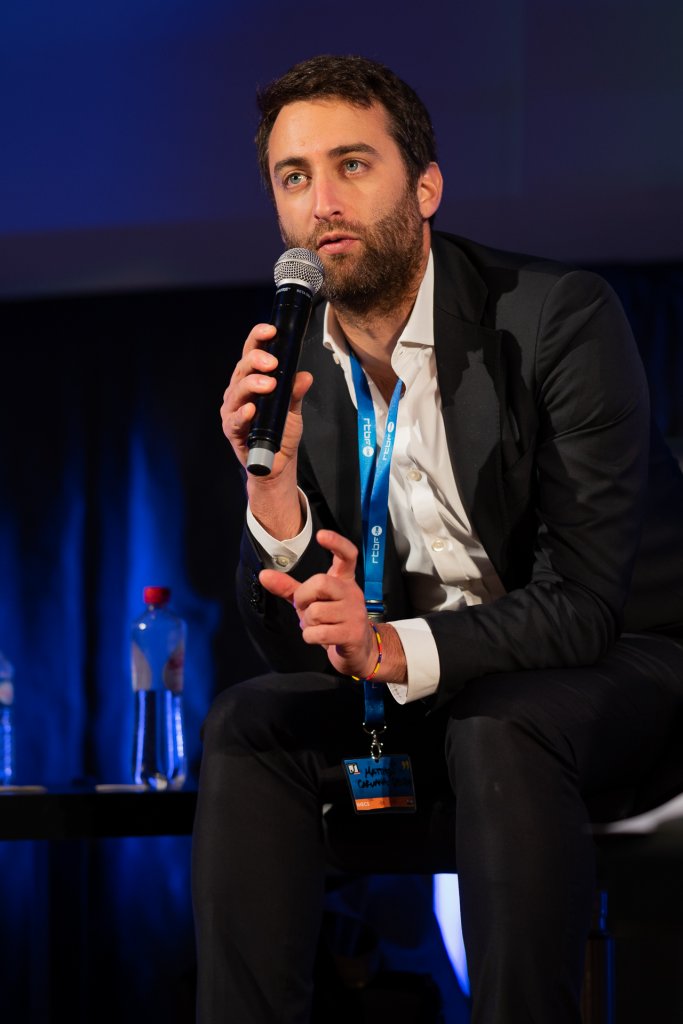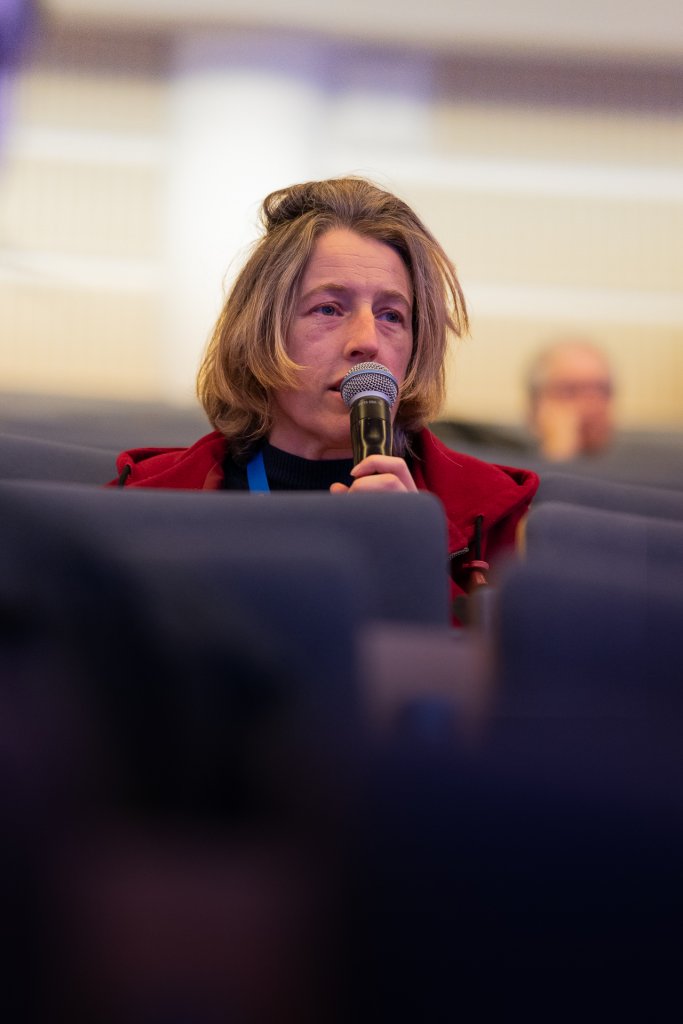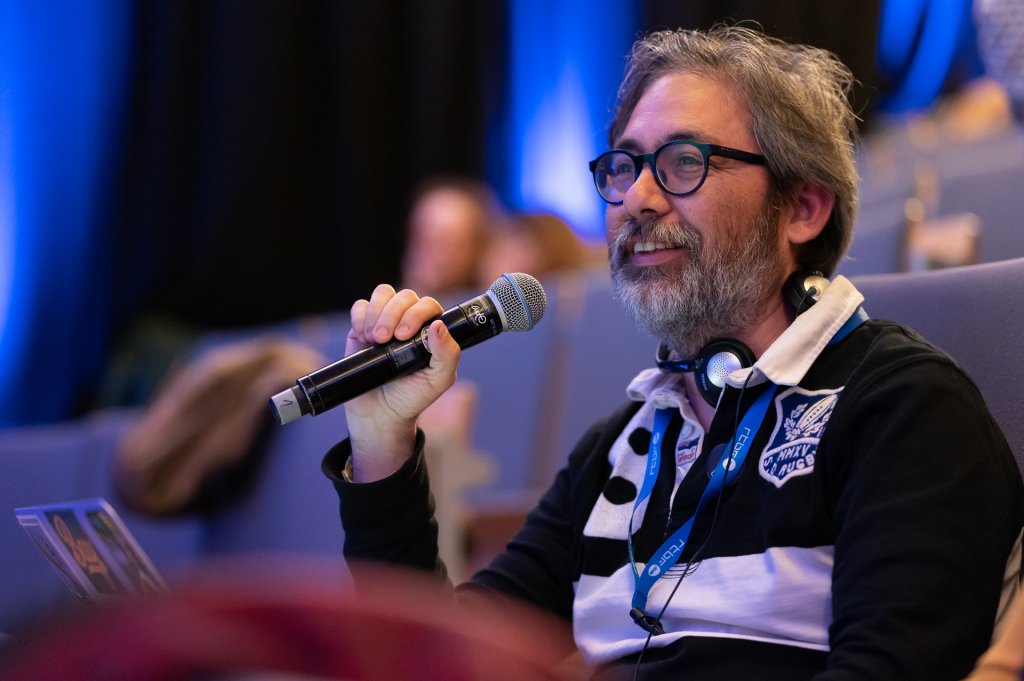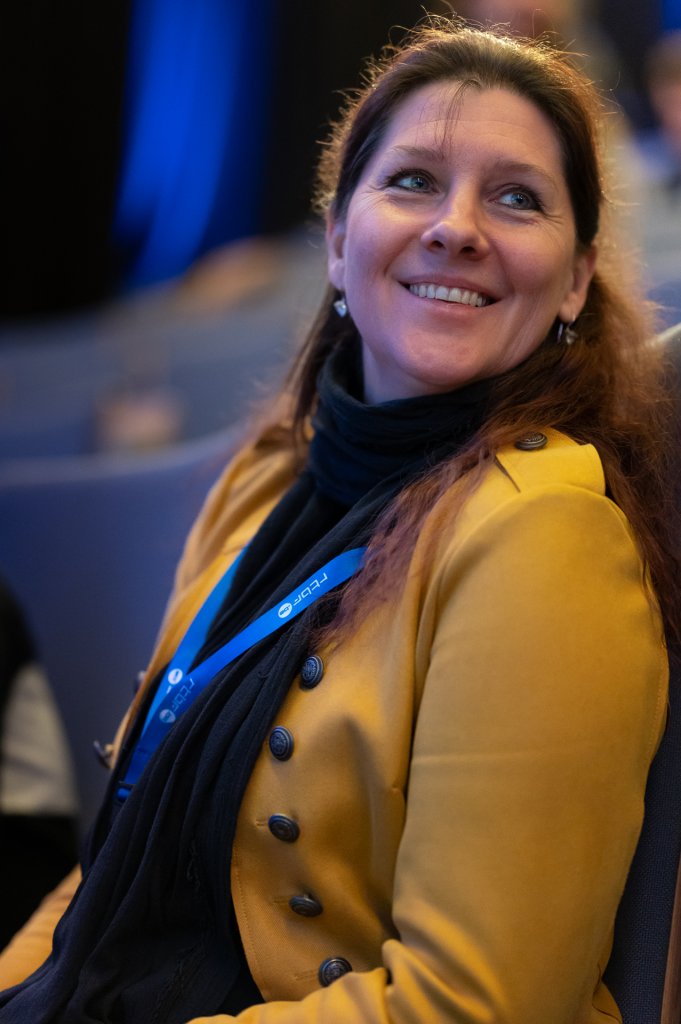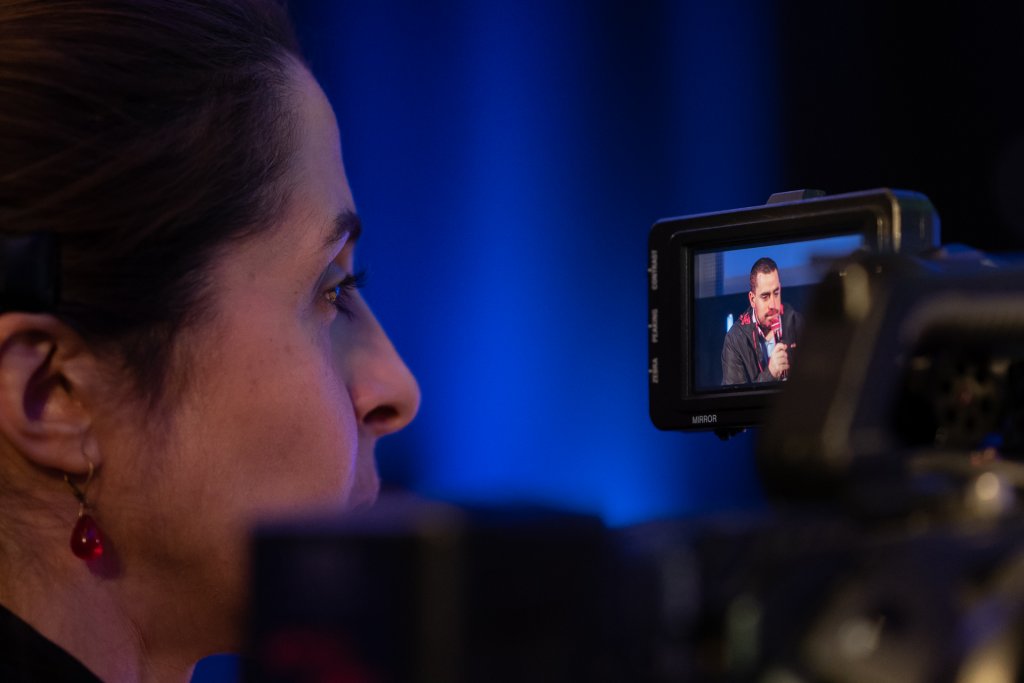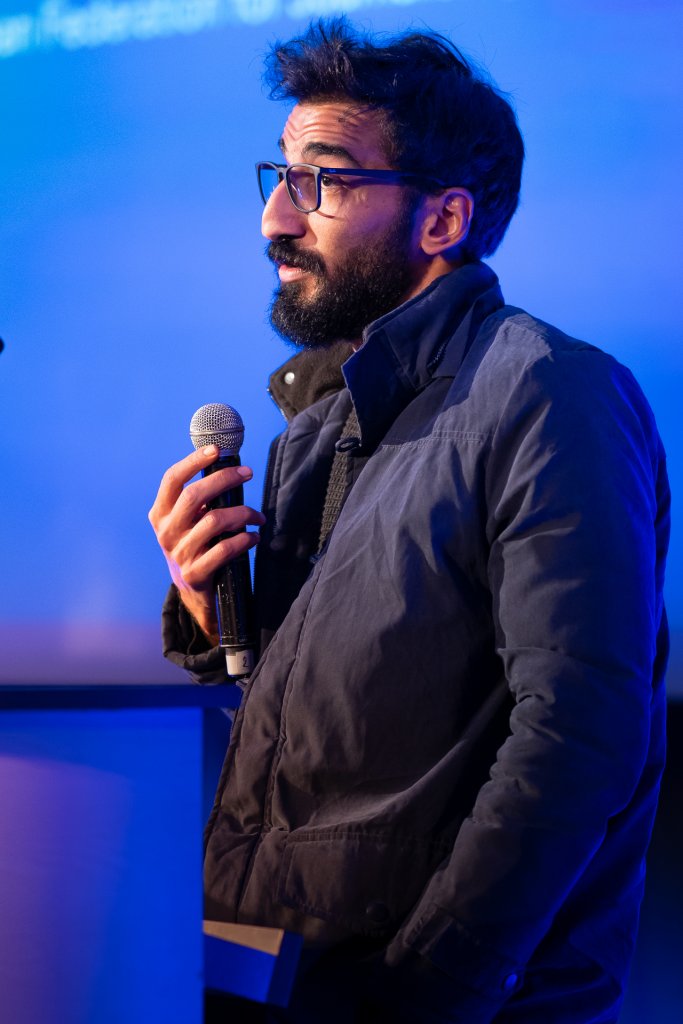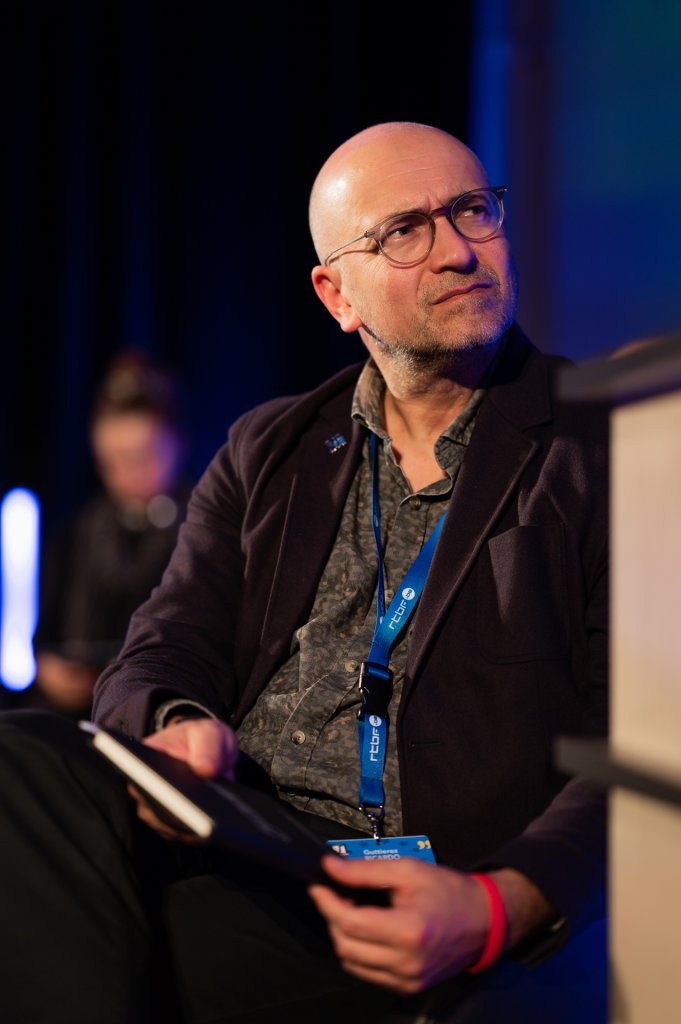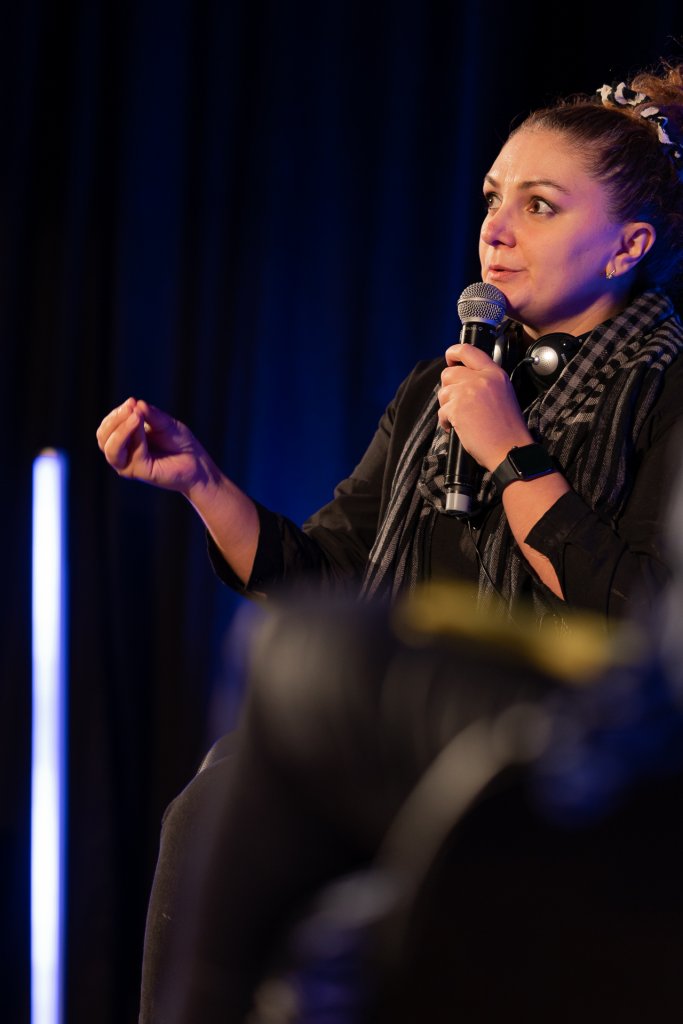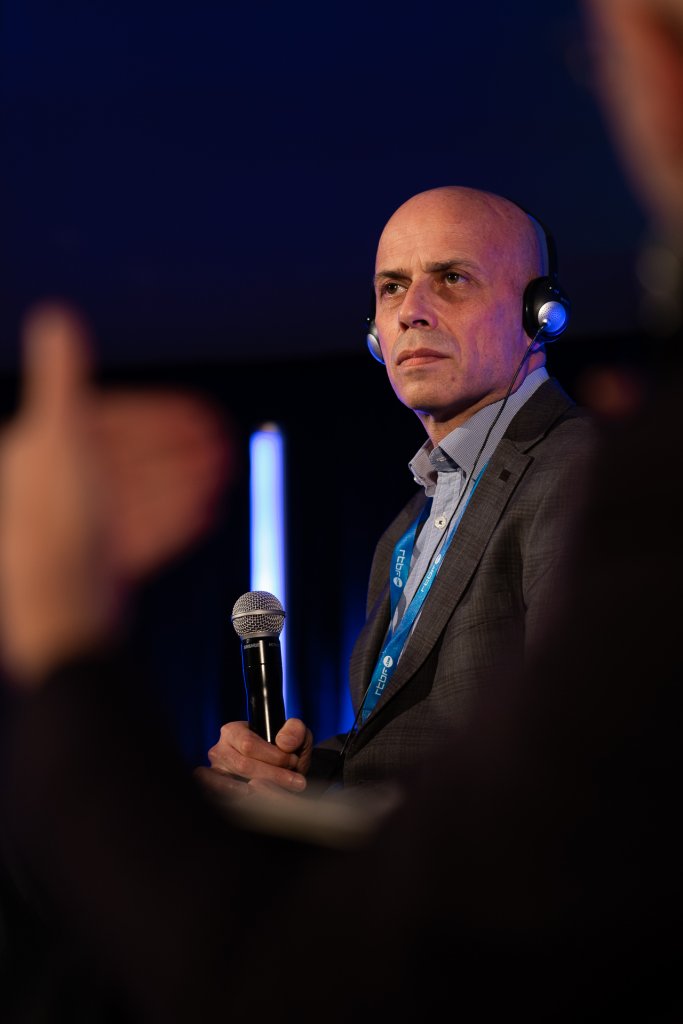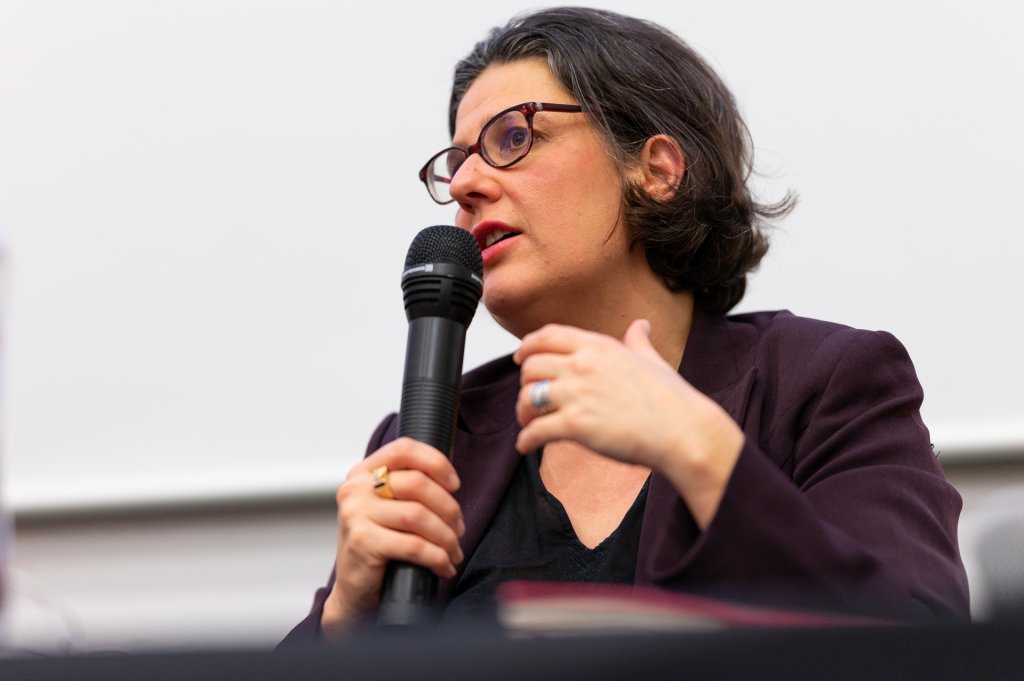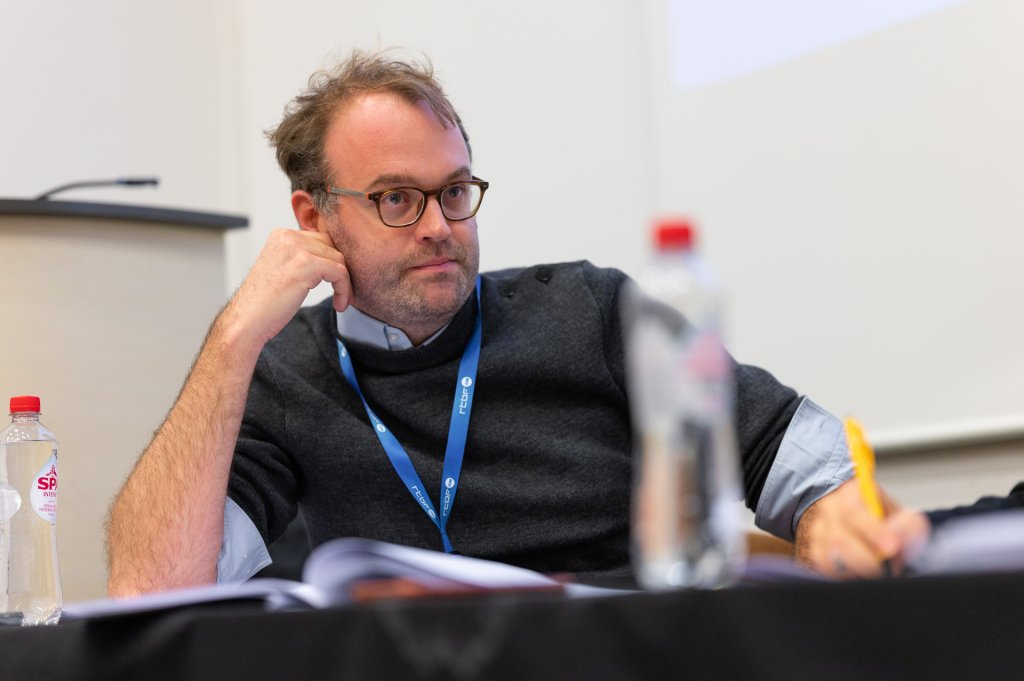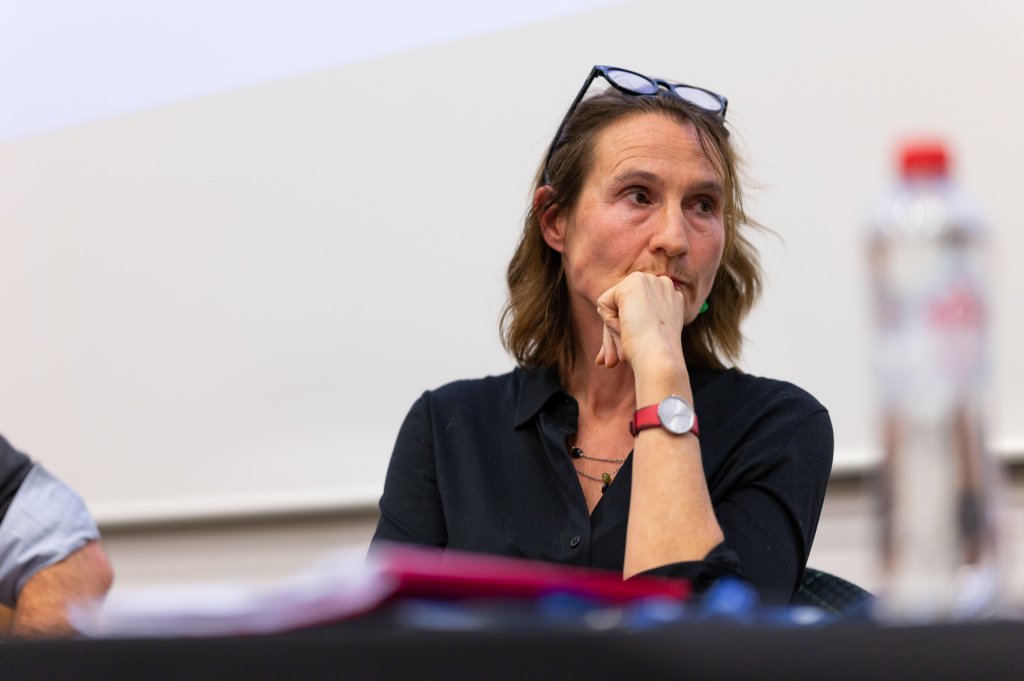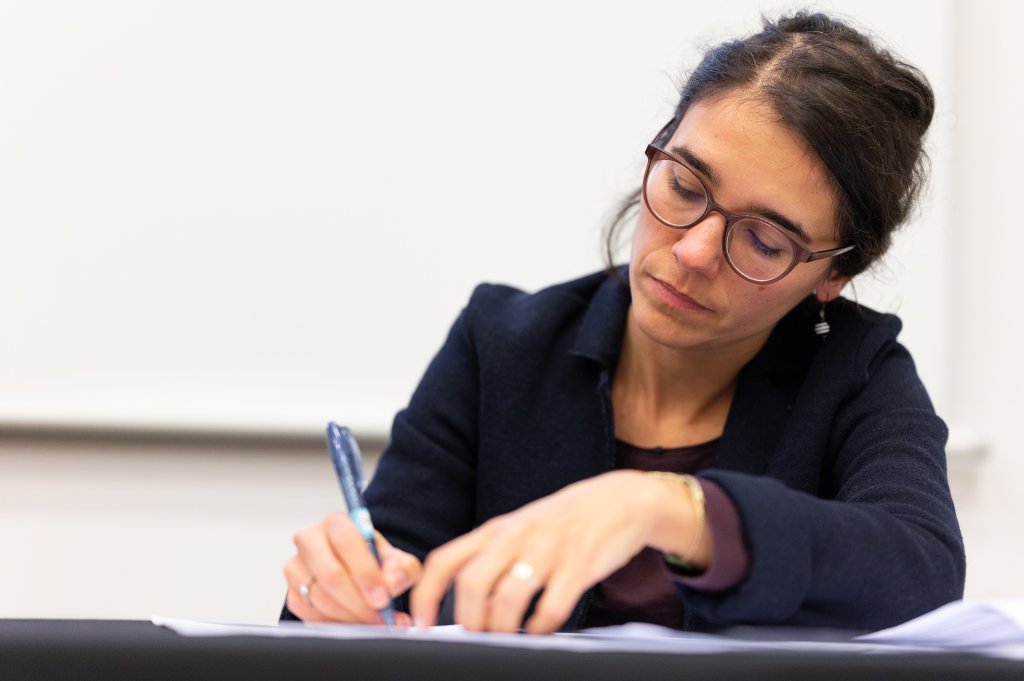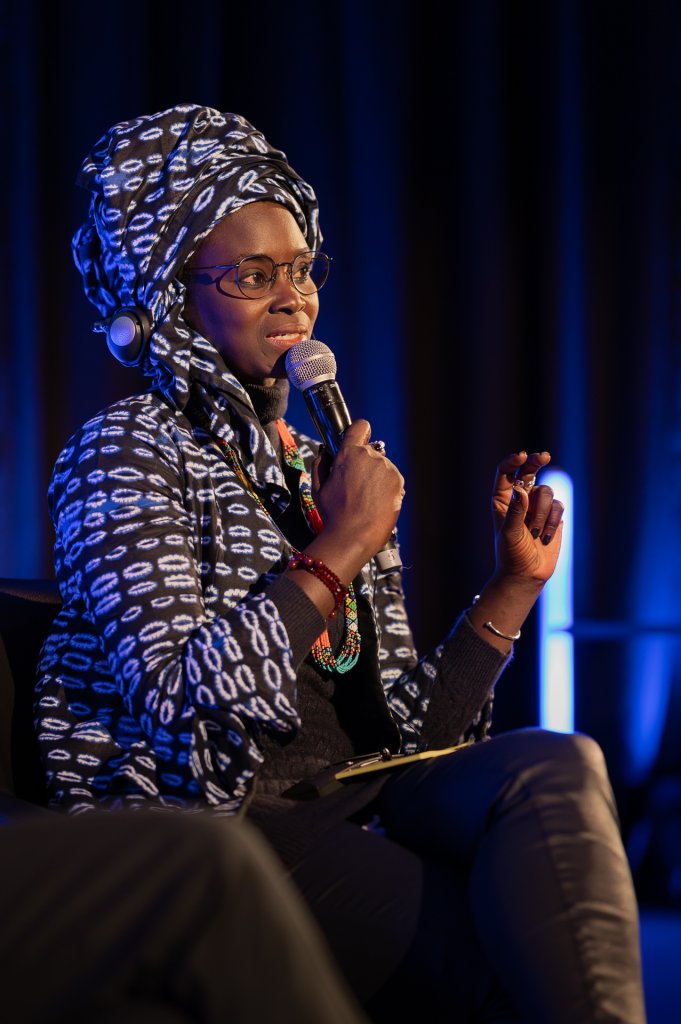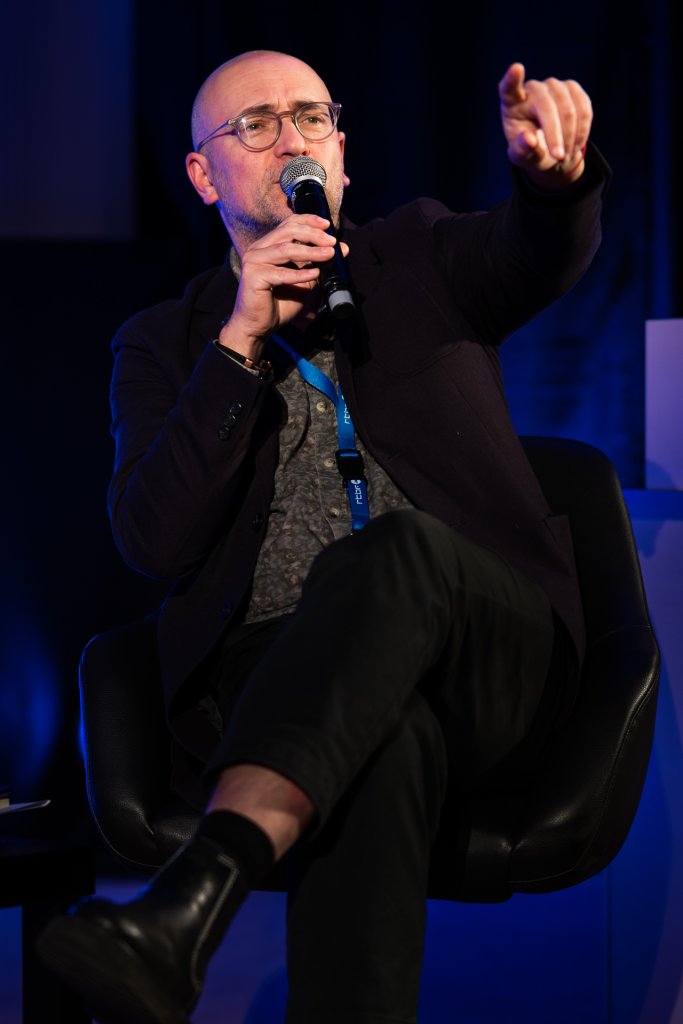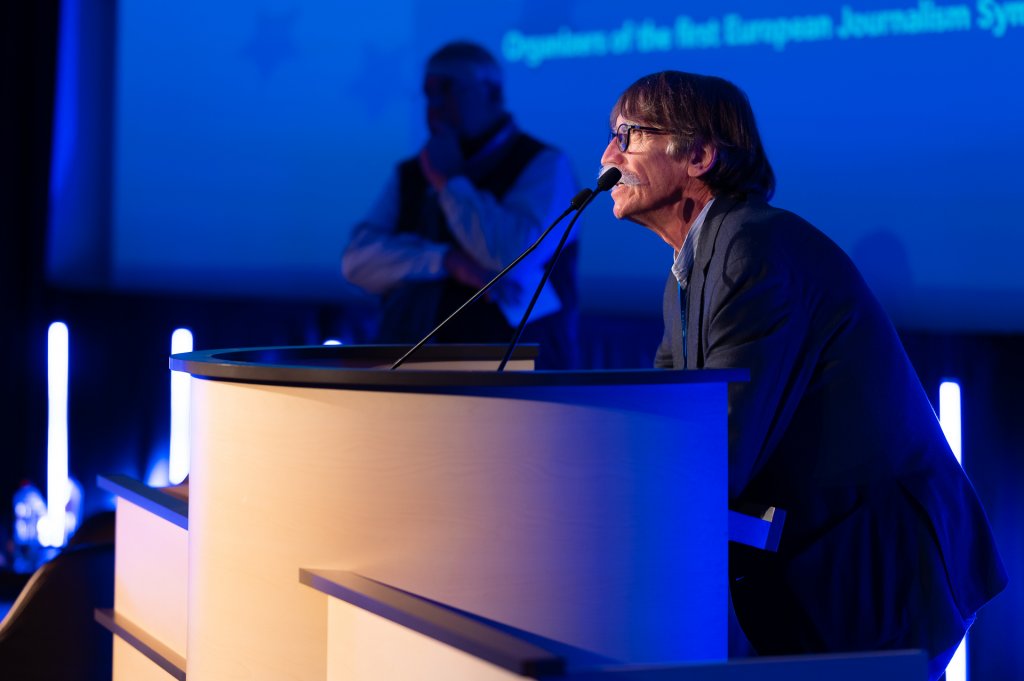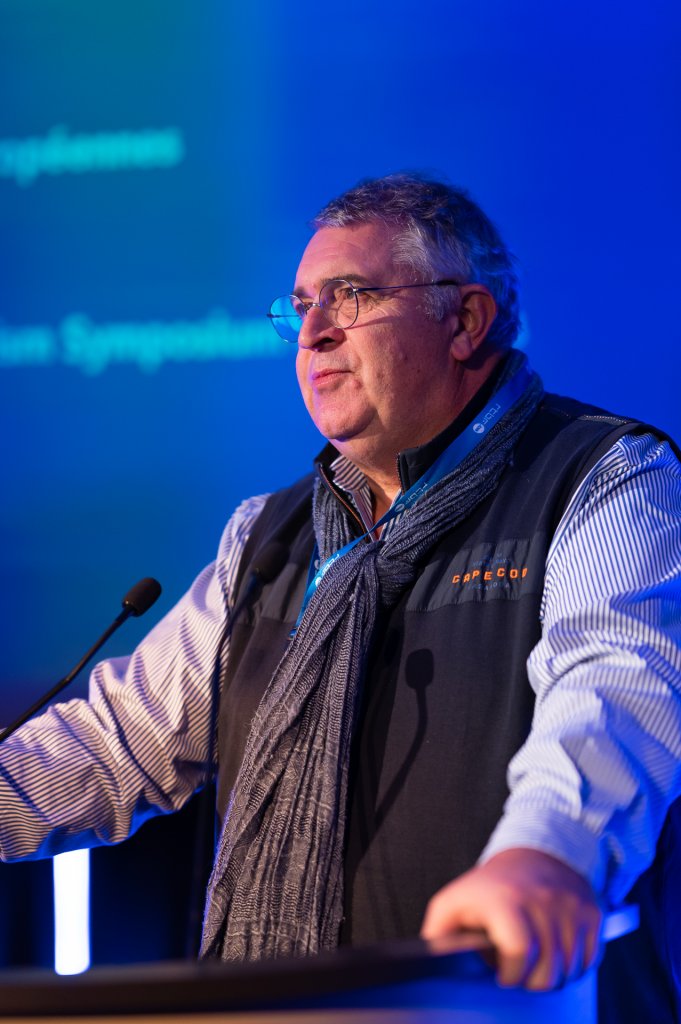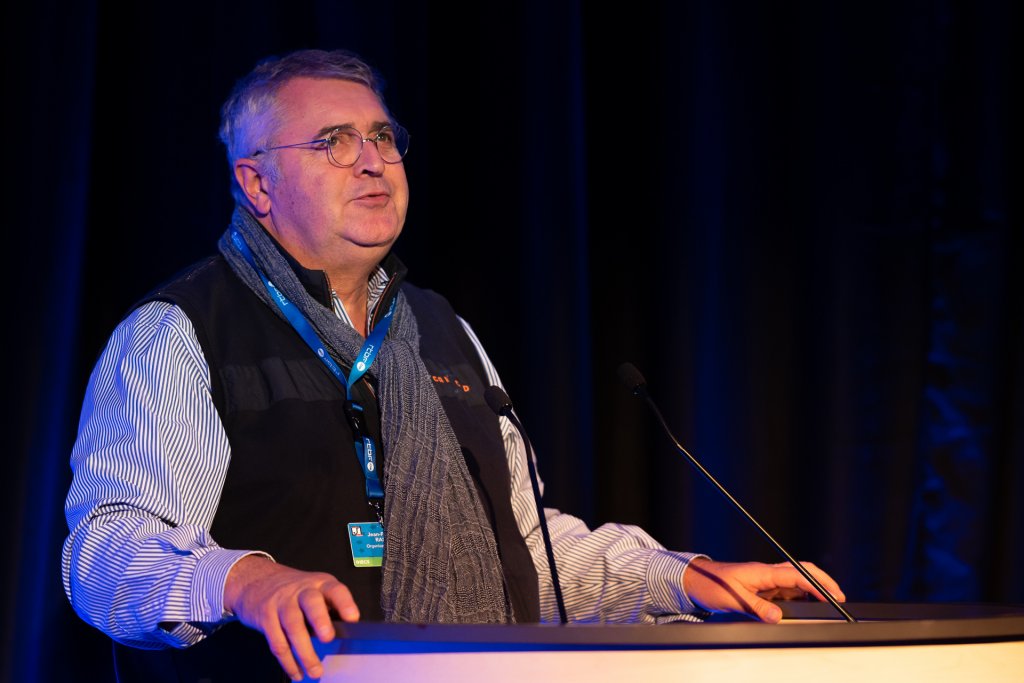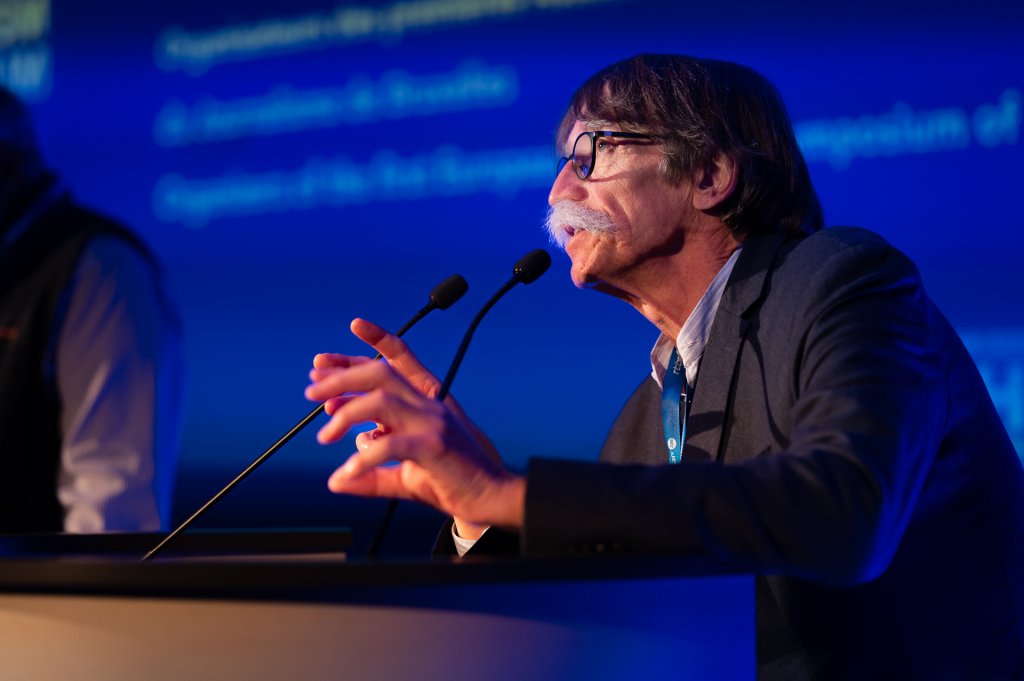Being a journalist in Europe today, a retrospective of the inaugural edition of the European Journalism Conference
IHECS co-organised the inaugural edition of the European Journalism Conference in Brussels together with the association Journalisme & Citoyenneté to bring together media professionals from the 27 Member States of the European Union. This conference had never before been included in the journalism calendar. The thousand participants and numerous European partners involved in this project clearly demonstrate the level of interest and relevance of mutual reflection on the future of our profession. We convened representatives from the 27 EU countries, from all four corners of the continent, hailing from the media, economic, institutional, academic and cultural worlds. There were visitors from Estonia, Slovenia, Denmark, Poland, Hungary, Czech Republic, Cyprus, Croatia and Spain, to name but a few, and they all spoke the same language: journalism.
Adhering to strict specifications, we accommodated the diversity and parity of the speakers in order to discuss all subjects freely, calmly and without hysteria. From now on, European journalism will hold its biennial in Brussels. We are committed to organising the second edition of the Conference in 2024.
This inaugural edition is a partisan affair. We believe in Europe, a continent of peace aqnd progress for its citizens. We also believe that the production and dissemination of free and independent information represents a vital lever within the political project of the European Union.
This conference proved to be an opportunity for the profession to confront civil society and the academic, institutional and economic world and to discuss the formidable challenges of current technological developments. The richness and quality of the discussions, not to mention the reliable and solid attendance by the participants, undoubtedly made it a remarkable success.
Some say that journalism has had its day. That it gets a bad press! The excitement of these two days in Brussels is a clear indicator that we have neither said, nor written, our last word. We shall continue to protect a journalism that is contemporary, aware of political issues and social shifts – journalism at the heart of the reality of our societies that produces documented factual truths to enlighten and nurture public discourse.
We know that in Europe and elsewhere a certain number of colleagues face violence as well as political and economic pressure to provide information and describe the state of the world. We demand respect for Article 11 of the Charter of Fundamental Rights of the European Union, which states that "Everyone has the right to freedom of expression. This right includes the freedom of opinion and the freedom to receive or impart information or ideas without interference from public authorities and regardless of borders."
Today, in the heart of Europe, journalists are the target of strategic lawsuits known as "SLAPP" lawsuits (from the English acronym standing for "Strategic Lawsuit Against Public Participation"). We remind everyone that freedom of expression is a right dear to Europeans. We call on European politicians not to turn a deaf ear or a blind eye to these human rights abuses.
We dedicated a special evening to the extraordinary work performed by those reporting on the war in Ukraine. May they be thanked and offered support. They are a credit to our profession. Their courage and self-sacrifice show us the extent to which the paths of freedom are paved with danger. Every year, journalists are shot, imprisoned or taken hostage. These dramas represent an onerous but invaluable contribution to the democratic development of our societies. We call on public authorities to take action to free journalists imprisoned or currently held hostage. We demand that journalists be protected, both physically and online, as part of their mandate.
We also discussed daily life at our newsrooms here in Europe, covering specific local conditions, things we share in common and feedback relating to experiences. One person’s problem is another person’s solution. There is, however a common denominator – the profession is on the move! The success of our media companies depends on the commitment of our audiences and the investment and professionalism of our teams, but also, and above all, on the sustainable economic models that guarantee our independence. We raised these issues at the discussion on the Media Freedom Act. We must protect the profession from ongoing predations.
Throughout Europe, new experiments are seeing the light of day, younger generations are reinventing ways of doing things, technical advances are opening up fresh perspectives, relationships with audiences are changing and a journalism marked by solutions and structures is taking hold within newsrooms. Economic models are experiencing a transformation and new players are emerging to consolidate projects. In short, journalism, like all professions, is adapting to the times, without losing sight of its fundamental DNA.
This is an era rife with fake news, where opinions are conjured into truths, where nuance and doubt are heckled by certainties and injunctions. The role of the journalist is even more important, because by publishing verified and verifiable information, it represents one of the essential assurances by which public confidence may be forged. This is one of the factors worth remembering from the media treatment during the Covid-19 pandemic. We believe that our role, more than ever, is to provide reliable, accredited information on a daily basis, based on facts and expertise through in-depth analyses.
As a warning to our profession, we encourage our editorial staff to reflect the reality of our societies and to advocate heterogeneity. We need to place more trust in the younger generations. We must open the doors of our newsrooms to the new faces among European society. We must also allow the voice of all minorities to be heard in the public debate and give them more visibility. We must fight sexism and harassment in our media. Addressing climate issues requires genuine commitment. We must continue to expand our influence so as to offer ourselves as a role model to society.
Ultimately, it is a question of continuing our struggles for freedom of expression, freedom to publish, freedom to inform, in complete transparency and independence, for information that is ever more accessible to European citizens. Because information is a public commodity.
Photos : Be Culture
